I visited Germany quite a few years ago when I was at school. I went to Germany on a history school trip to learn more about World War 2. I am hoping to visit Germany soon to see more of the country, I have Munich high on my list and visit their beautiful Christmas markets.
Intro & Culture
Germany is a Western European country with a landscape of forests, rivers, mountain ranges and North Sea beaches. It has over 2 millennia of history. Berlin, its capital, is home to art and nightlife scenes, the Brandenburg Gate and many sites relating to WWII. Munich is known for its Oktoberfest and beer halls, including the 16th-century Hofbräuhaus. Frankfurt, with its skyscrapers, houses the European Central Bank.
CURRENCY
In Germany, the main currency is Euros. I took quite a few Euros when I visited on my school trip. I usually use my Monzo card when purchasing things. I use Monzo which is an app based bank account and contactless card (there are lots of similar ones to choose from though). It also alerts you once you’ve used the card and gives you the current exchange rate on purchases too.
Download the app “Currency Plus” to get currency conversions on the go. It updates daily and when connected to WiFi or Network to give you the latest conversion and you can have multiple currencies shown in one go.
Download here: Apple App Store // Google Play Store
LANGUAGE
In Germany, they speak English and obviously German. If you know a little German, it really does go a long way. Even knowing Hello, Thank you and Please – it really does help. Below are some phrases to help you get by and to remember.
- Hello – Hallo
- Goodbye – Auf Wiedersehen
- Good Day/Good Afternoon – Guten Tag
- Good Night – Gute Nacht
- Thank you – Dankeschön
- Thanks – Danke
- Yes – Ja
- No – Nein
RELIGION
Christianity is the largest religion in Germany, and was introduced to the area of modern Germany with the conversion of the first Germanic tribes in the 4th century. The area became fully christianised by the time of Charlemagne in the 8th and 9th centuries.
After the reformation started by Martin Luther during the 16th century, a significant part of the population had a schism with the Catholic Church and became Protestant, mainly Lutherans and Calvinists.
Nowadays around 60% of the population identifies as Christian with about half of those being Roman Catholic, stronger in the southern and the western part of the country, half belonging to the Evangelical Church of Germany.
TIMEZONE
Germany are in the timezone Central European Time (UTC+01:00) and Central European Summer Time (UTC+02:00).
CUISINE
Food and eating out in Germany is amazing. There are so many different restaurants which cater for different cuisines and tastes everything from Indian, Italian and American etc.
Budget Tips
Suggested Daily Budget – 50-60 EUR / 52-62 GBP (Note: This is a suggested budget assuming you’re staying in a hostel, eating out a little, cooking most of your meals, and using local transportation. Using the budget tips below, you can always lower this number. However, if you stay in fancier accommodation or eat out more often, expect this to be higher!)
01. Get the Menu of the Day or Meal Deal – Buying a meal deal or from the menu of the day will help you save a little when buying food in a cafe or restaurant.
02. Use public transport only when needed – Walking saves the pennies and keeps you active. There is nothing better than getting active and seeing the location you’re staying in.
03. Drink the local beer – if you are a beer lover, definitely drink the local beer. It will be cheaper than imported beers and what’s better than trying the local brew.
04. Share a hotel or hostel room if possible – There is nothing worse than forking out for one room by yourself. To save money definitely share a hotel room with a friend or book into a hostel.
Travel Tips
VISAS
You do not need a visa to visit Germany, but you may need to fill in an immigration card.
Check if you need a Visa or other documentation here…
With iVisa, all of your travel document requirements are all in one place. They help give you that piece of mind when checking you have everything you need to enter a country without any hassle.
You can apply for everything from visas, tourist cards, invitation letters and health declaration forms for COVID-19 differently from their website. It’s very quick and easy to use and they are very fast at processing your applications, some things can even be FREE for whichever travel document you need. You can even pay for speedy processing and delivery if you are in a rush.
INJECTIONS
You do not need any injections to visit Germany.
READ MORE: A Guide to Vaccinations And Visas Around The World
CAPITAL/CITY
The capital of Germany is Berlin. The main cities in Germany are Berlin, Dusseldorf, Munich, Frankfurt, Cologne, Hamburg and many more.
ACCOMMODATION
There are so many hotels to book in Germany. These can vary from major hotel chains, AirBnB’s, homestays or hostels. Make sure you check out AirBnB and also TripAdvisor for booking your hotel or hostel.
ACCOMMODATION I’VE STAYED IN
- • Amstel House Hostel, Berlin

EXPLORE GERMANY
DRIVING
It will be quite easy to drive in Germany and Europe in general. The roads are all similar across Europe so it will be really easy to adjust to driving. We didn’t drive but there are plenty of car hire offices around, especially at the airport. We mainly used the trains, metro and walked to places we wanted to get to.
FLIGHTS
Flights to Germany can be from any major city across the world or from having a stopover in a major city if you are coming from somewhere smaller. Be sure to search Skyscanner to find your best time to fly to Germany or any other airport you are flying to. I flew with Ryanair from London Luton to Berlin Tegel Airport.
PUBLIC TRANSPORT
We used quite a bit of public transport whilst in Berlin, which was very easy to get around and use. We also walked quite a bit as well to get to the different attractions.
Packing Tips
WHAT TO WEAR
It was quite cold when I visited Berlin, so I wore mostly winter clothes and a warm coat. It will depend on what time of year you visit.
WEATHER
The weather in Germany is quite mixed. During the colder months it can be quite cold and wet, whilst during the warmer months the weather can be amazing and sunny.
Activities
THINGS TO SEE & DO
There are so many things to do in Germany depending on where you visit and what you are interested in. I have visited Berlin and I went to most of the famous World War museums and memorials.
HIGHLIGHTS OF GERMANY
- • Plotzensee Prison/Concentration Camp, Berlin
- • Memorial of the Jews, Berlin
- • Berlin Wall, Berlin
- • Topography of Terror, Berlin
- • Alexanderplatz, Berlin
- • Brandenburg Gate, Berlin
SAVE THIS TRAVEL GUIDE FOR FUTURE USE…

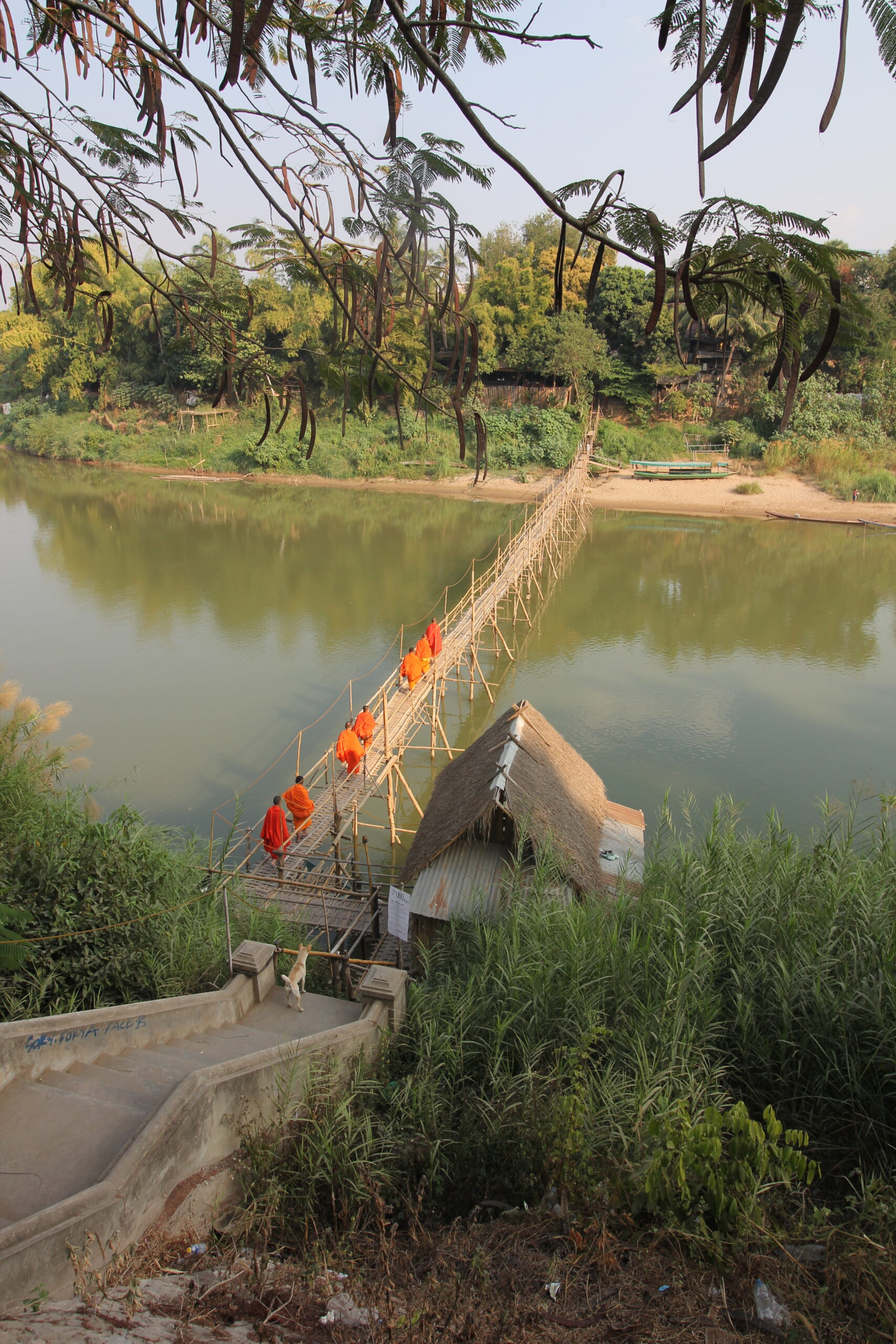

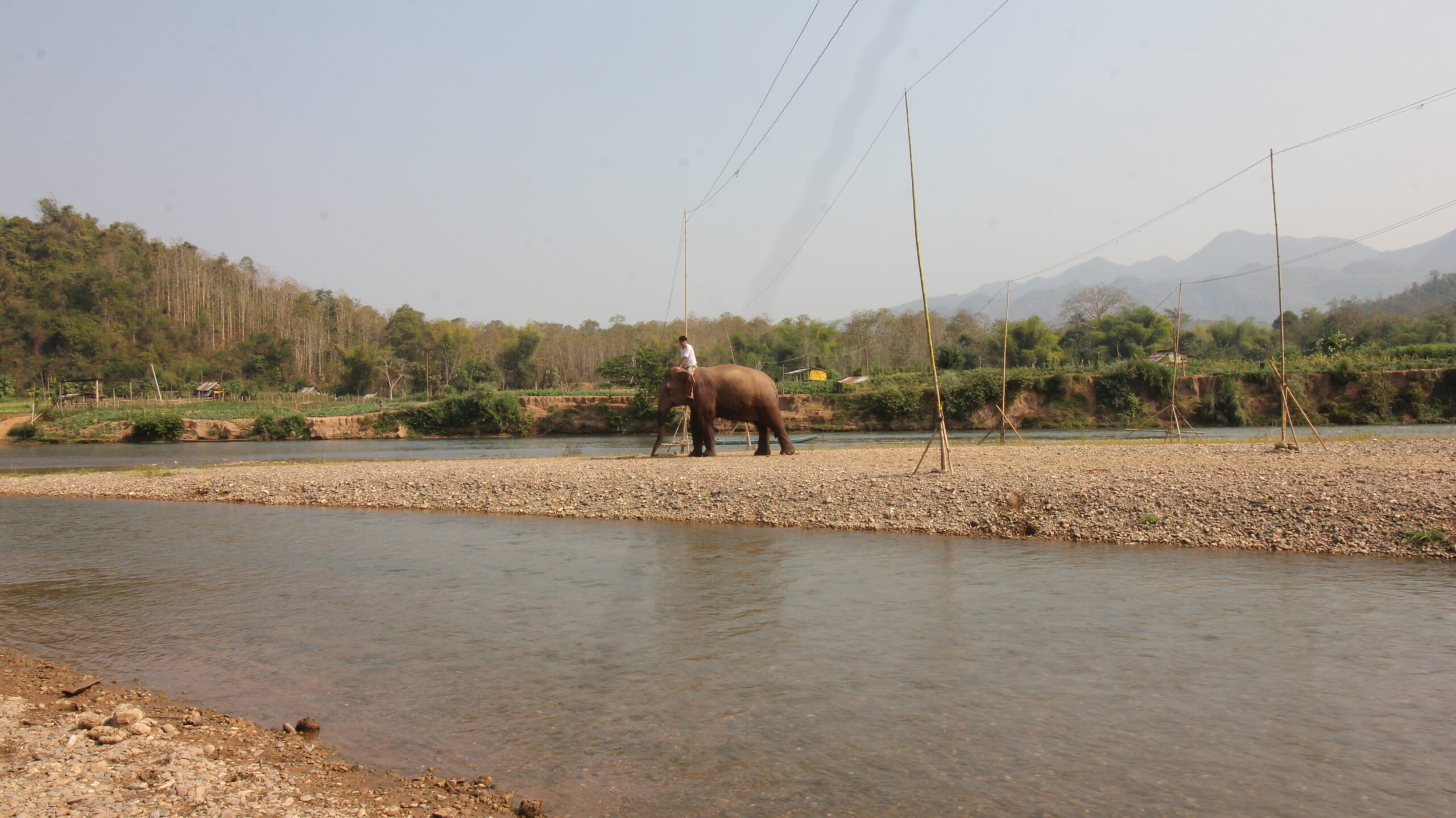
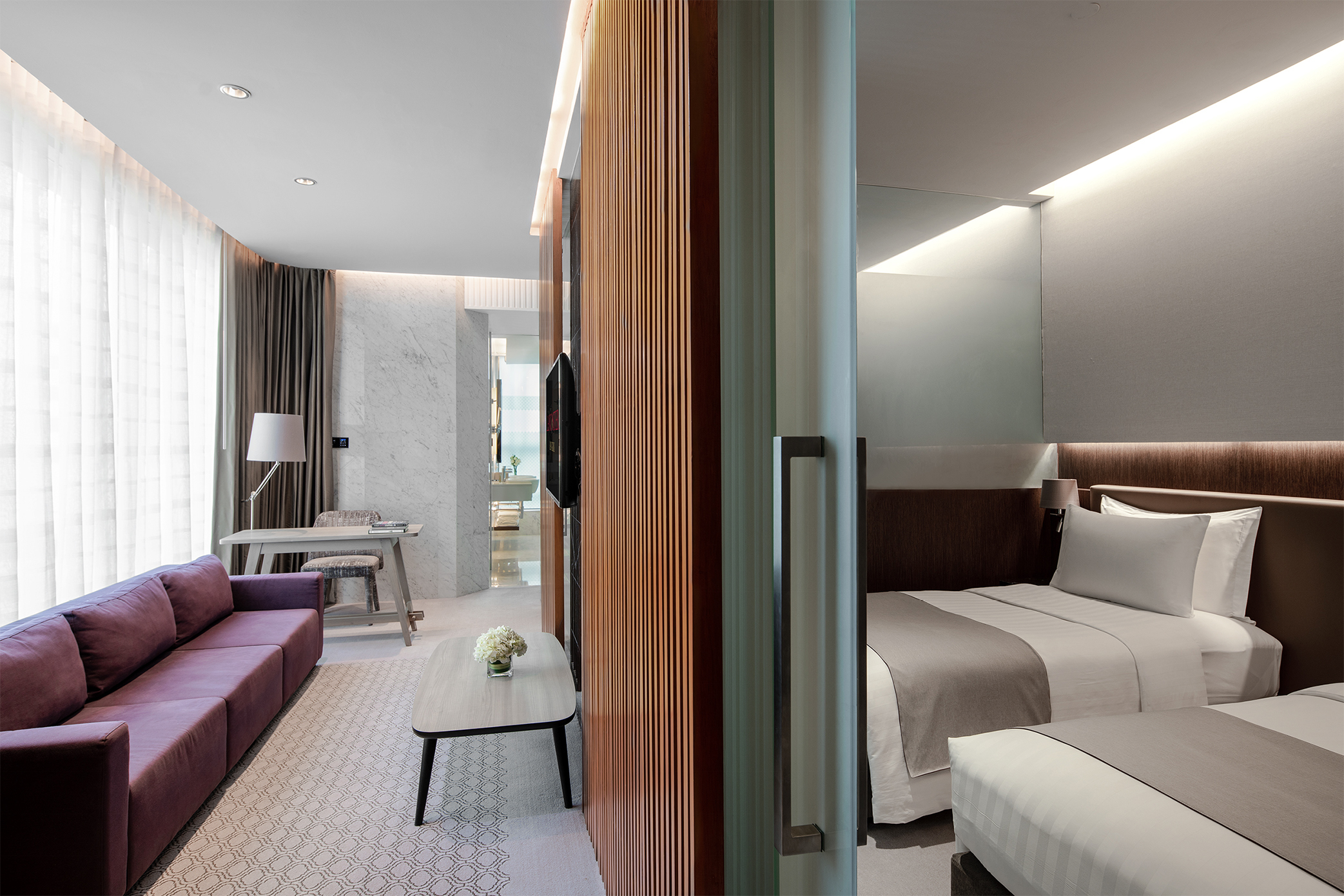
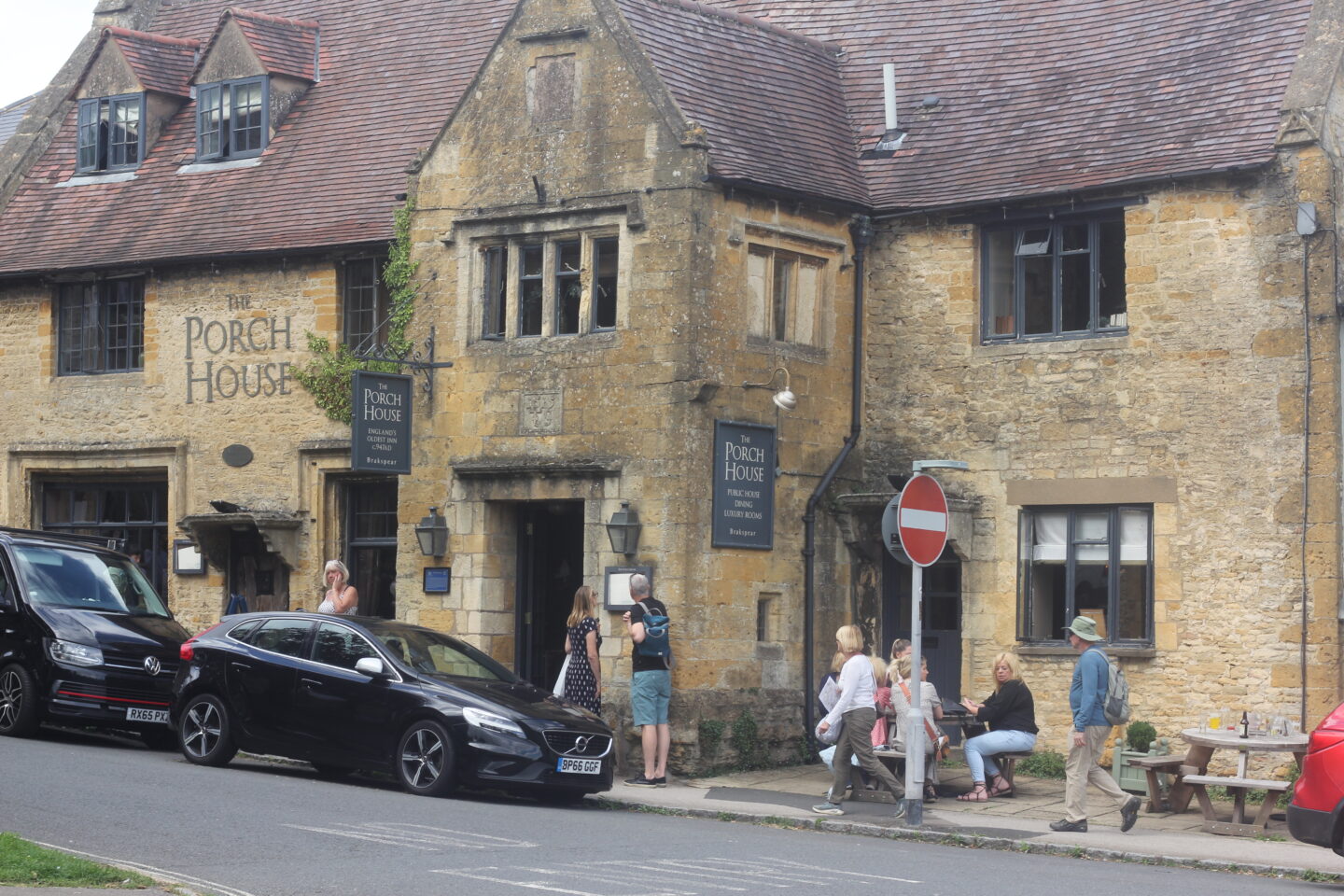
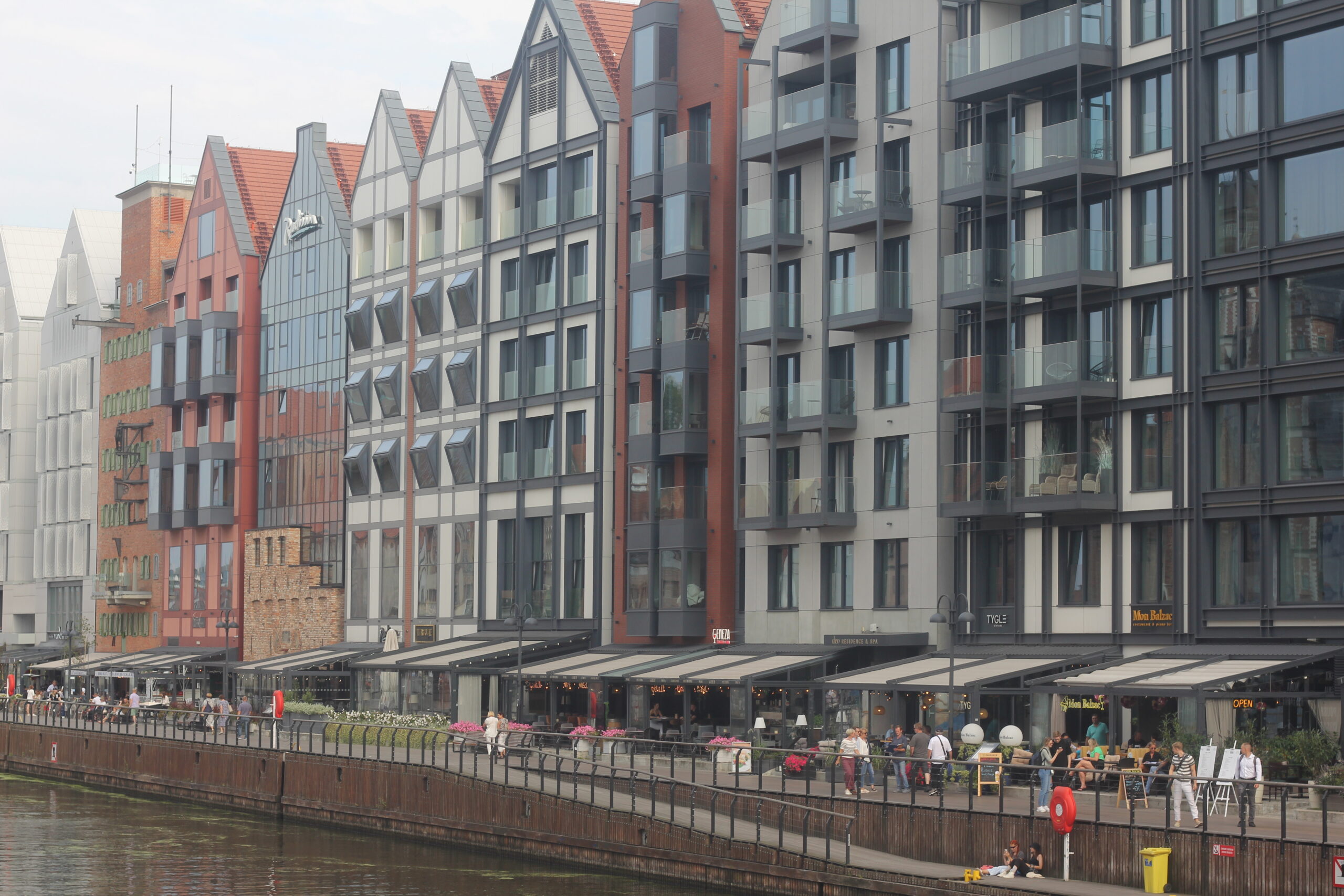
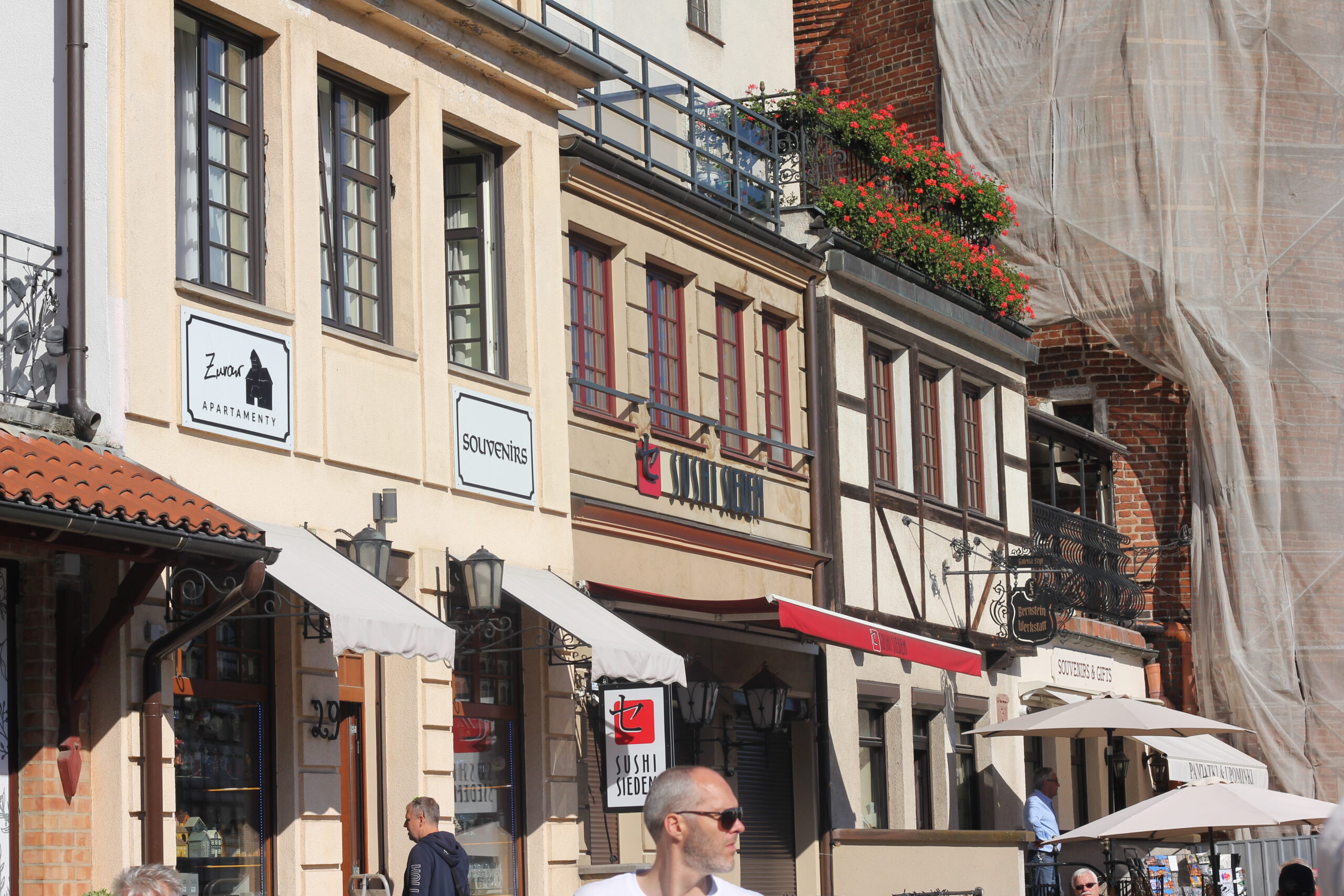
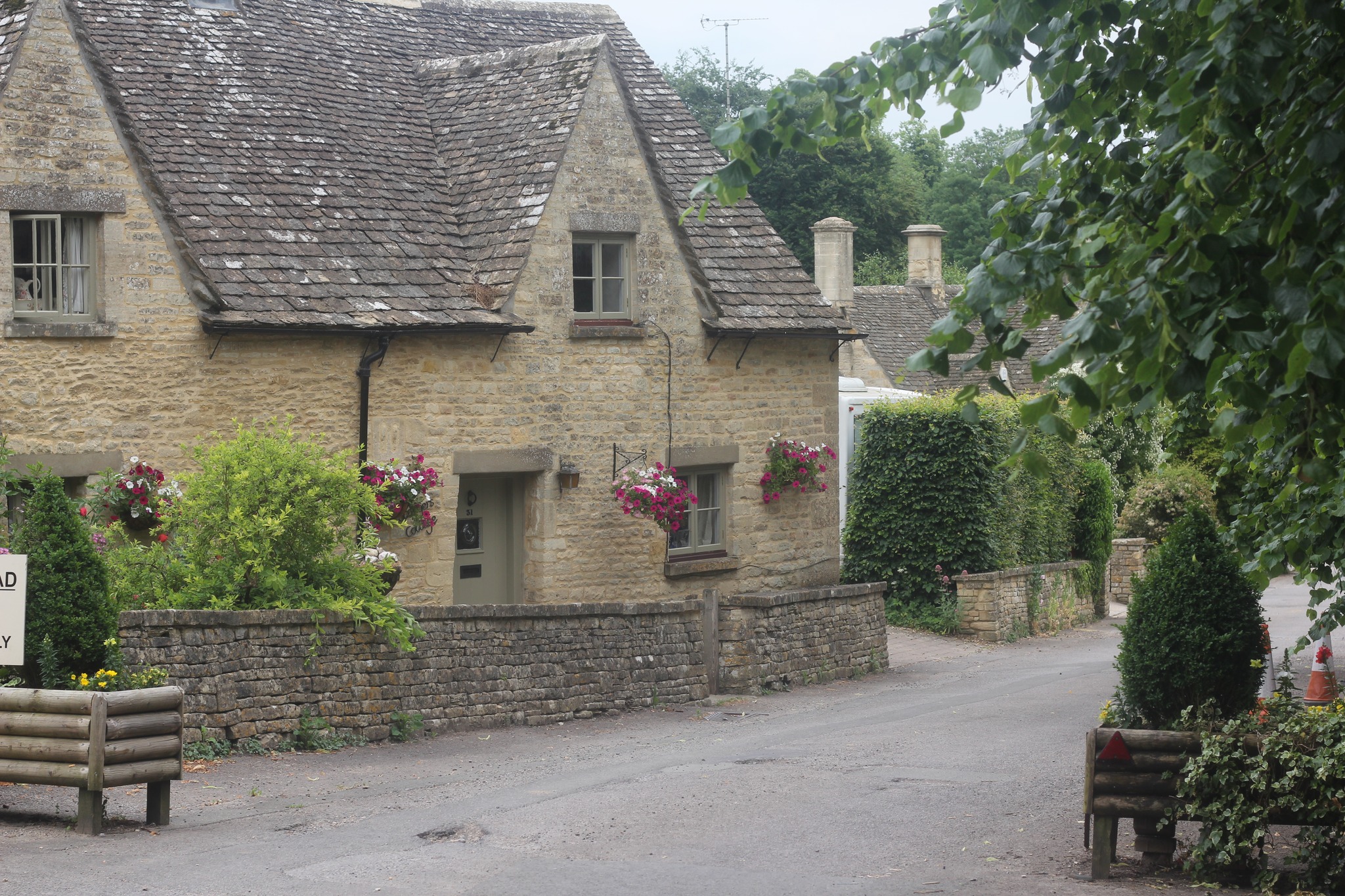
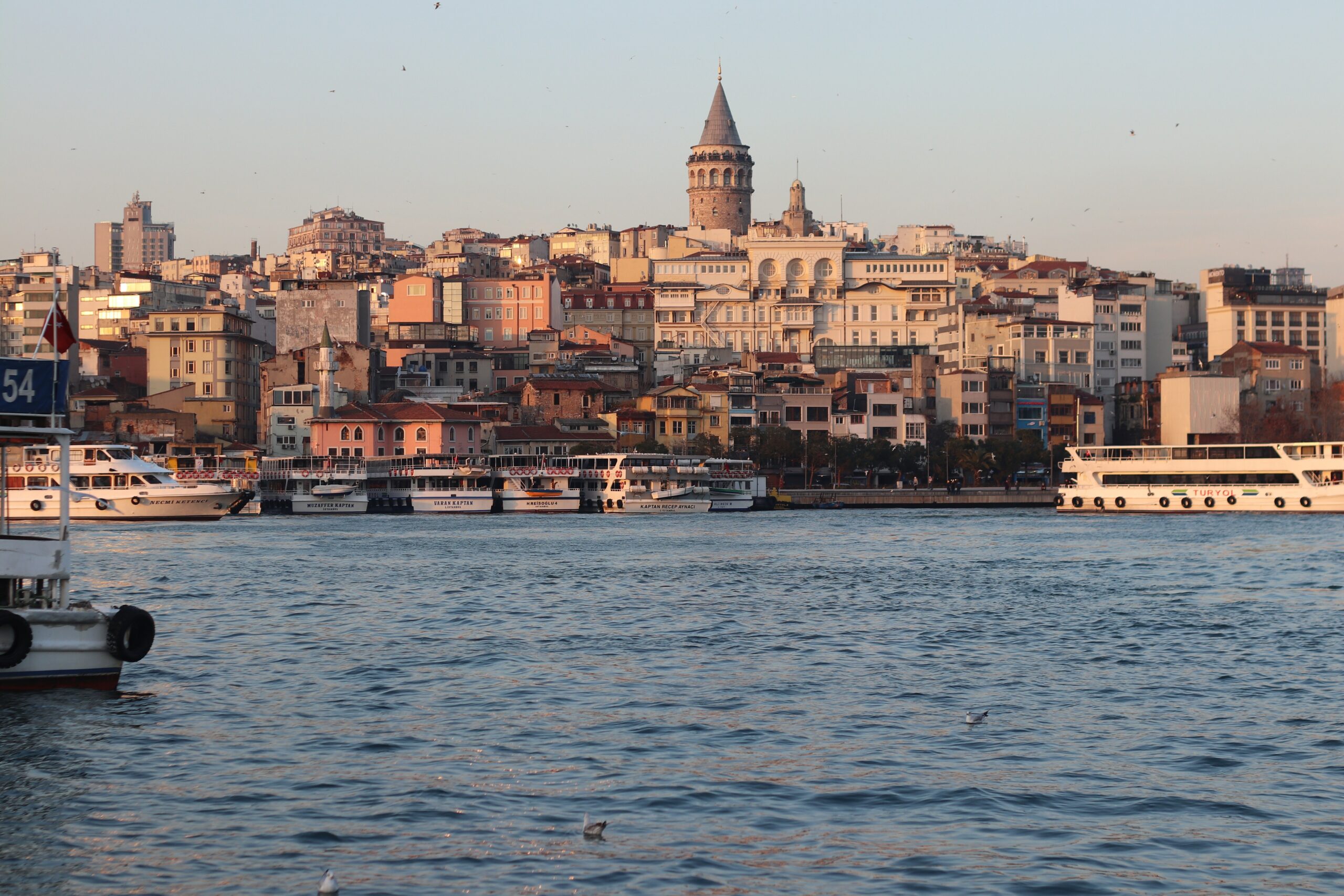


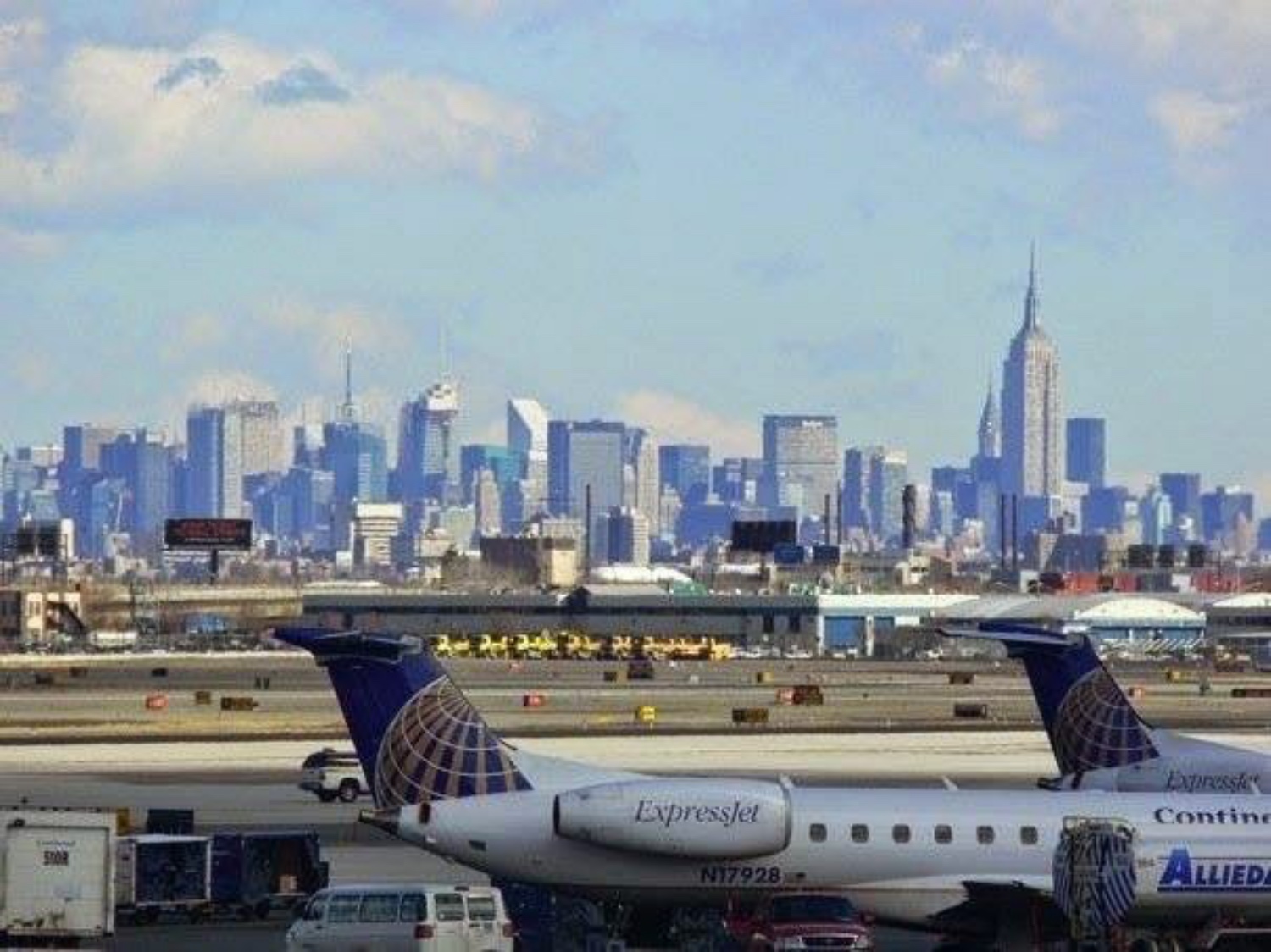

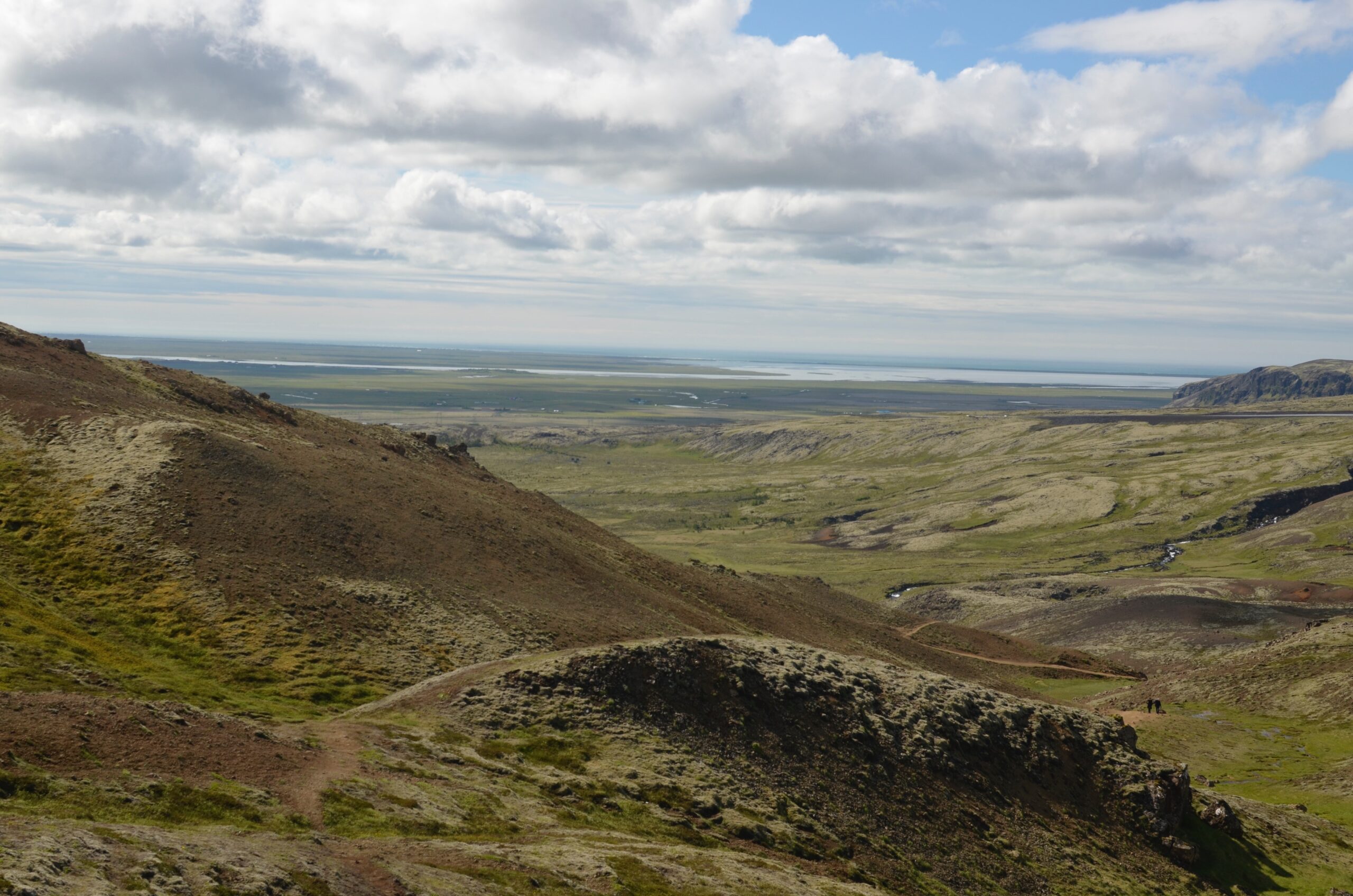
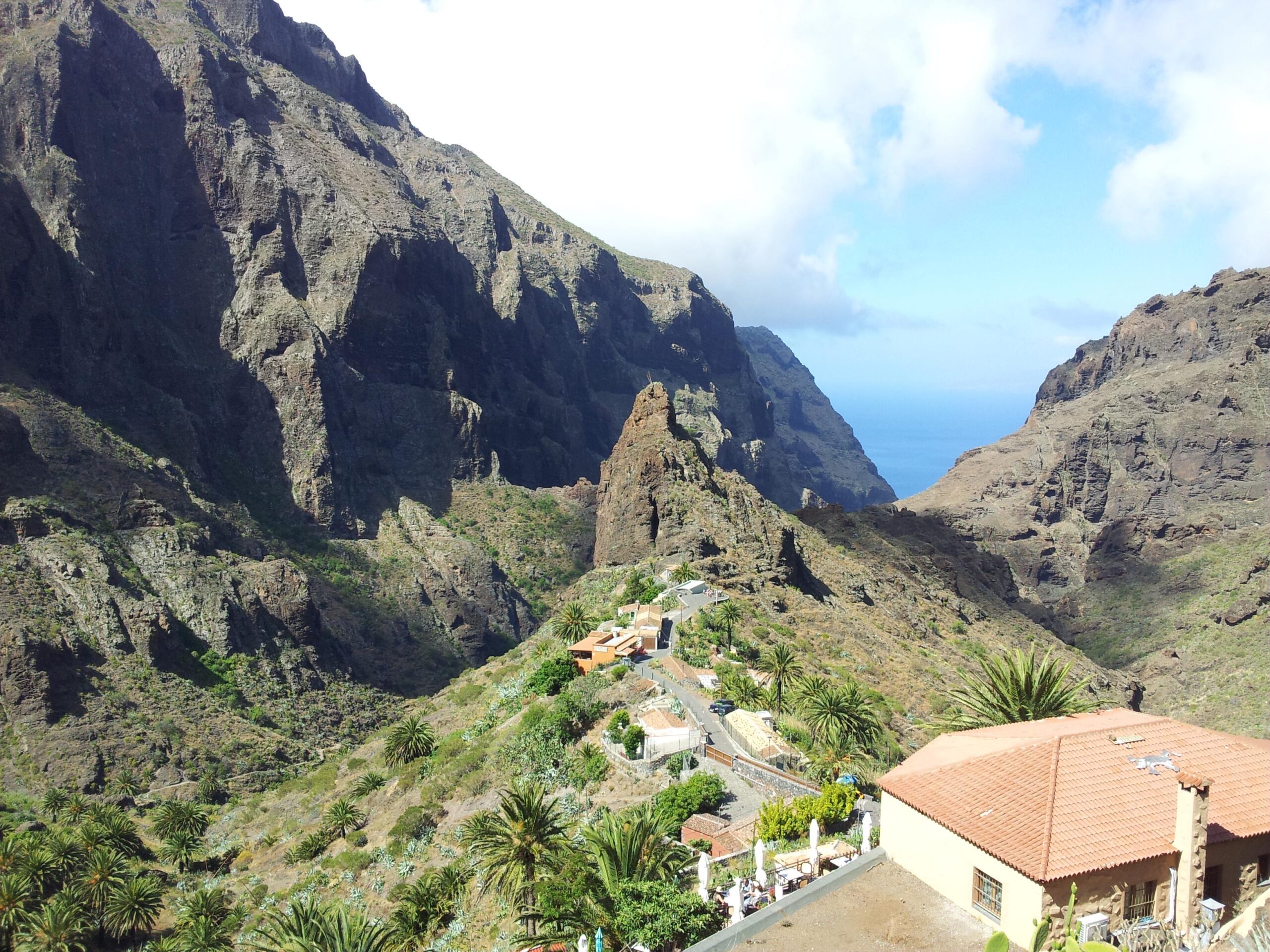
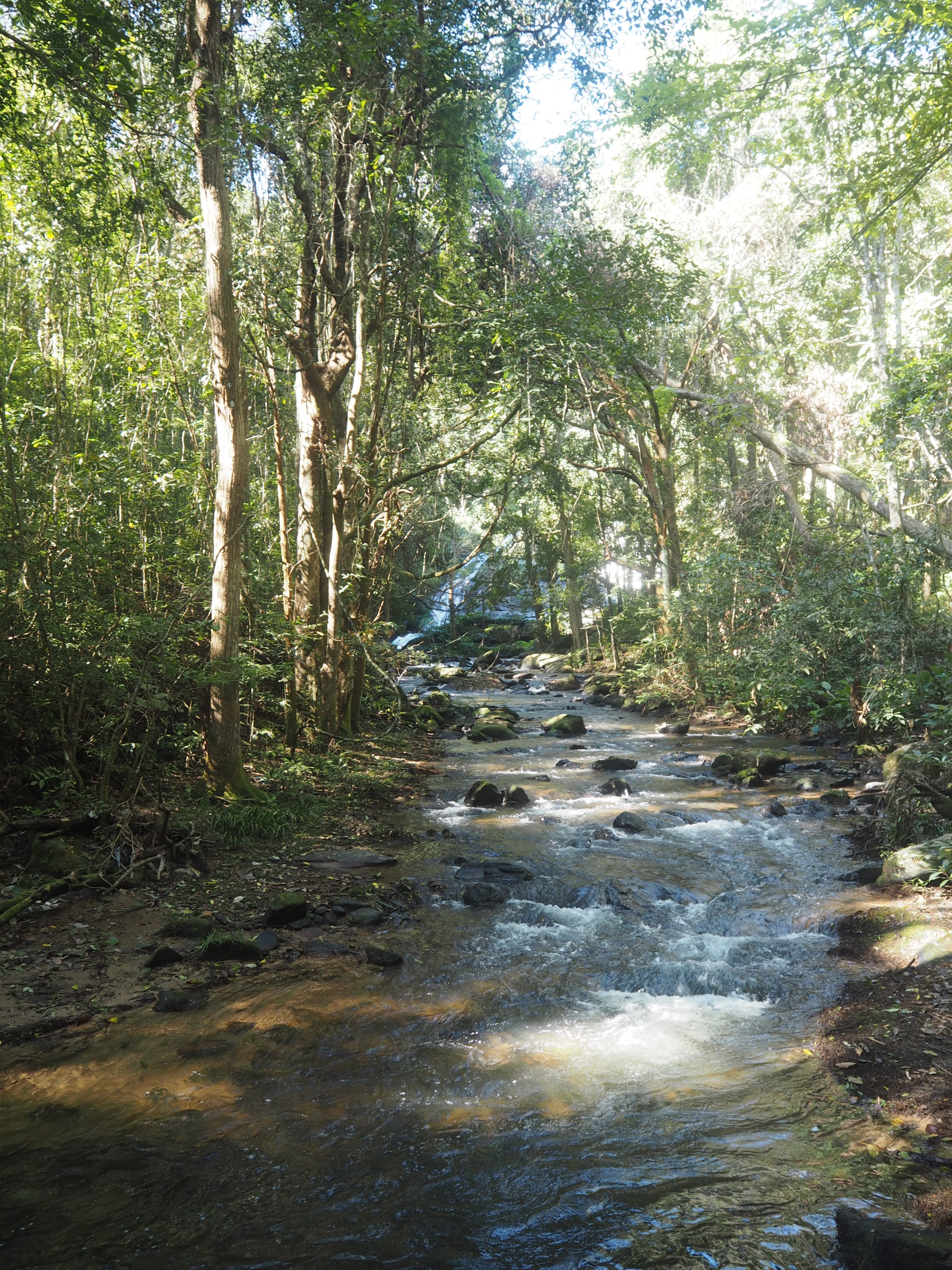
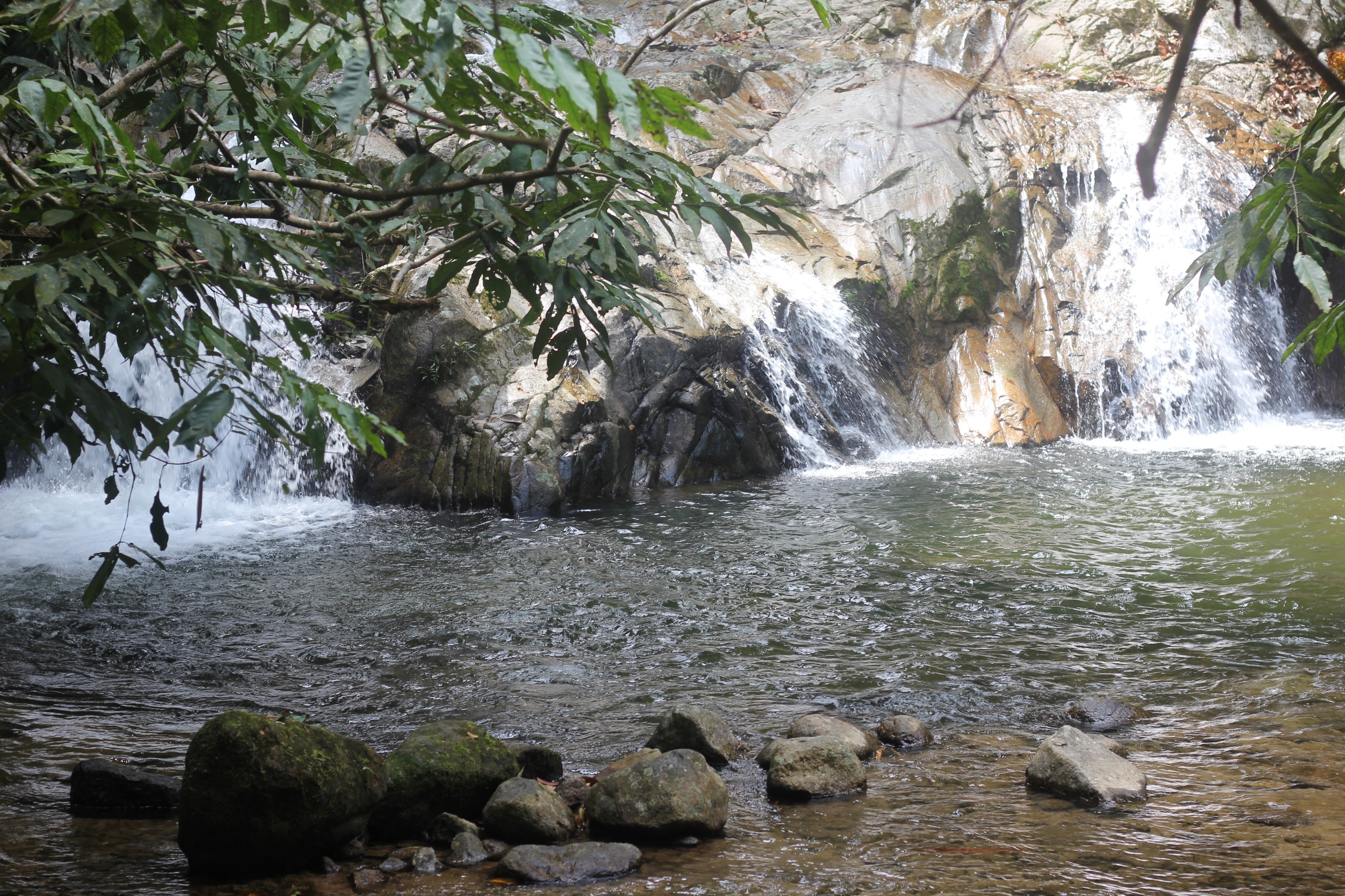
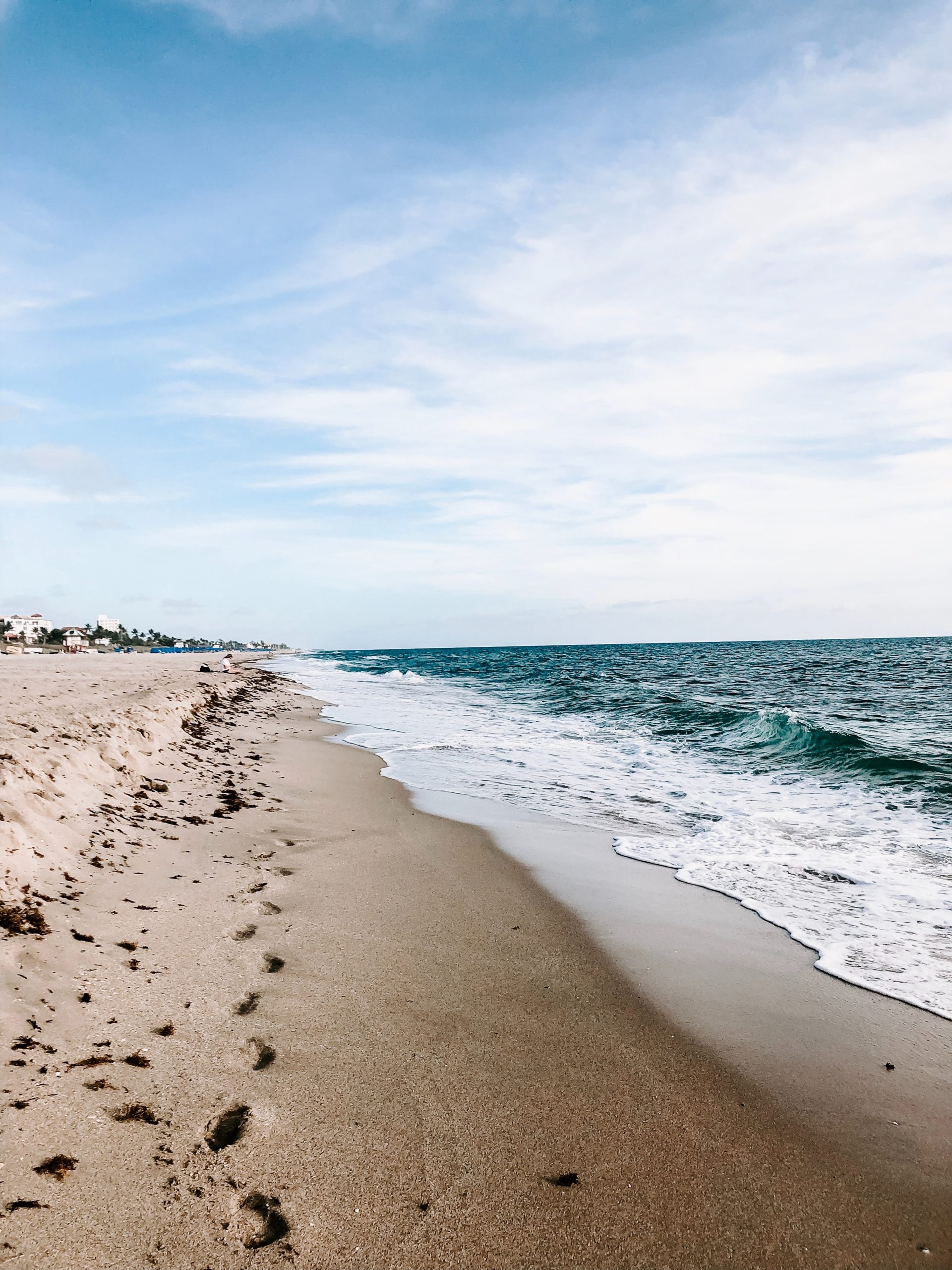
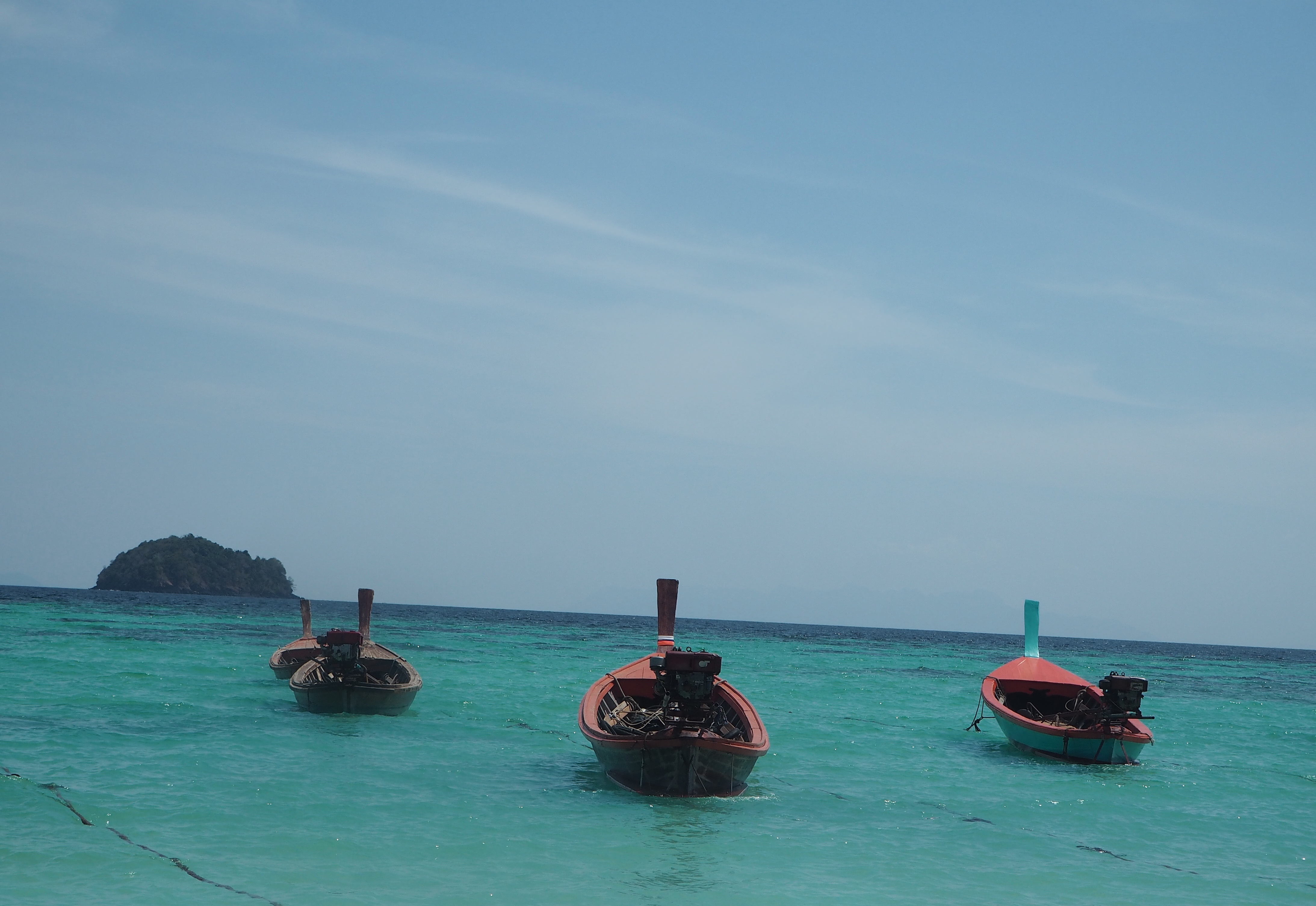
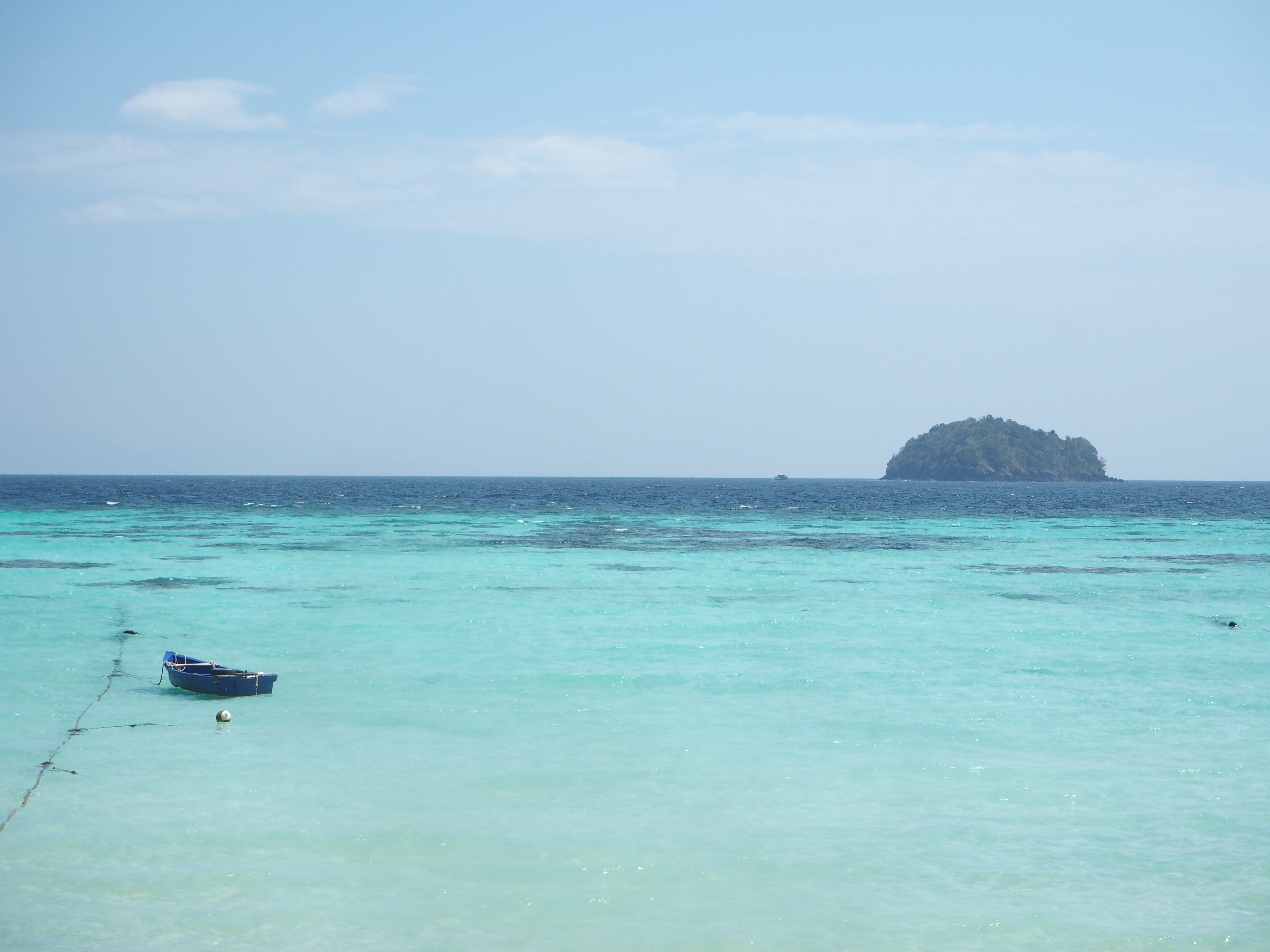
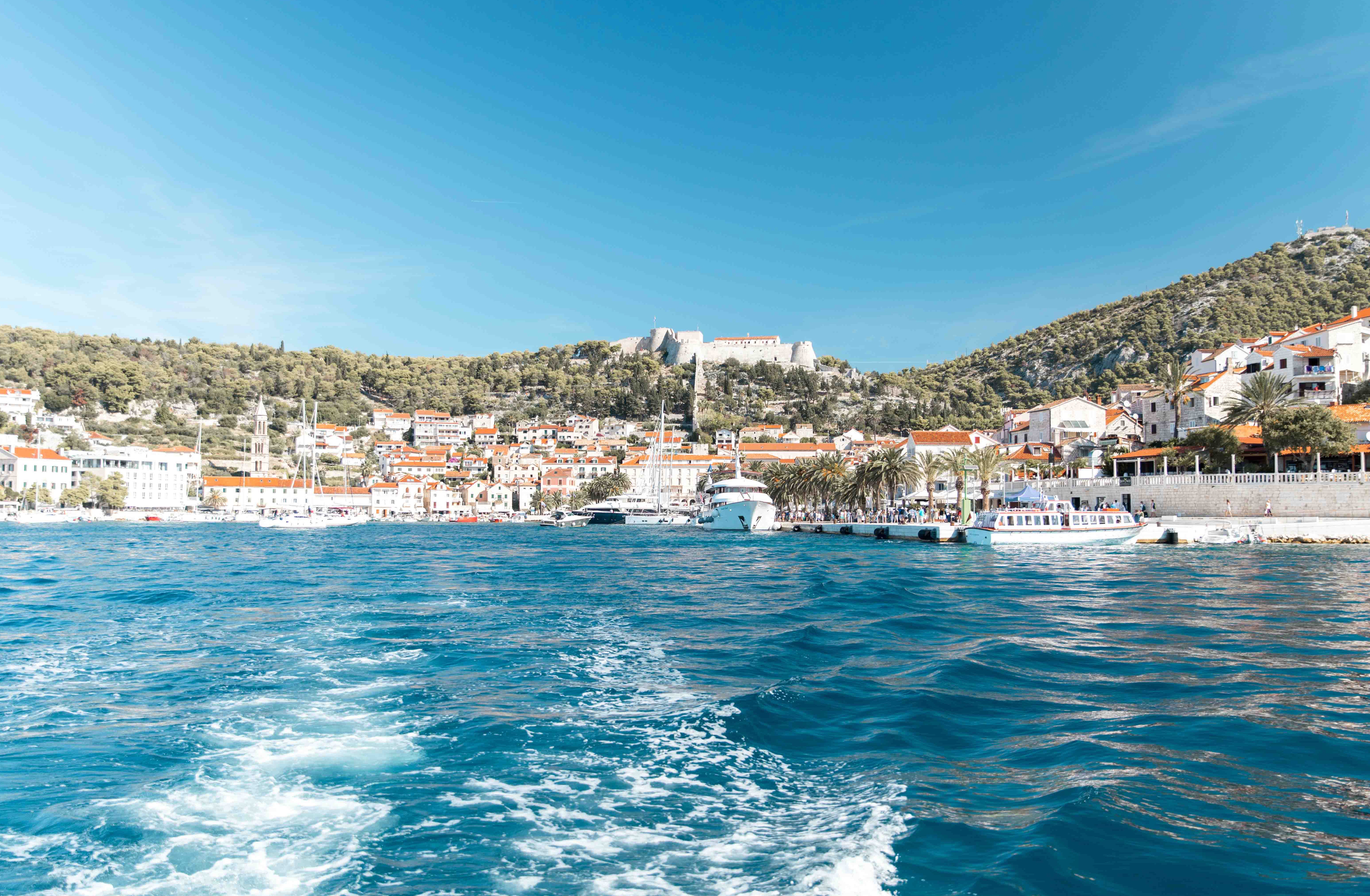
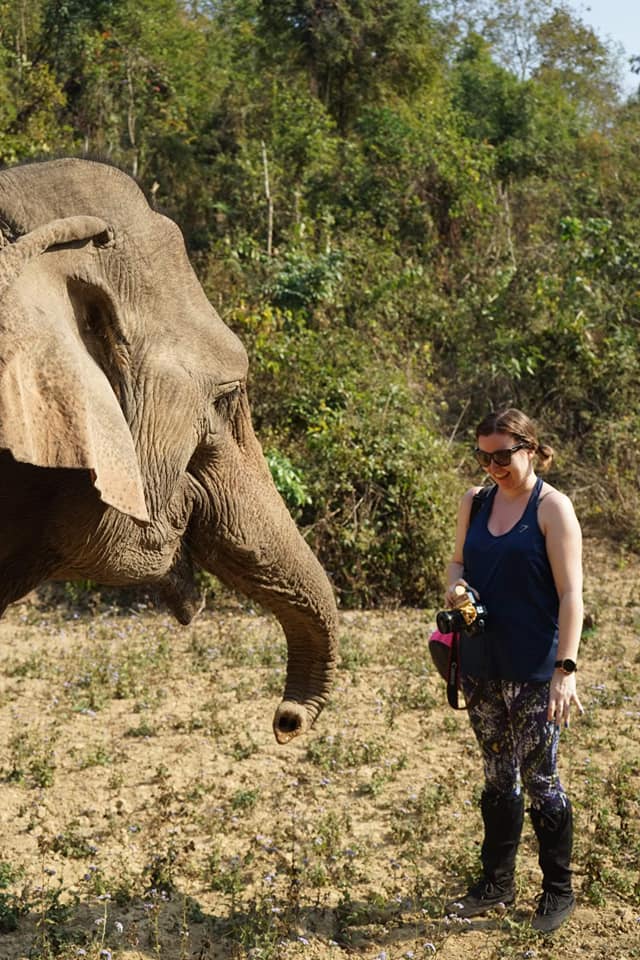
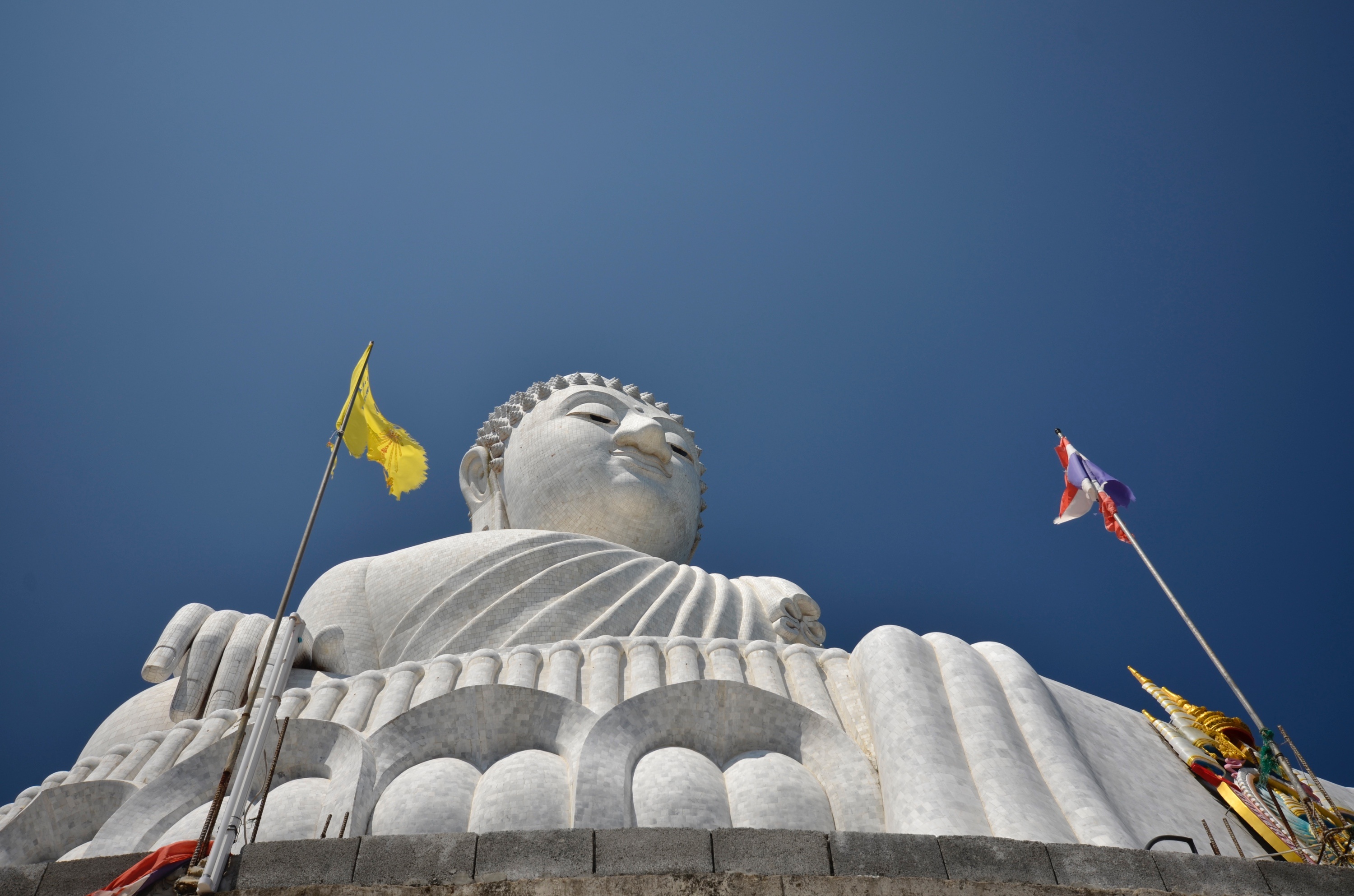

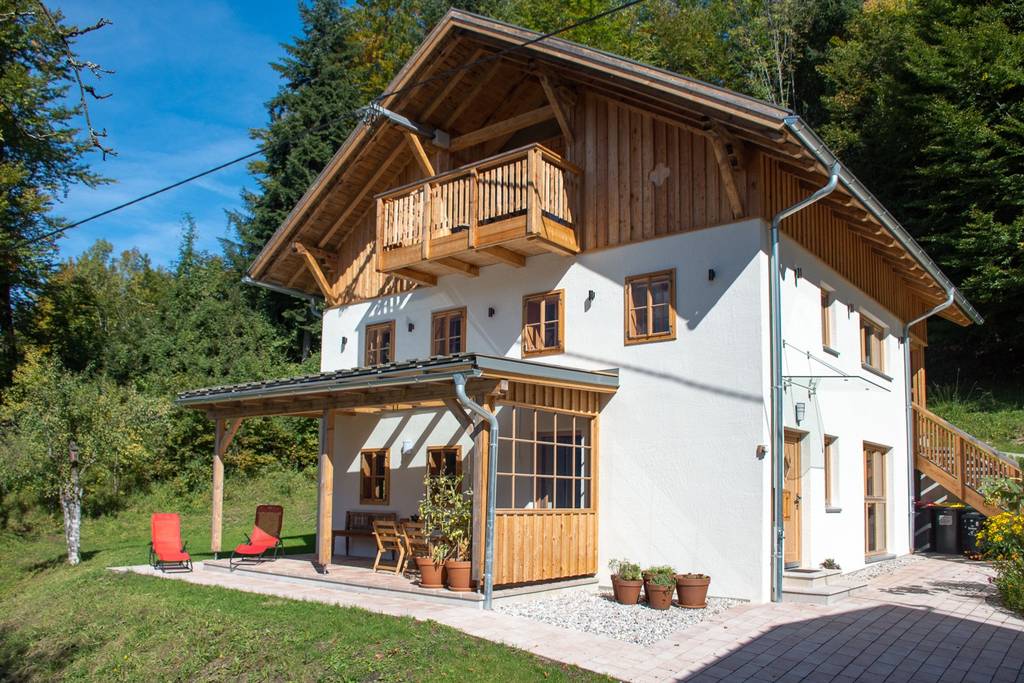
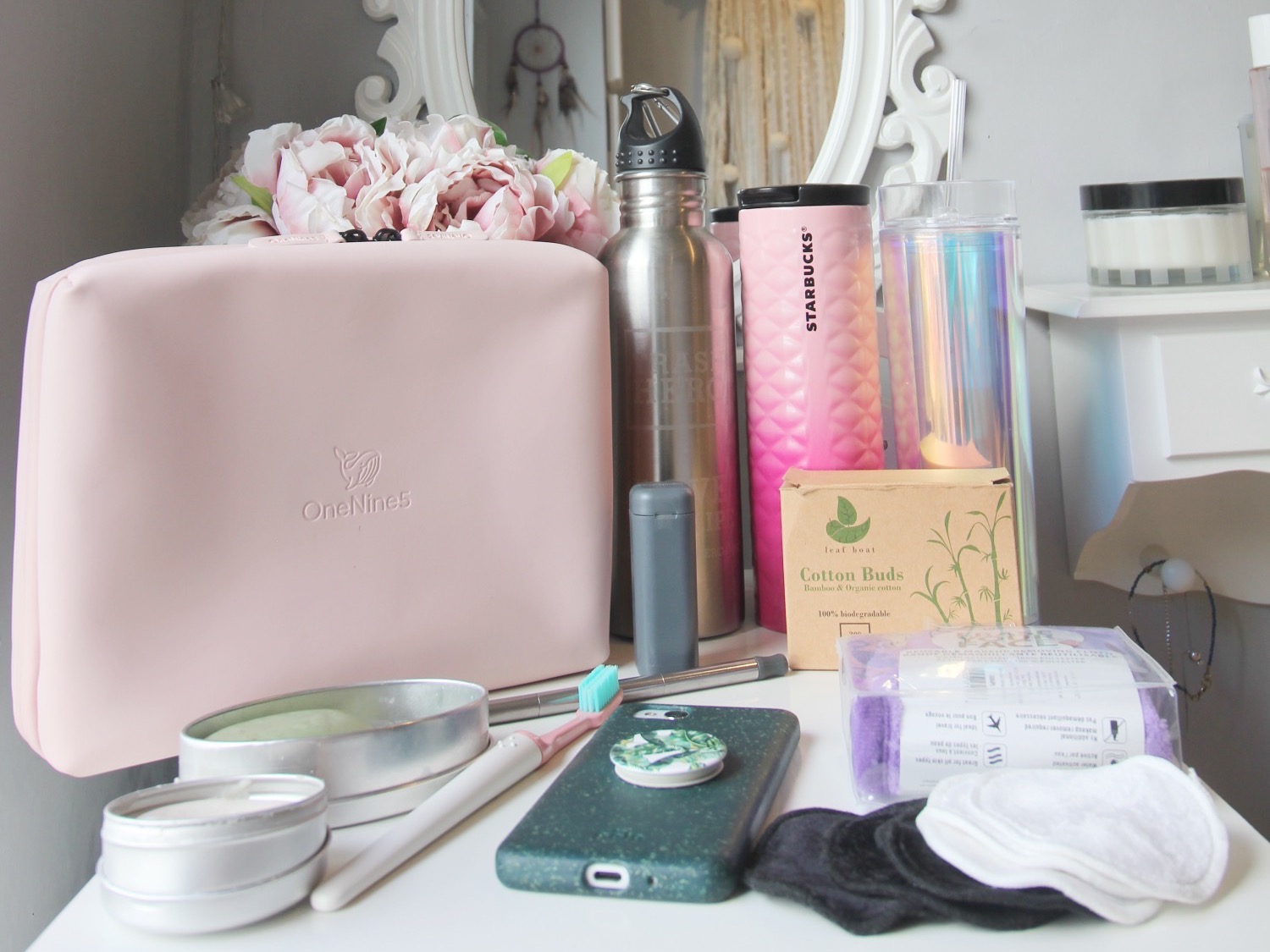
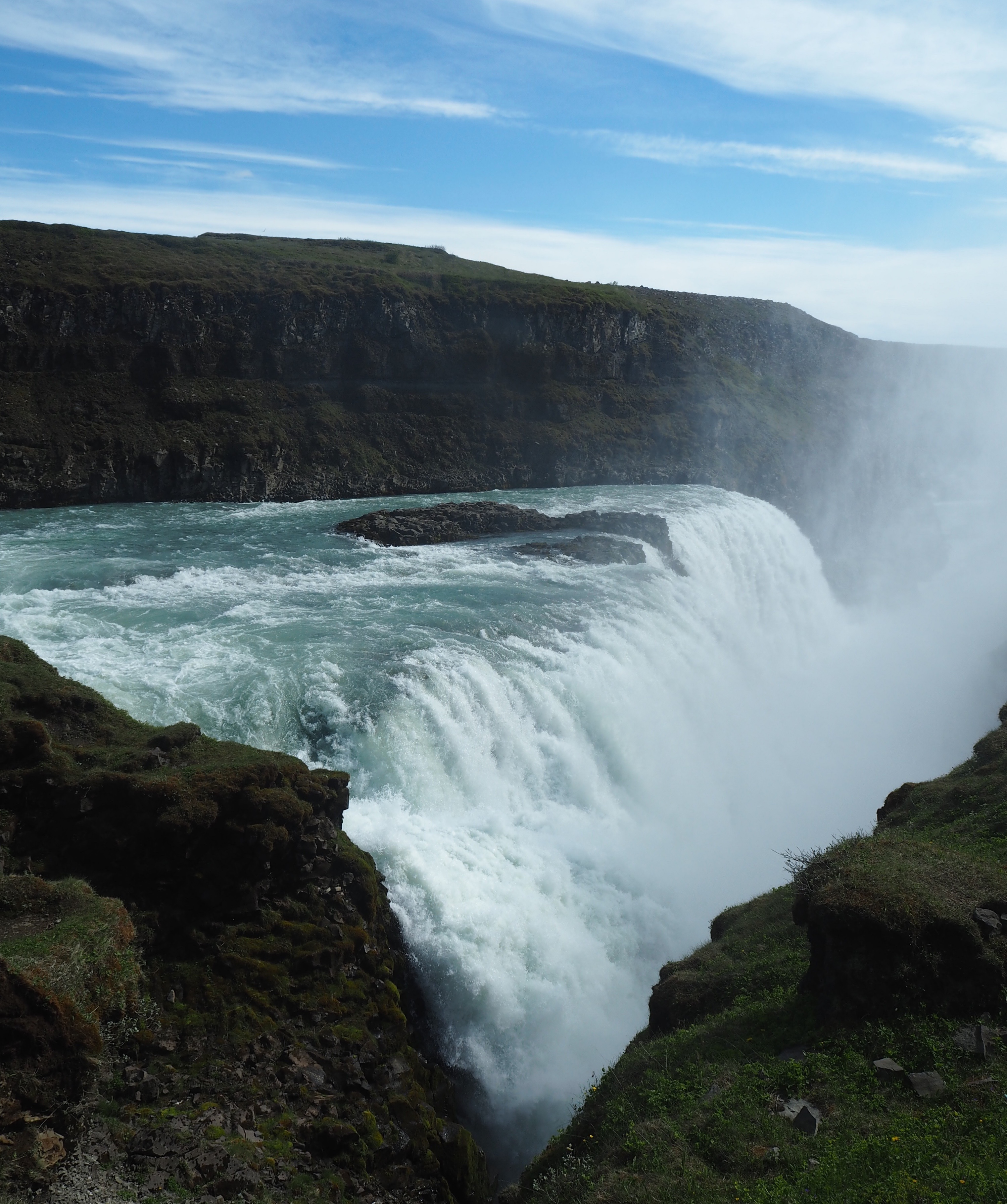

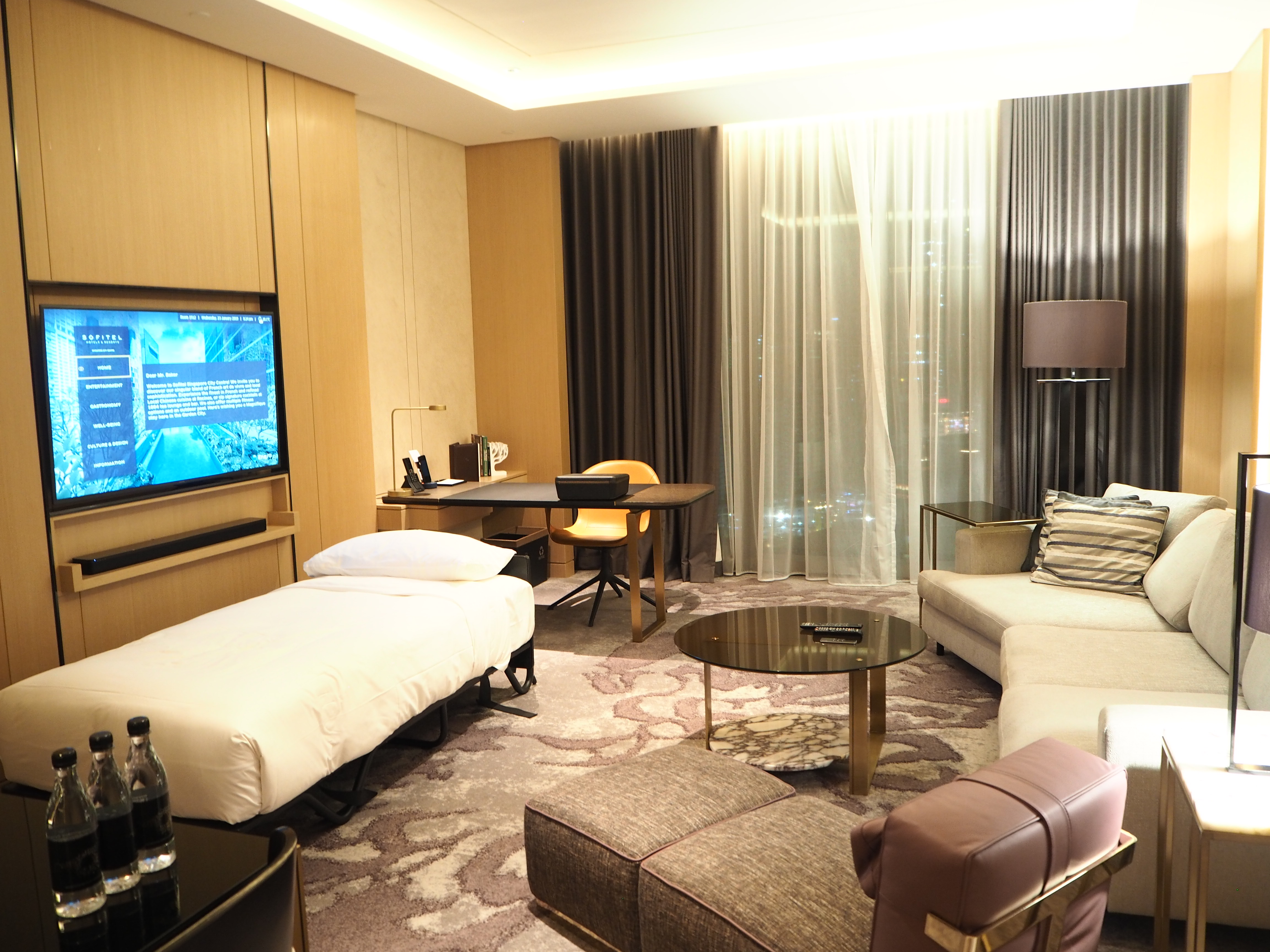
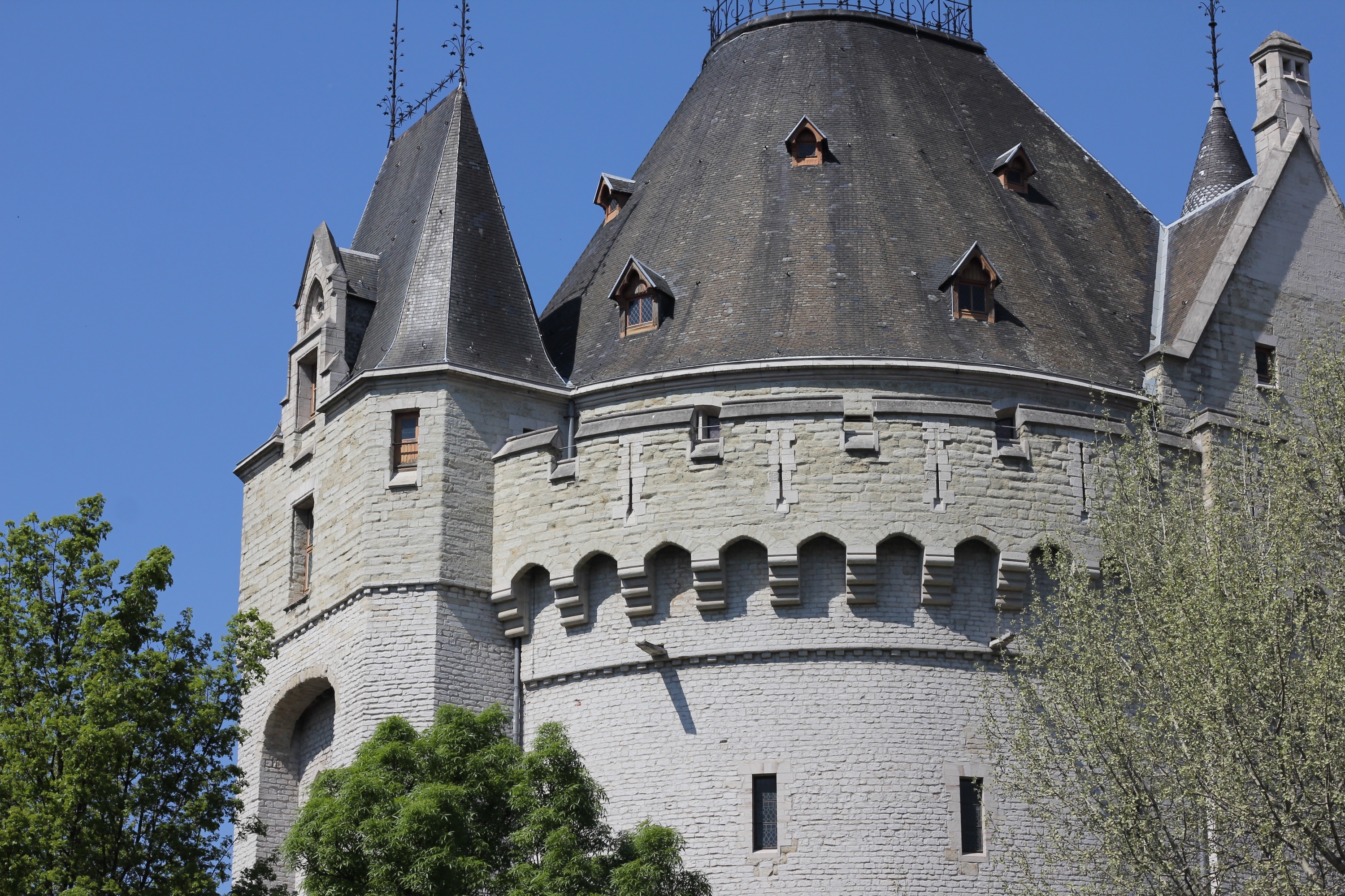
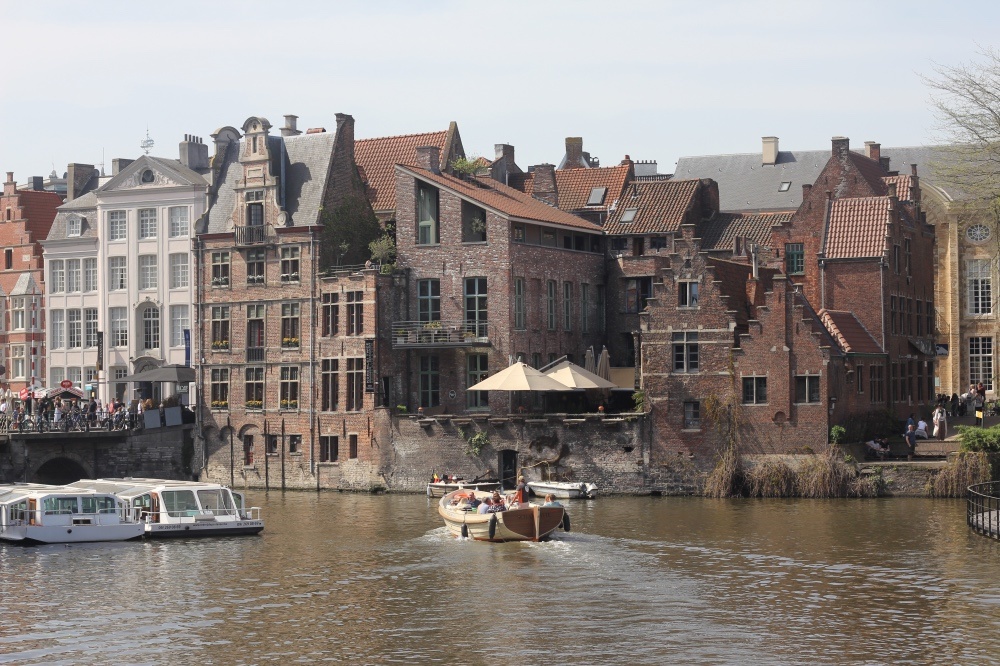
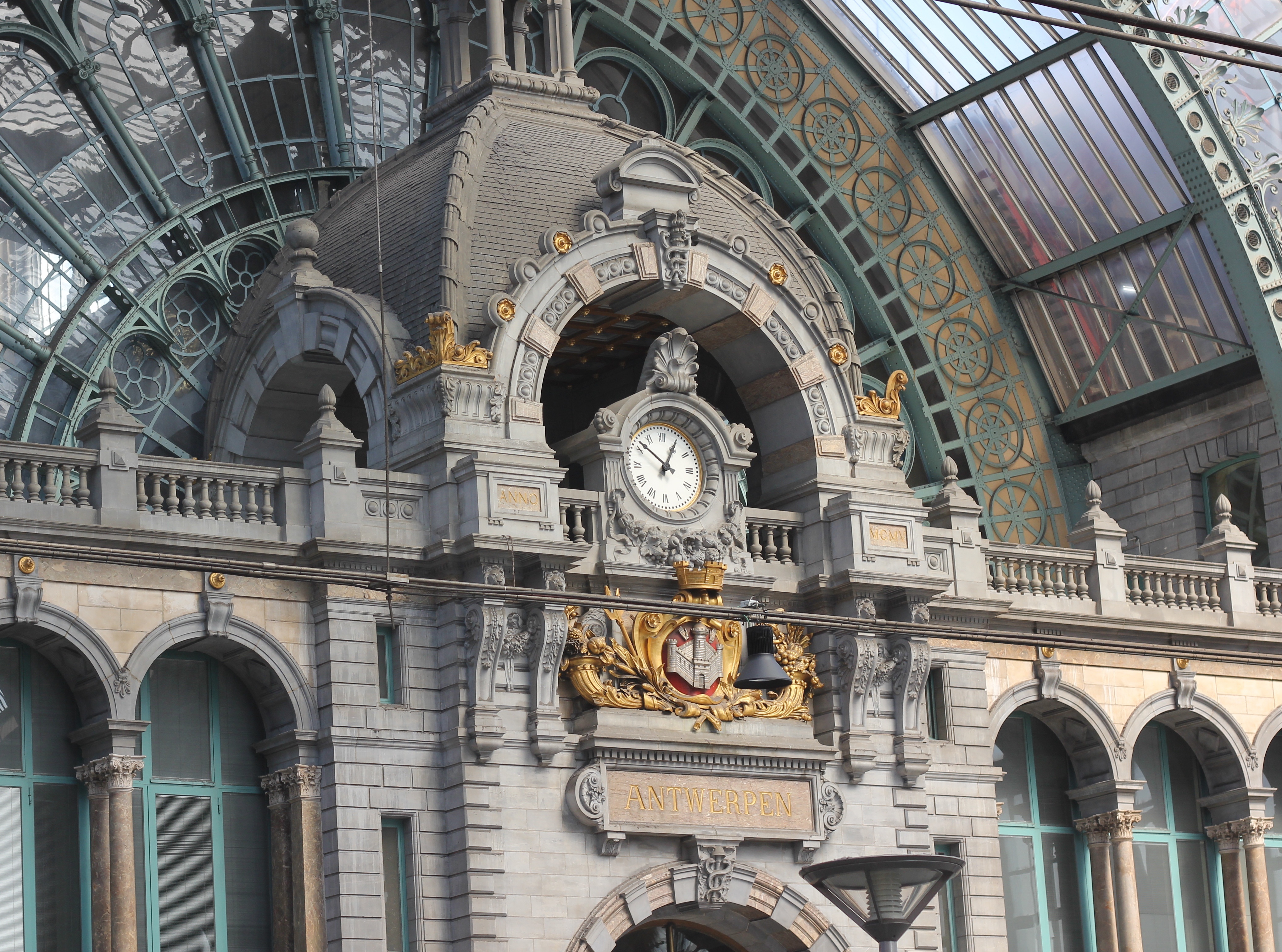
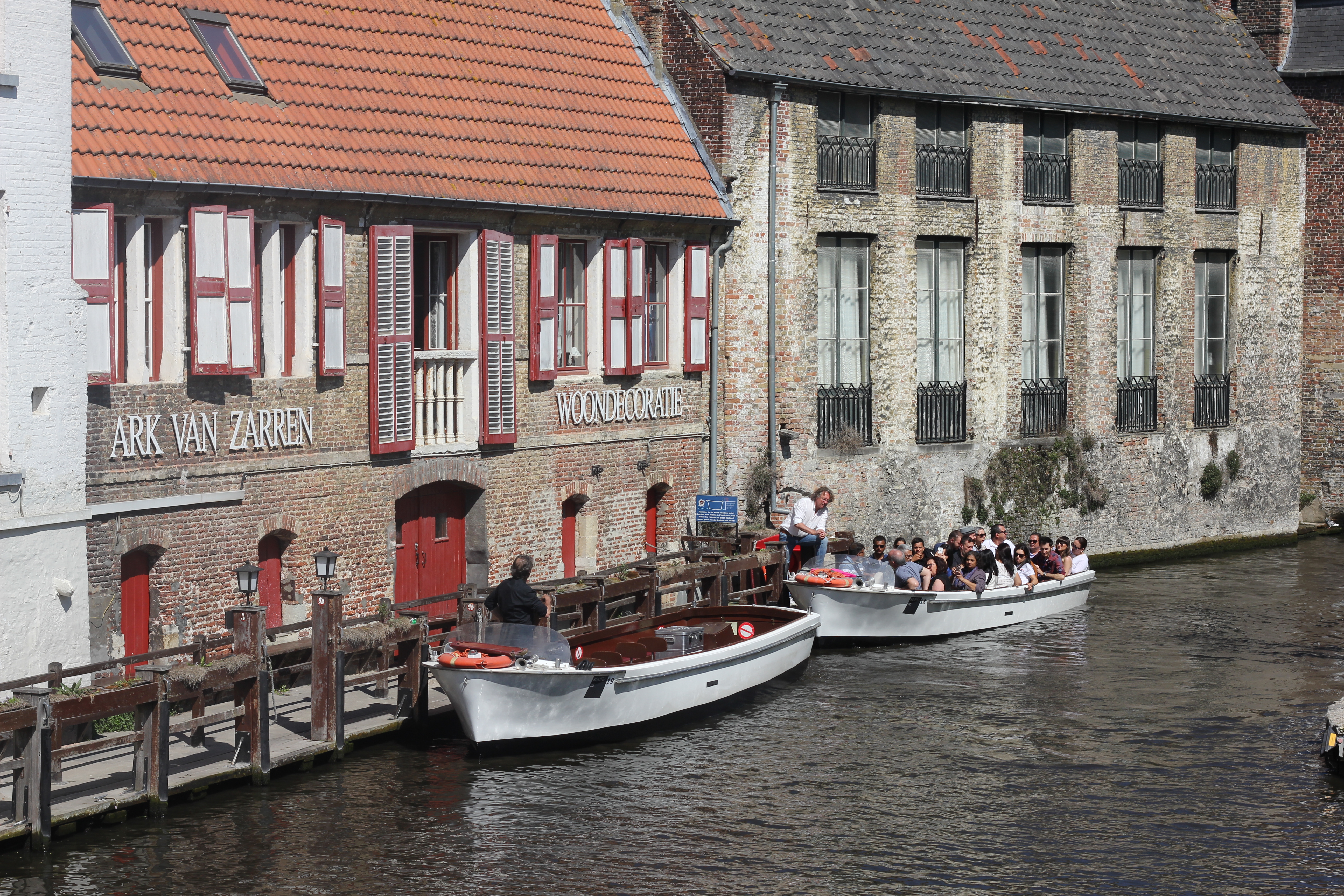
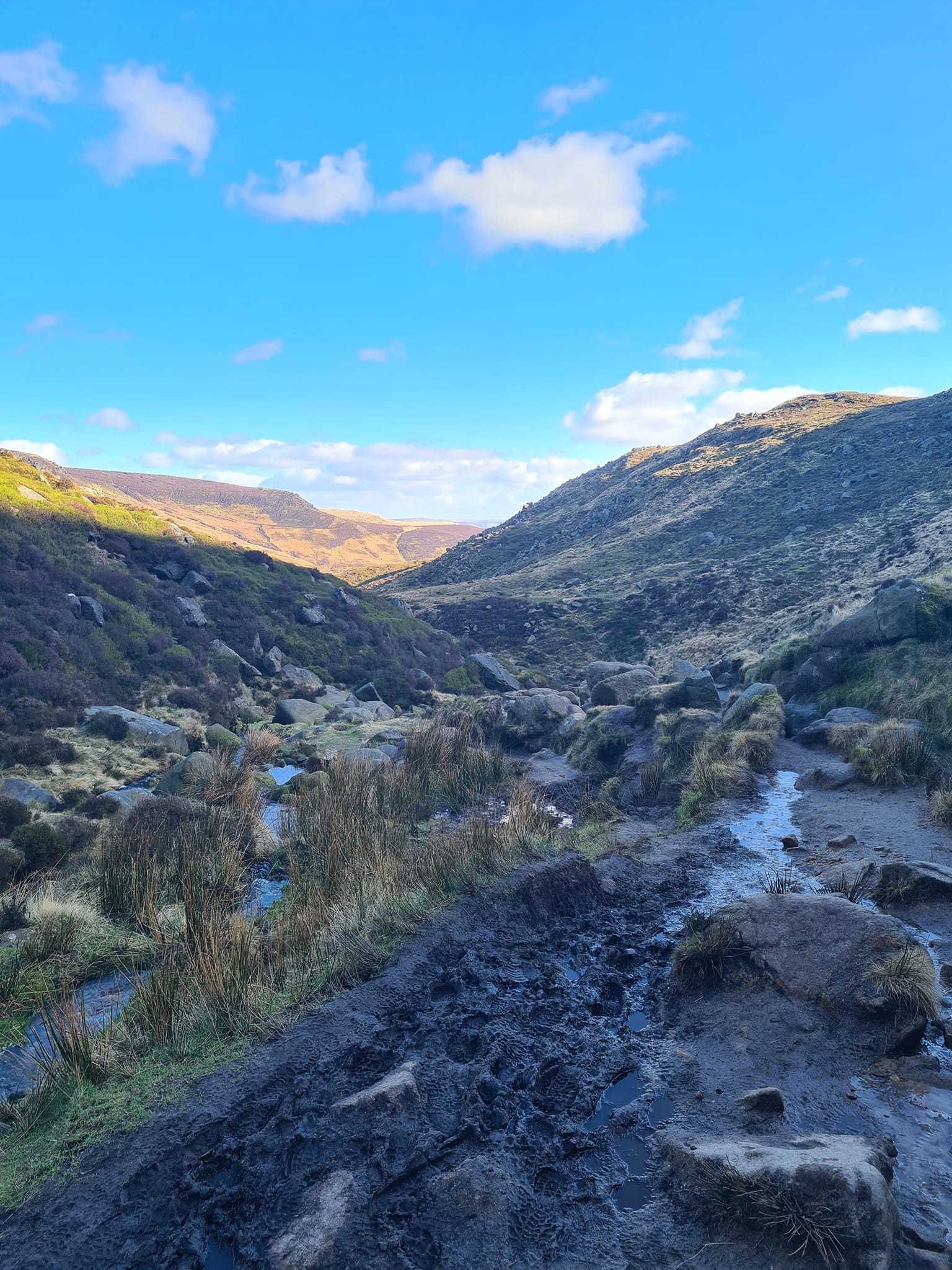
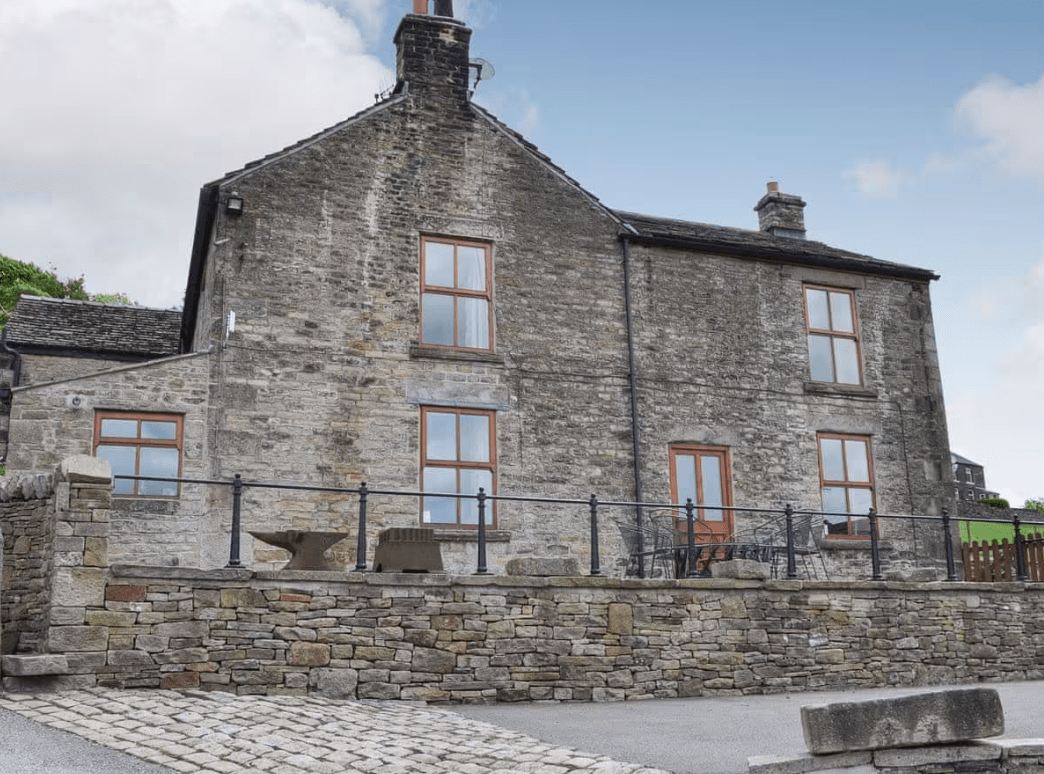
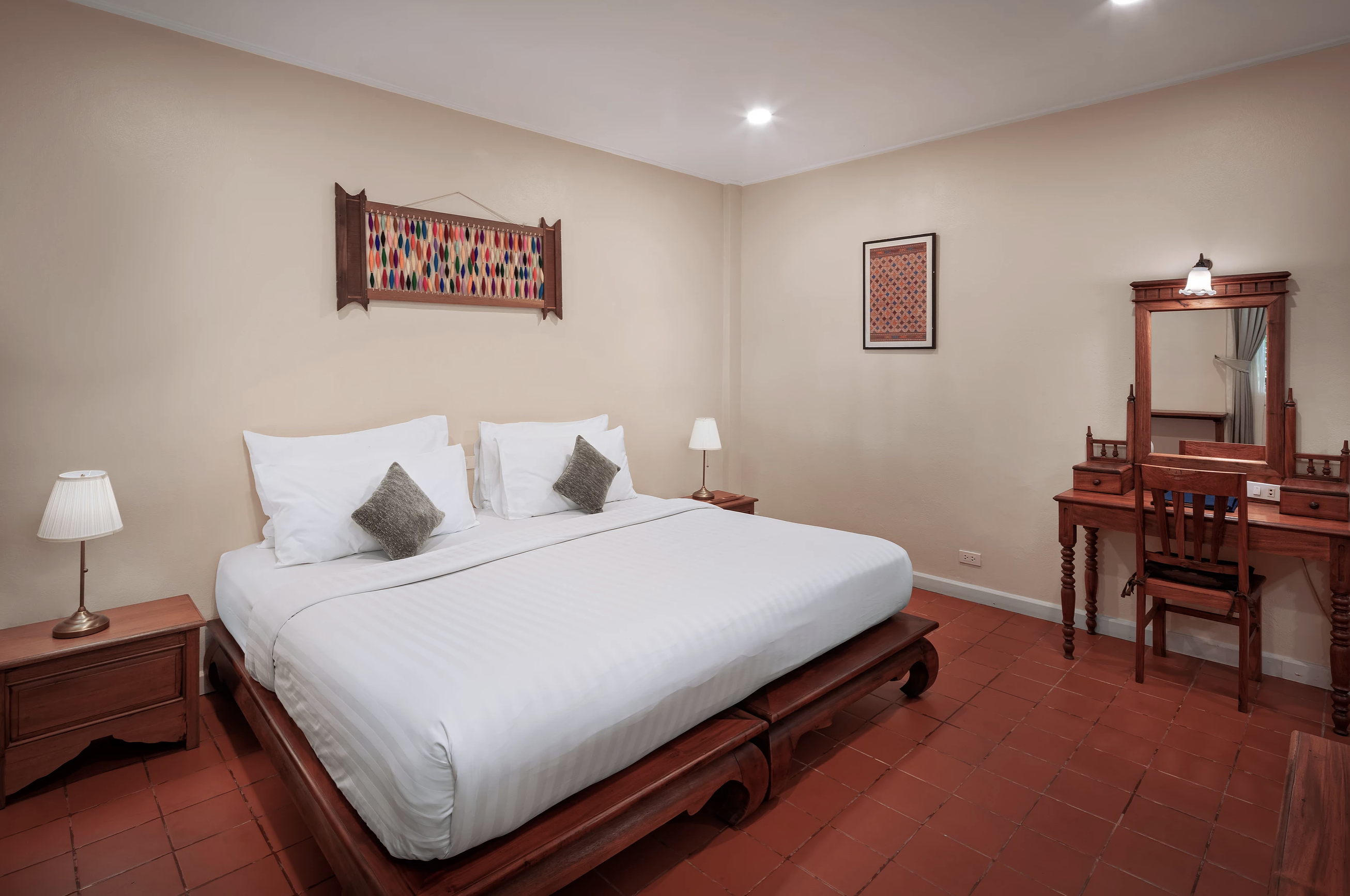
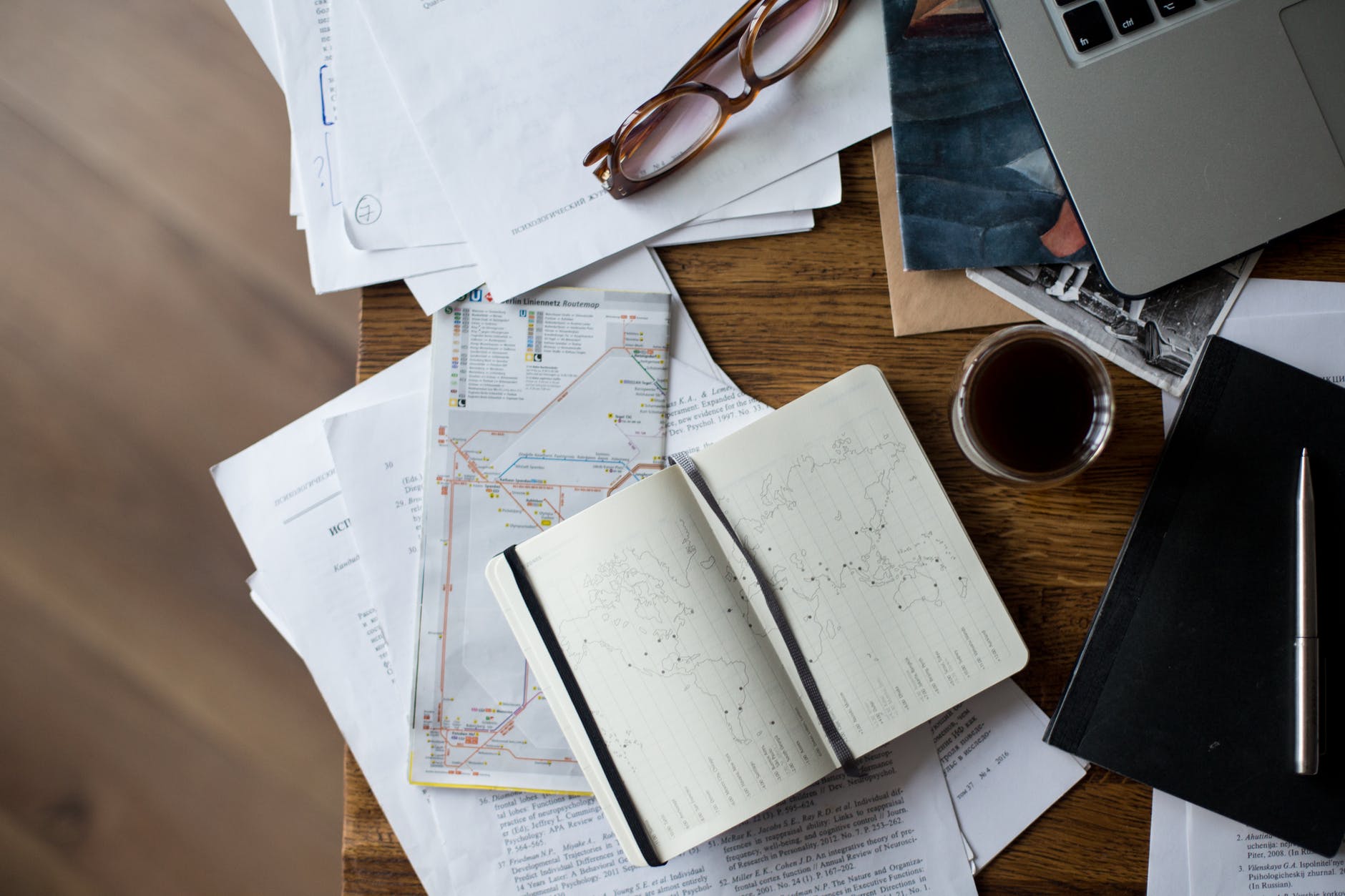
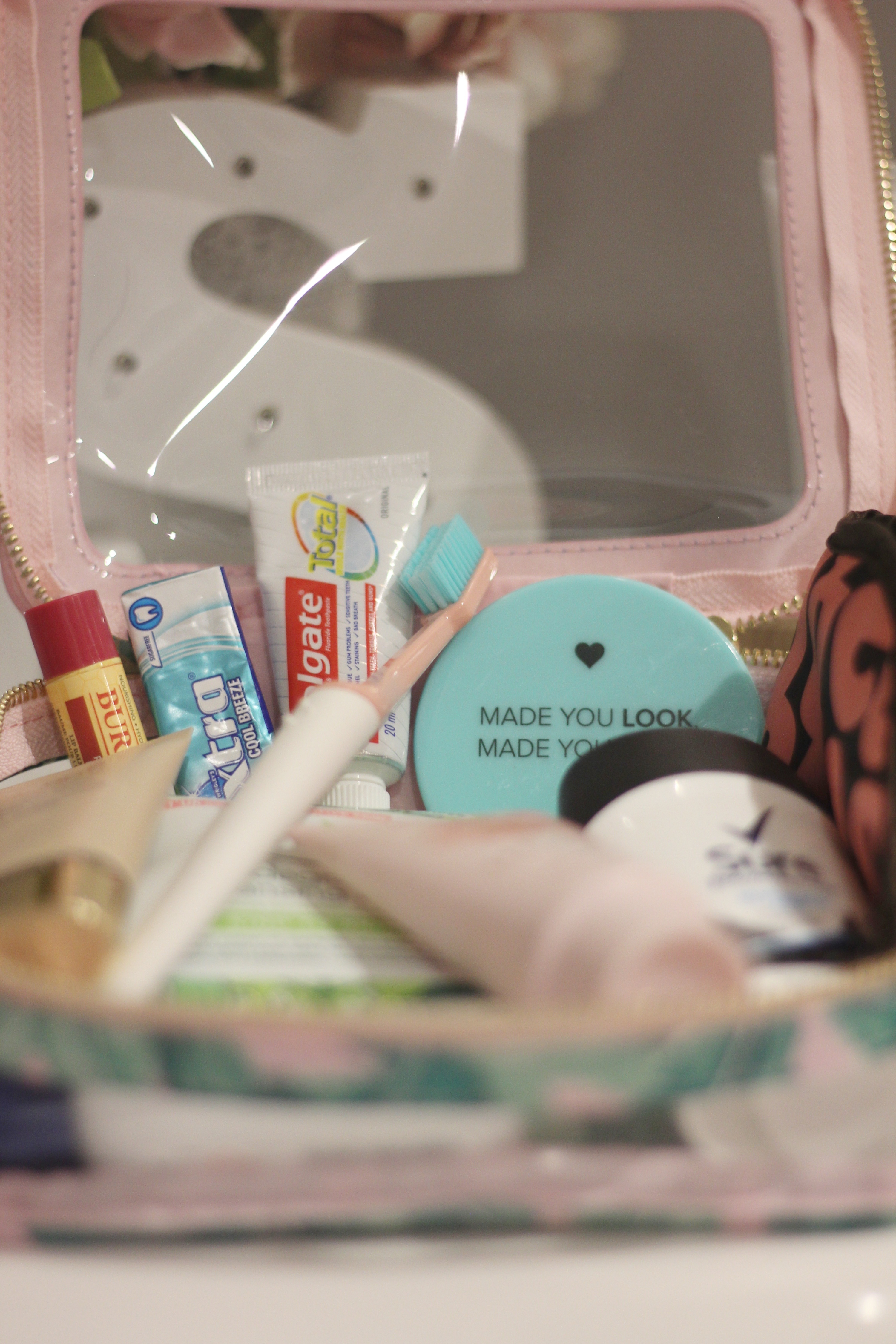
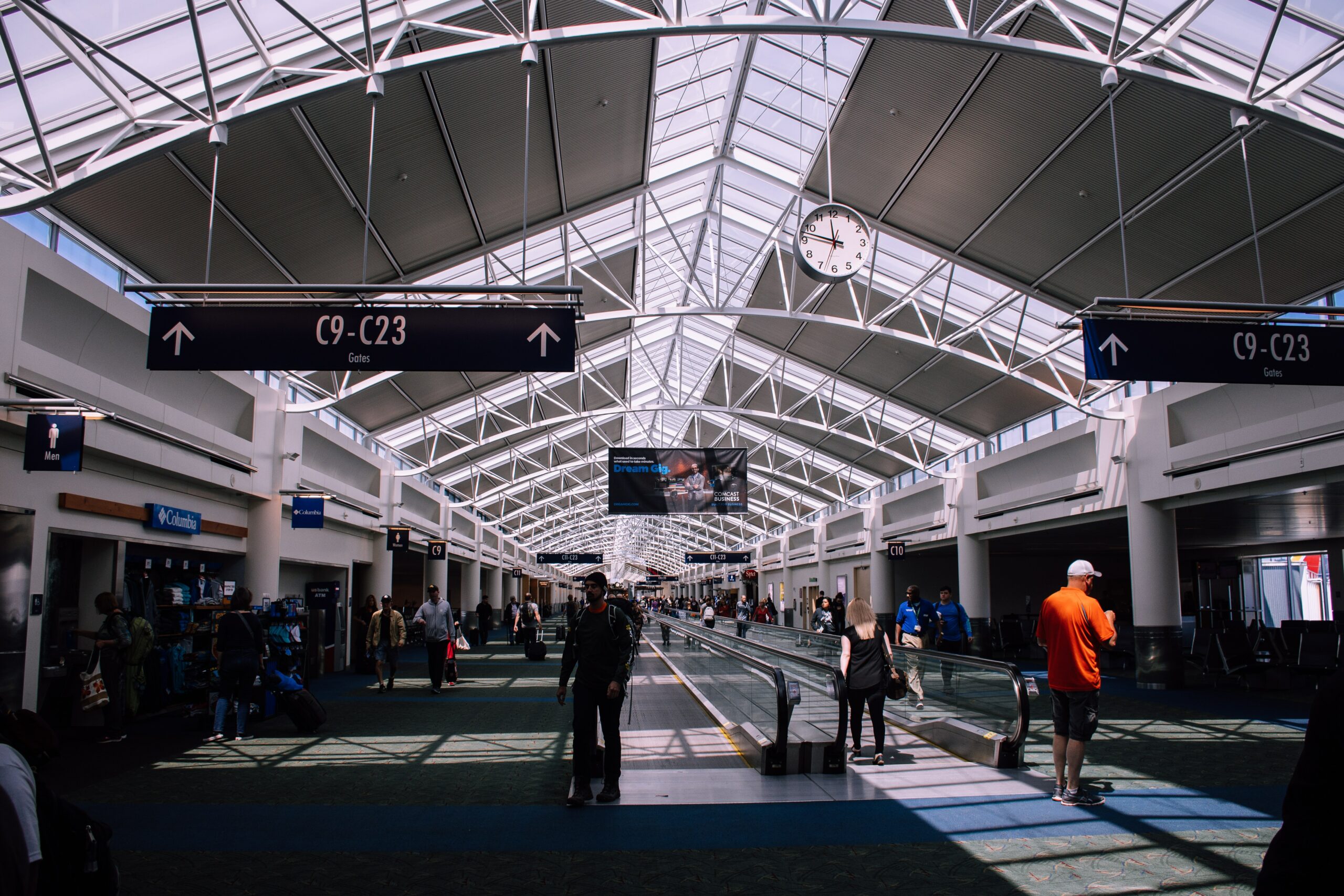
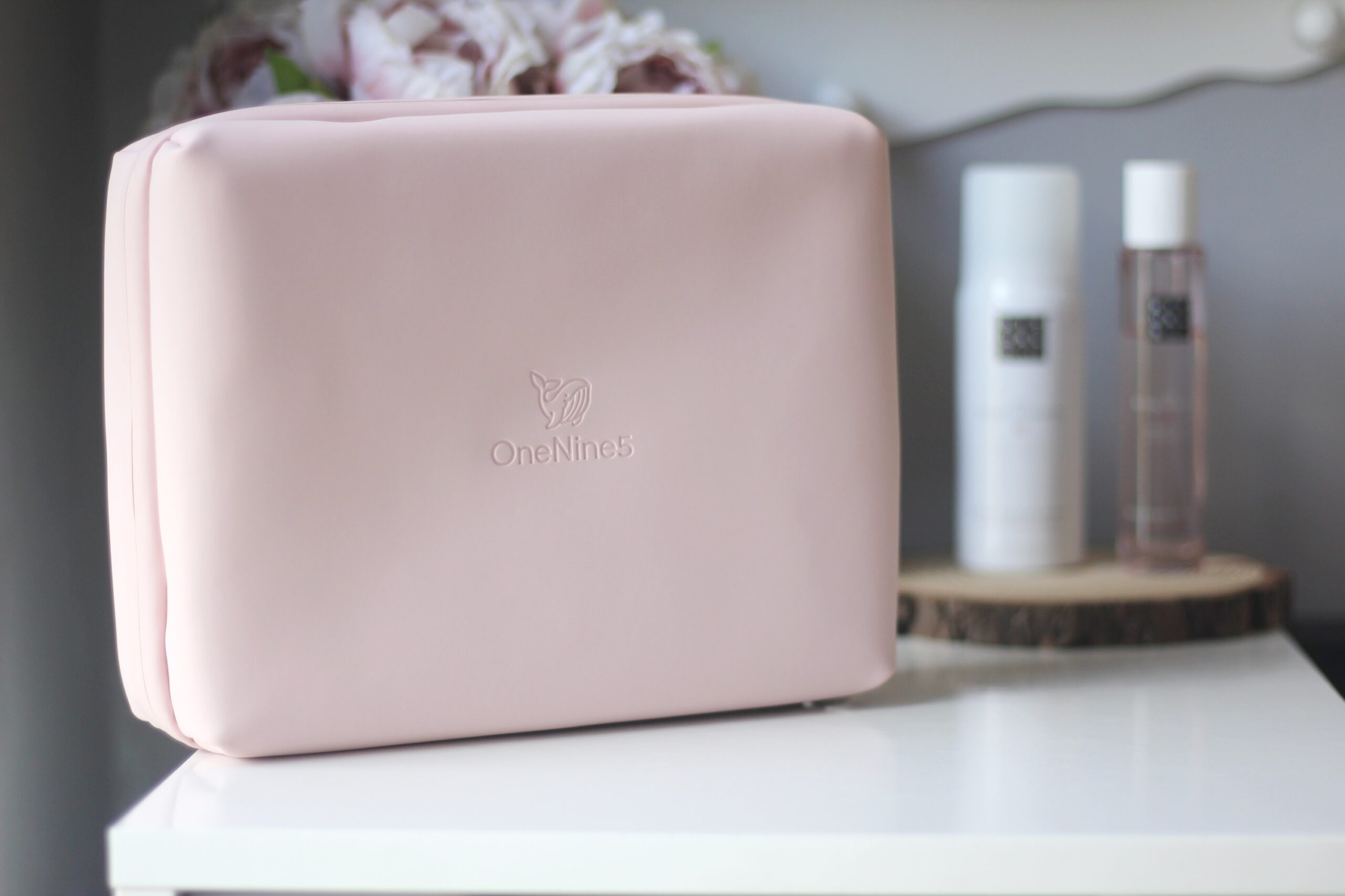
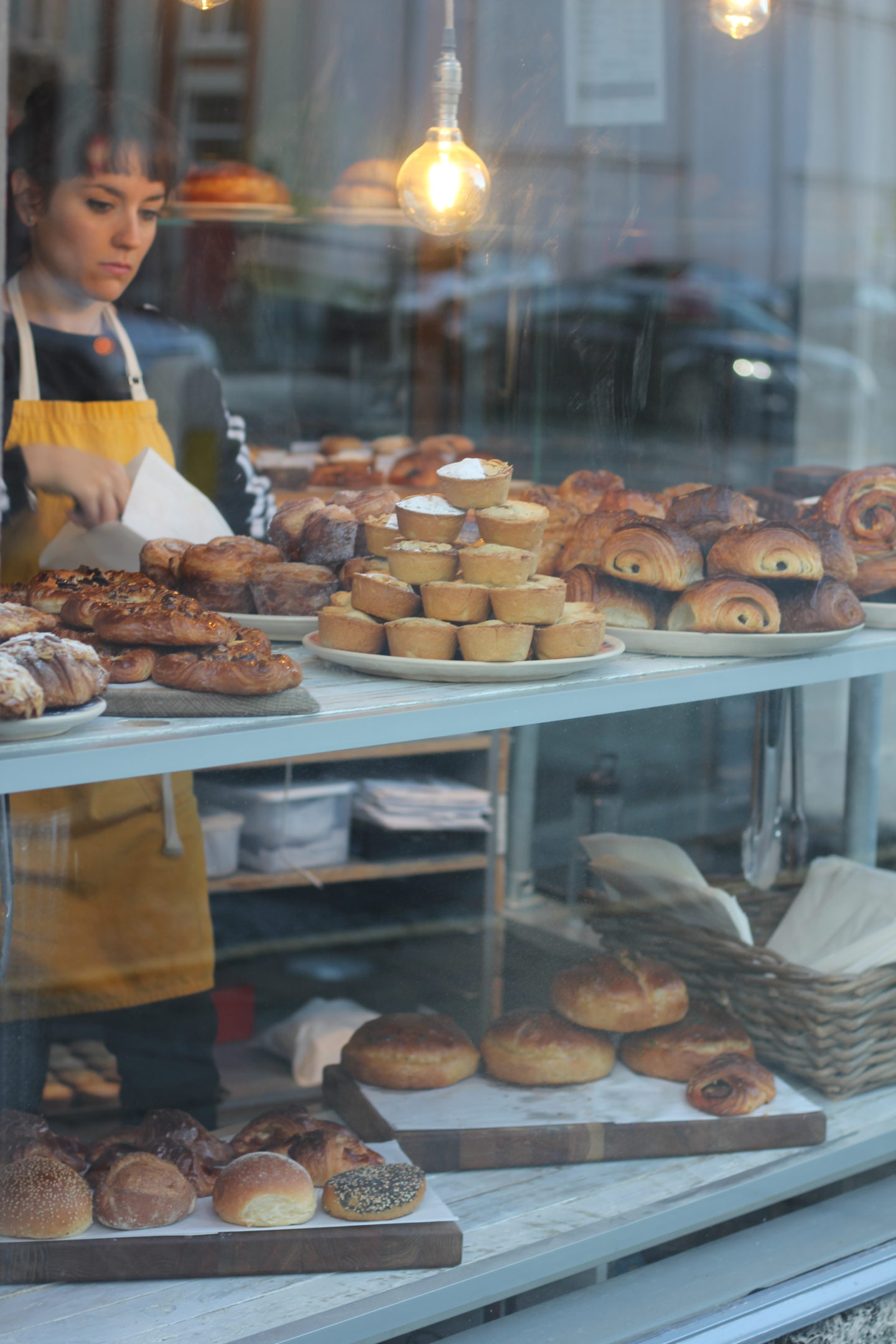
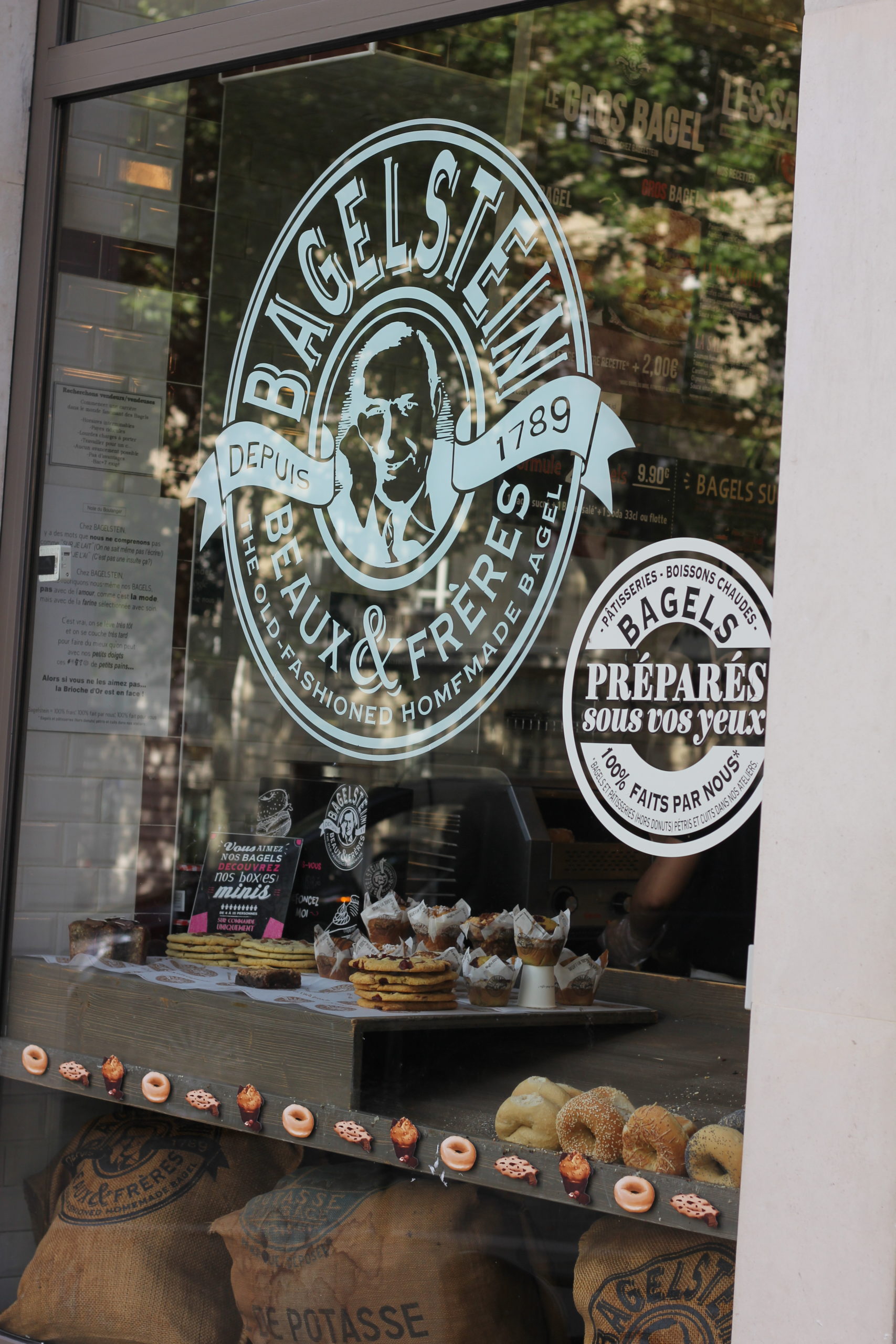
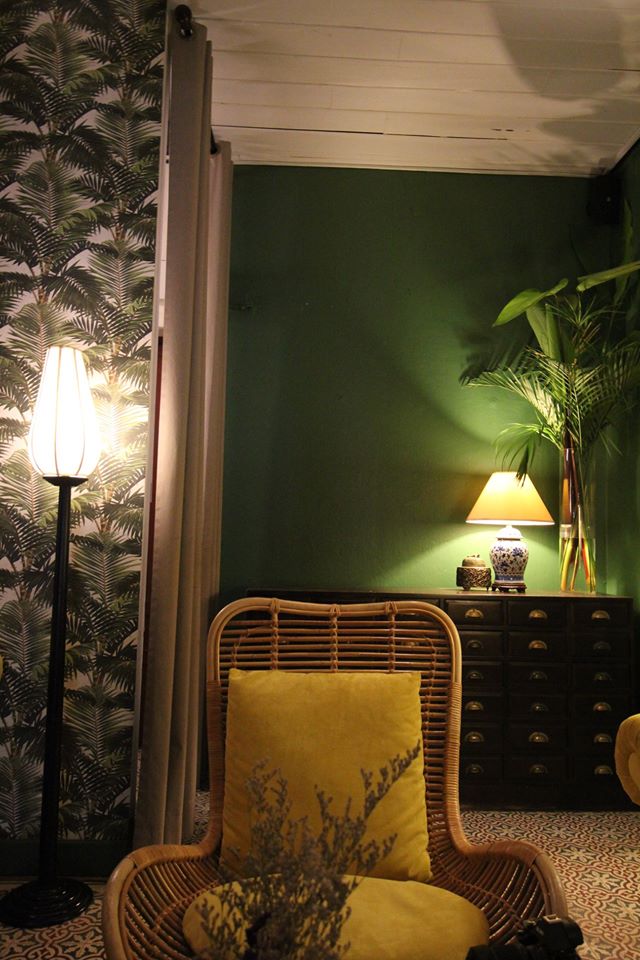
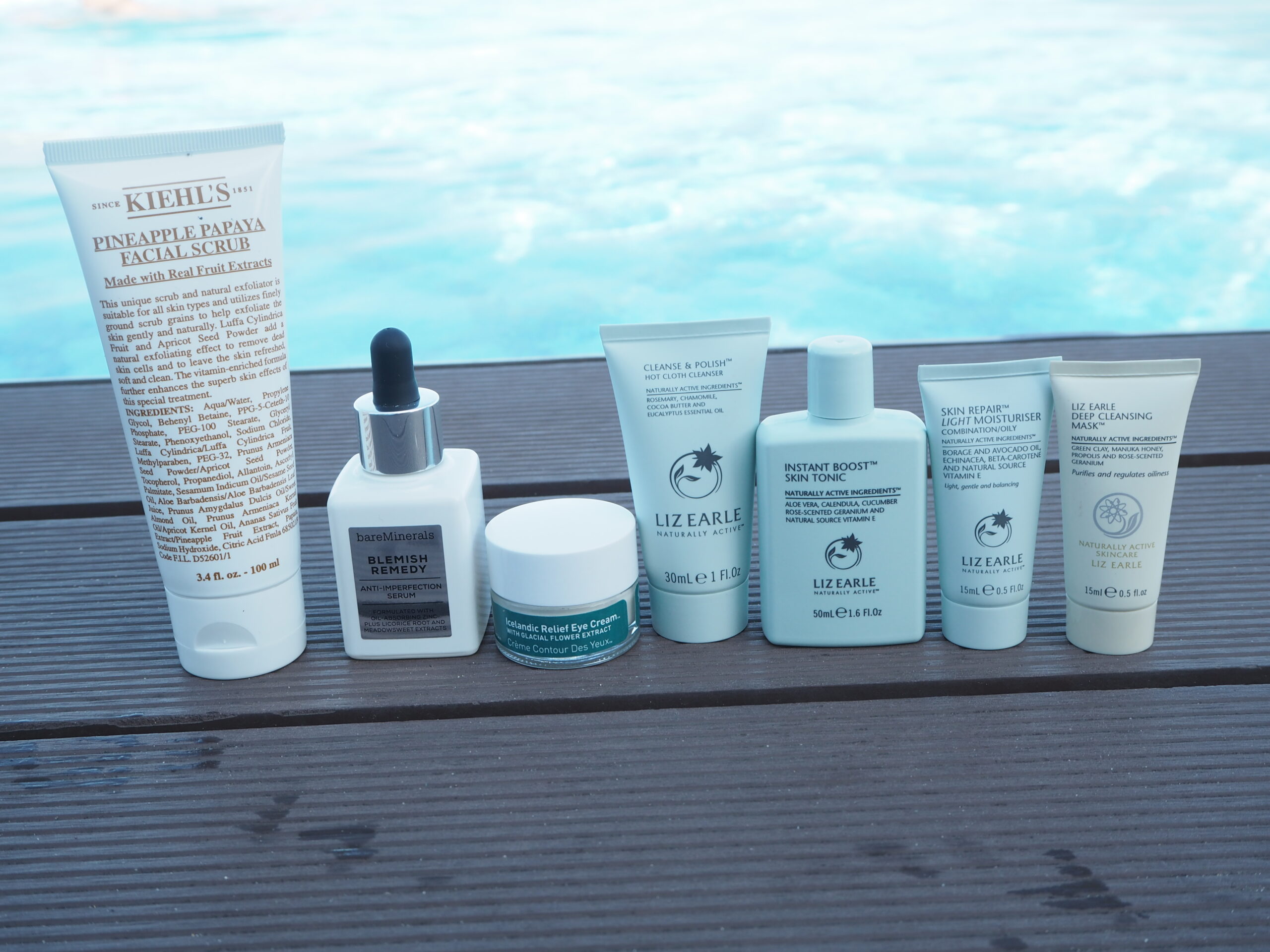
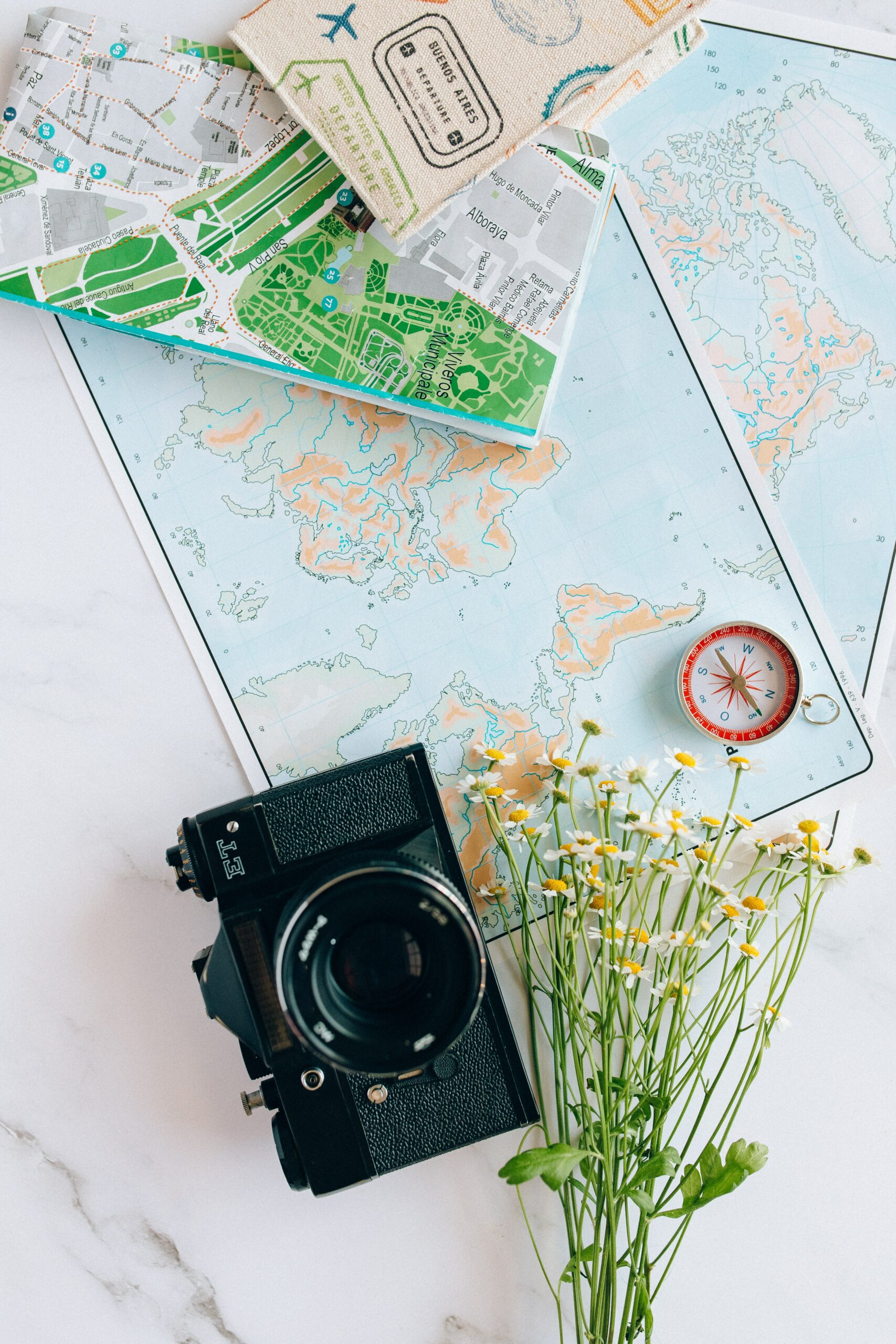
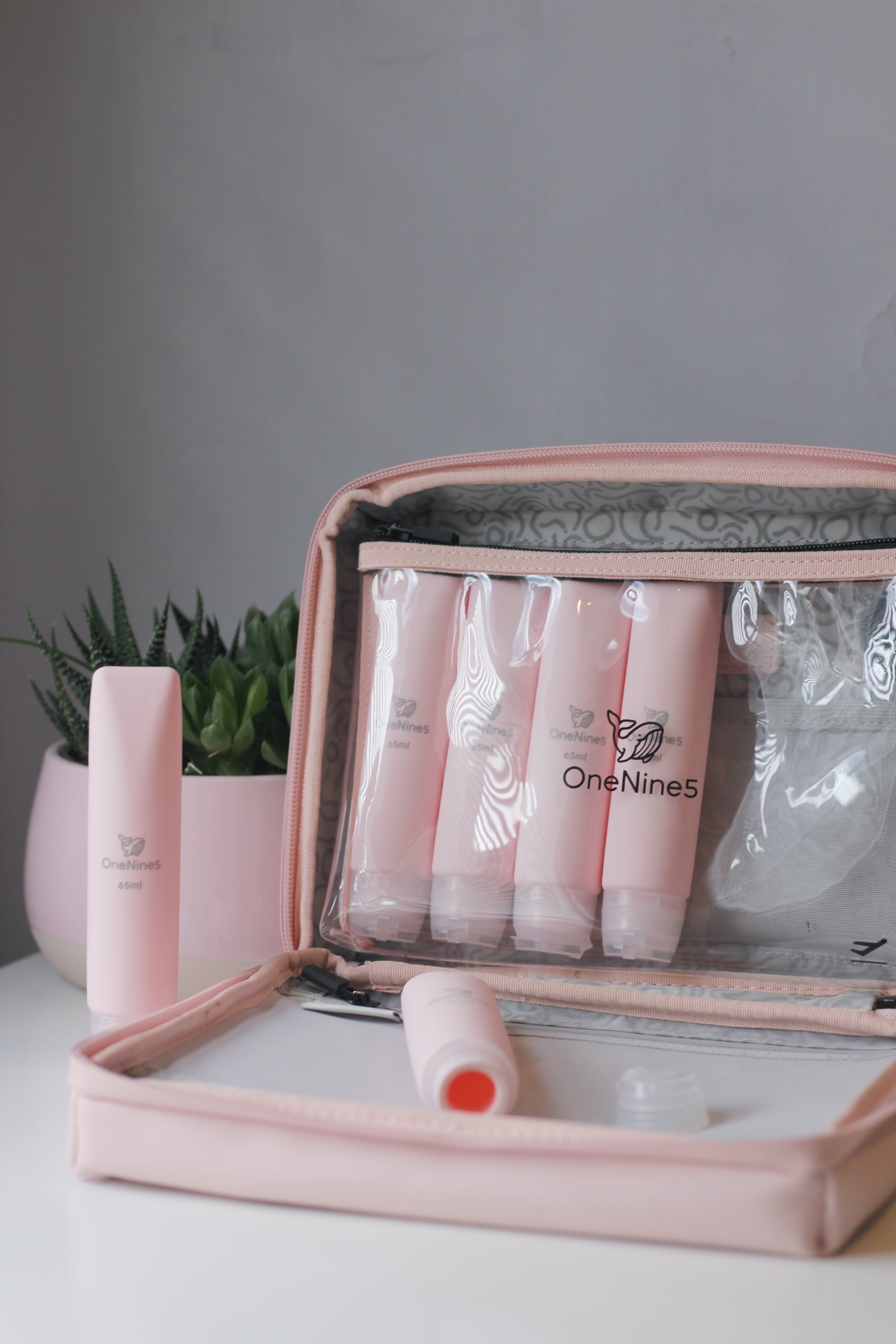
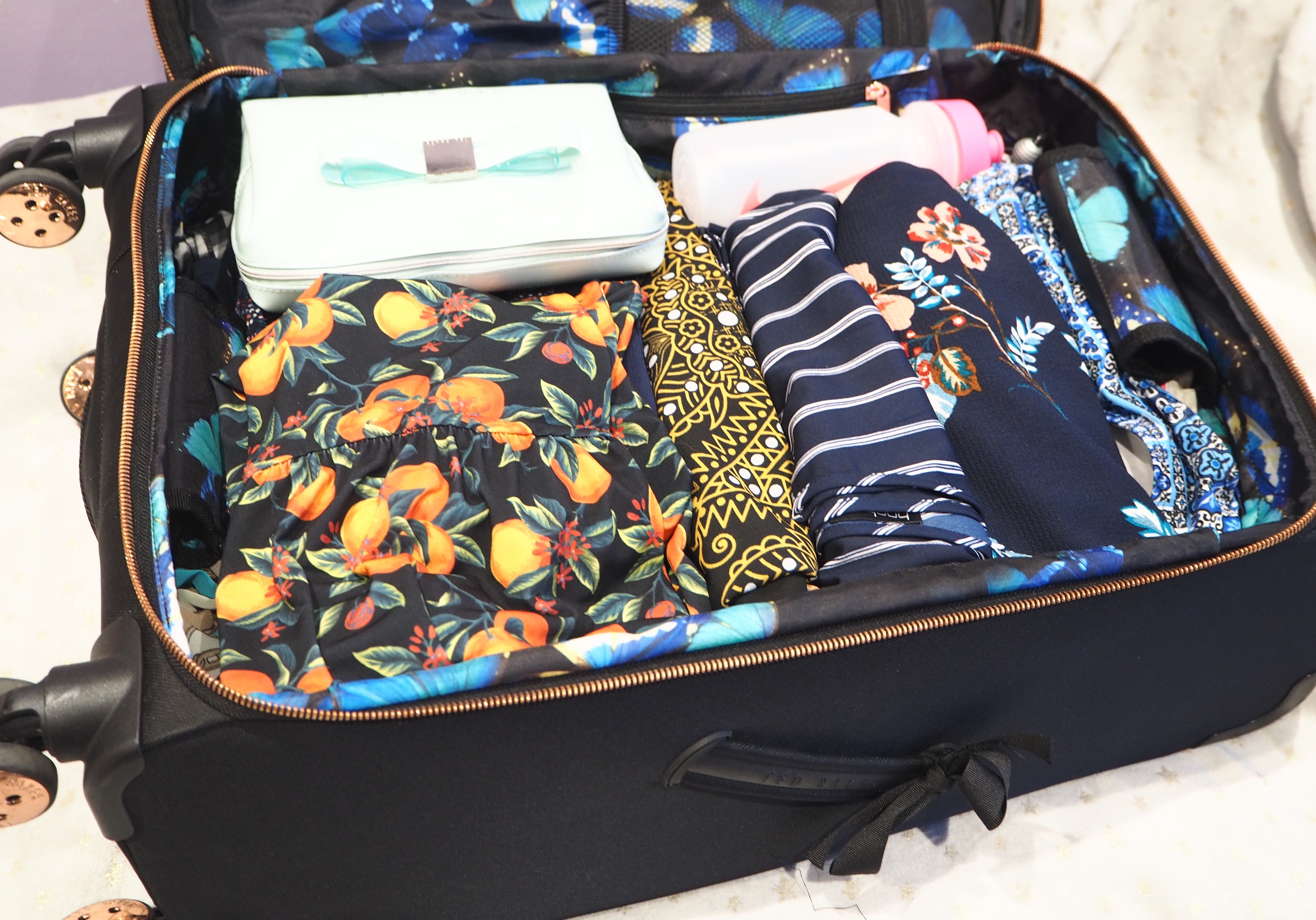
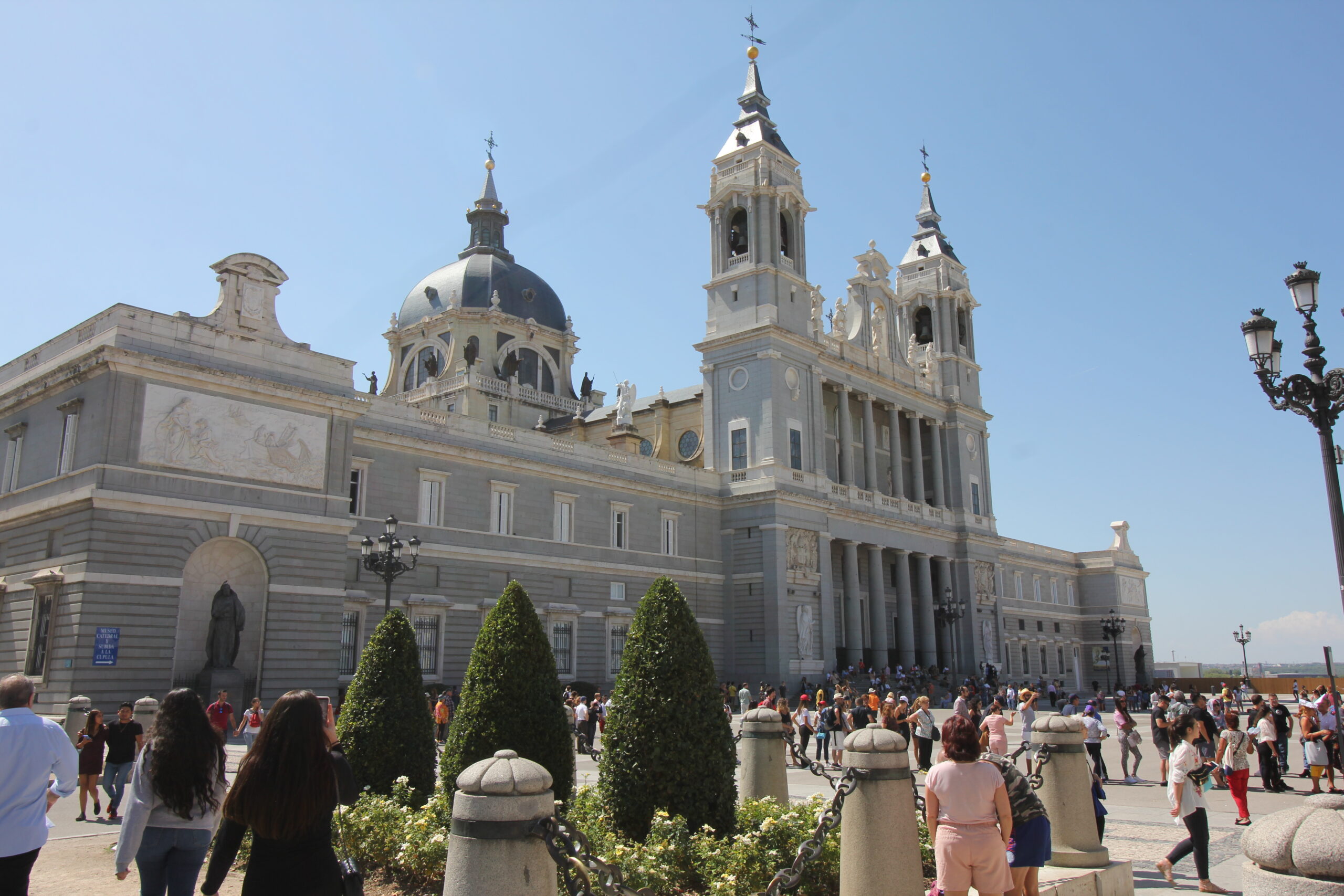
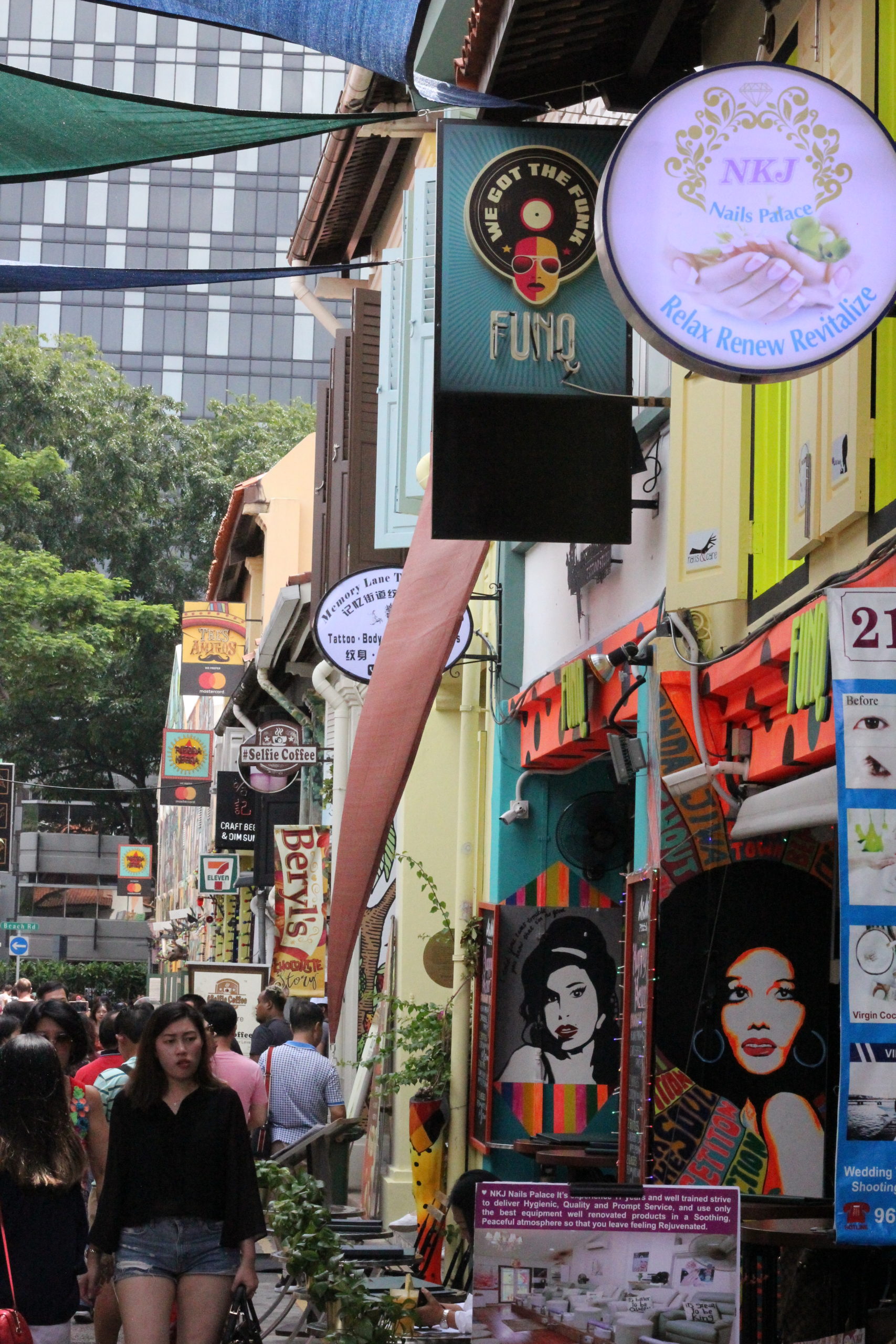


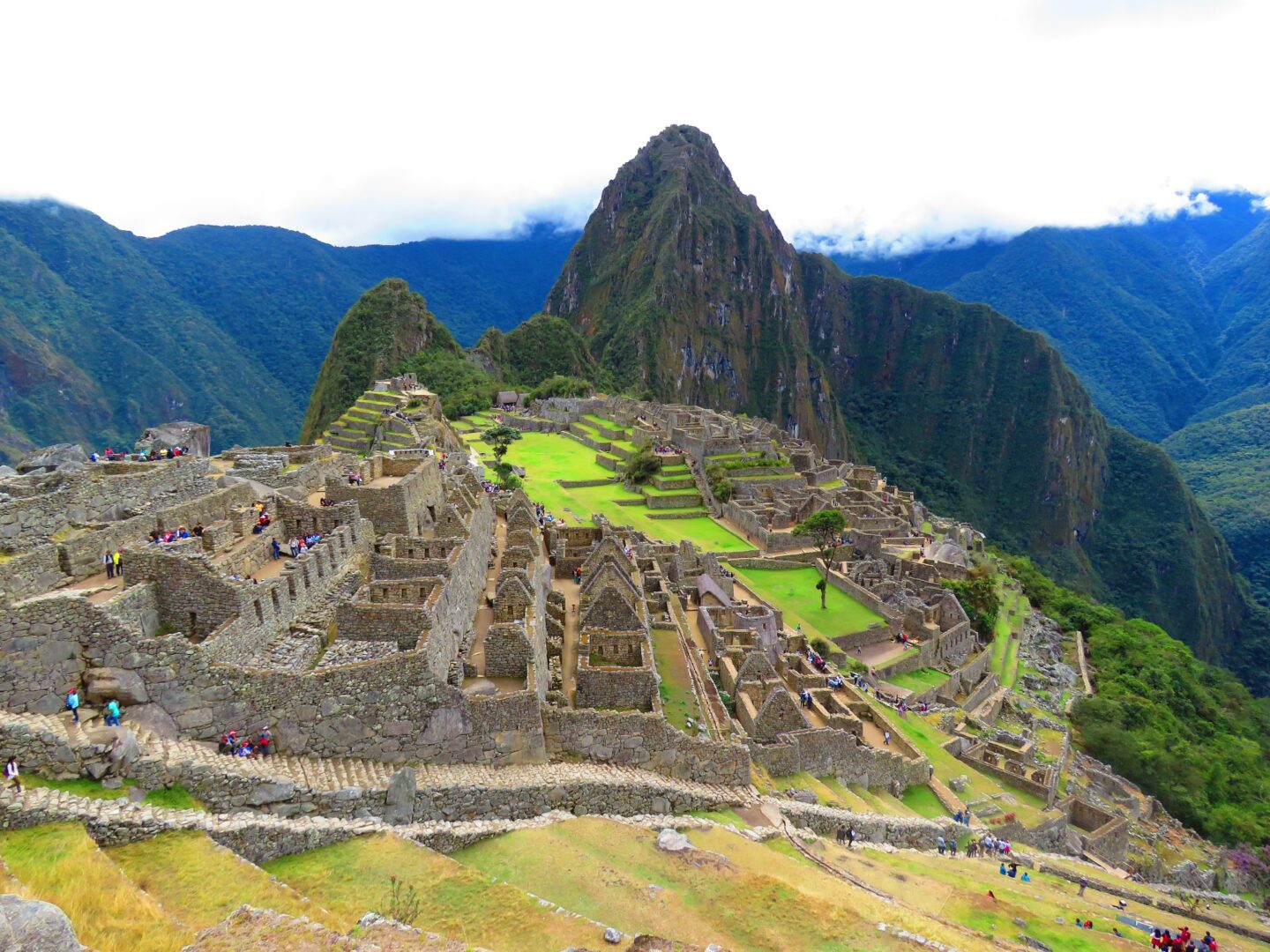
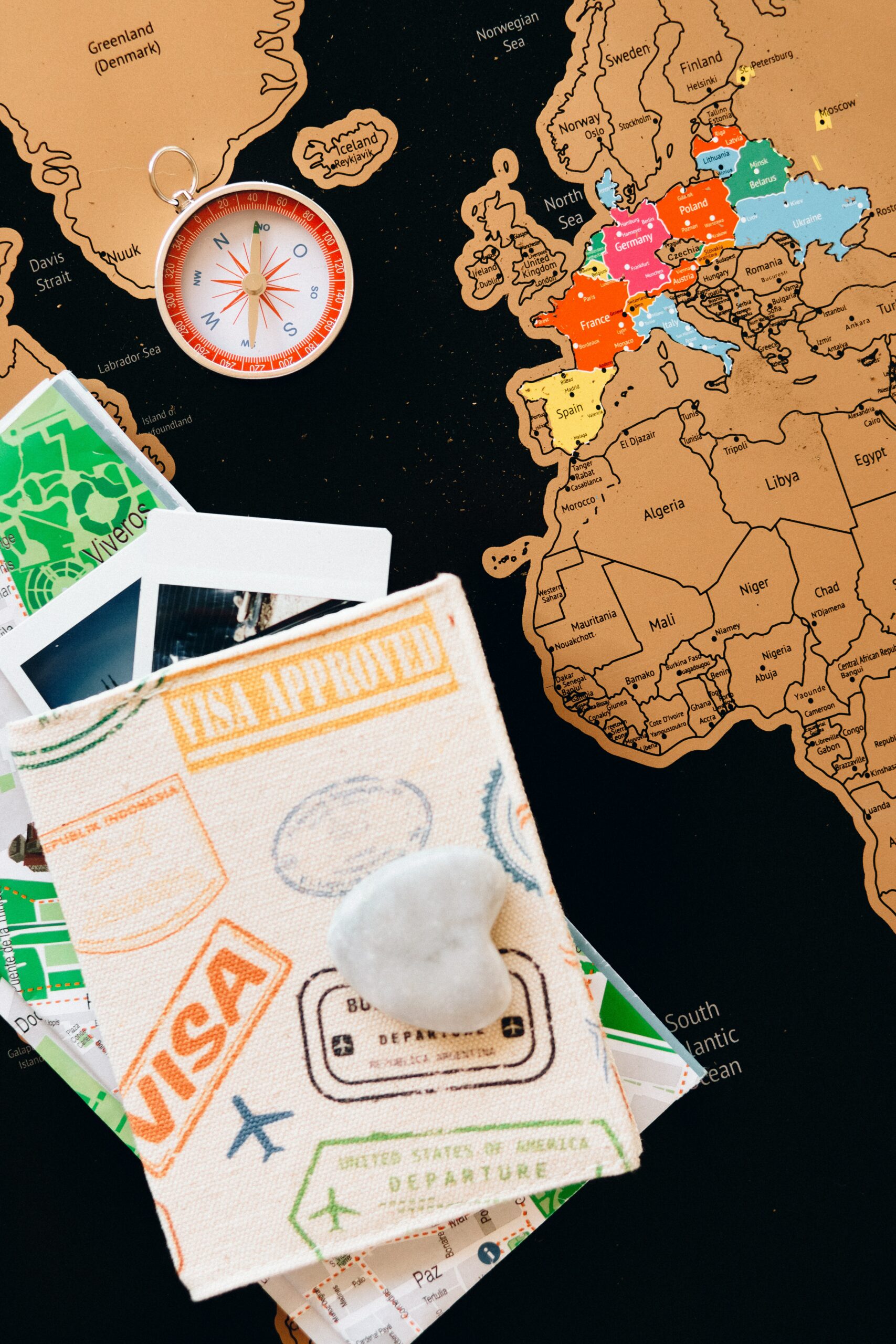
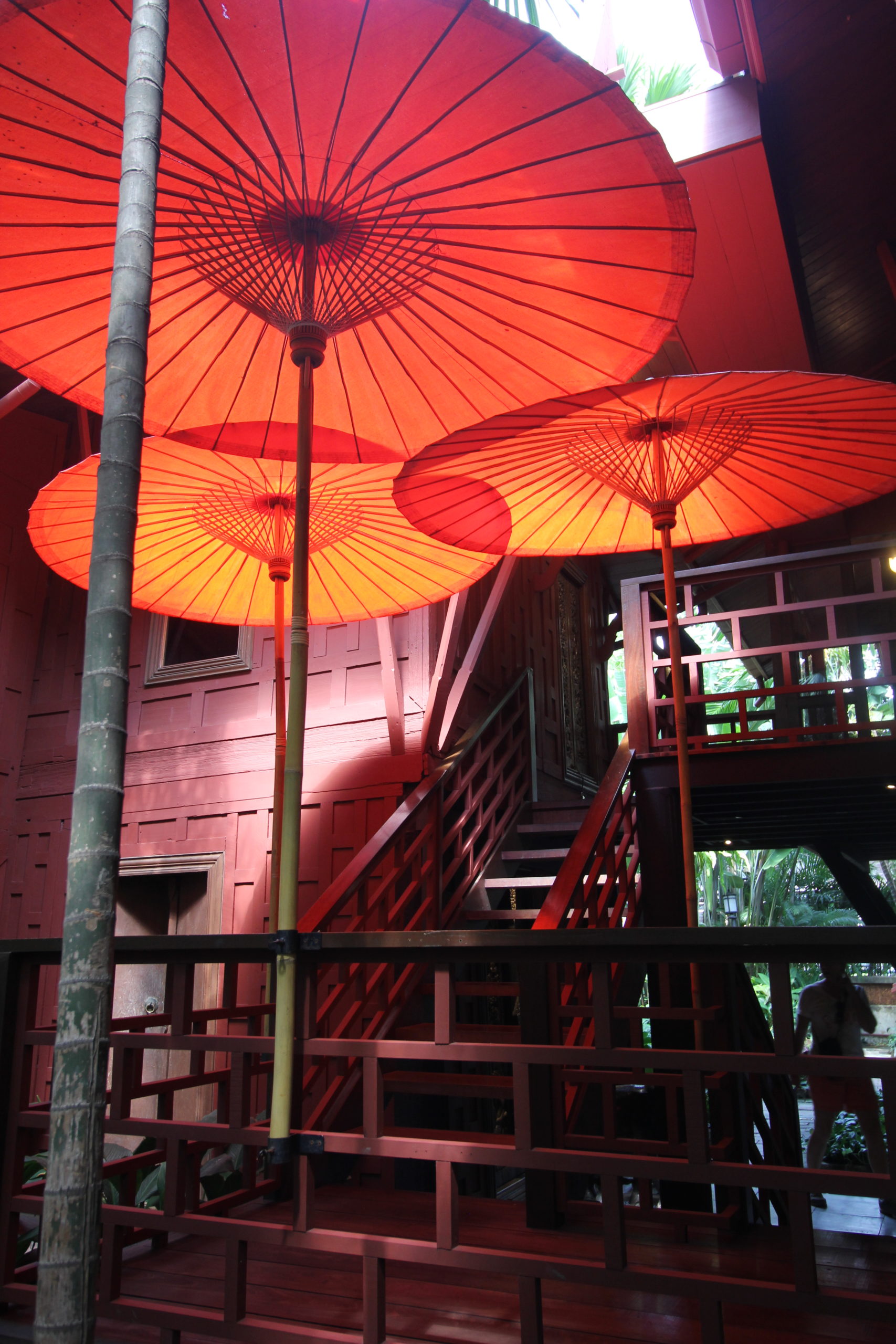
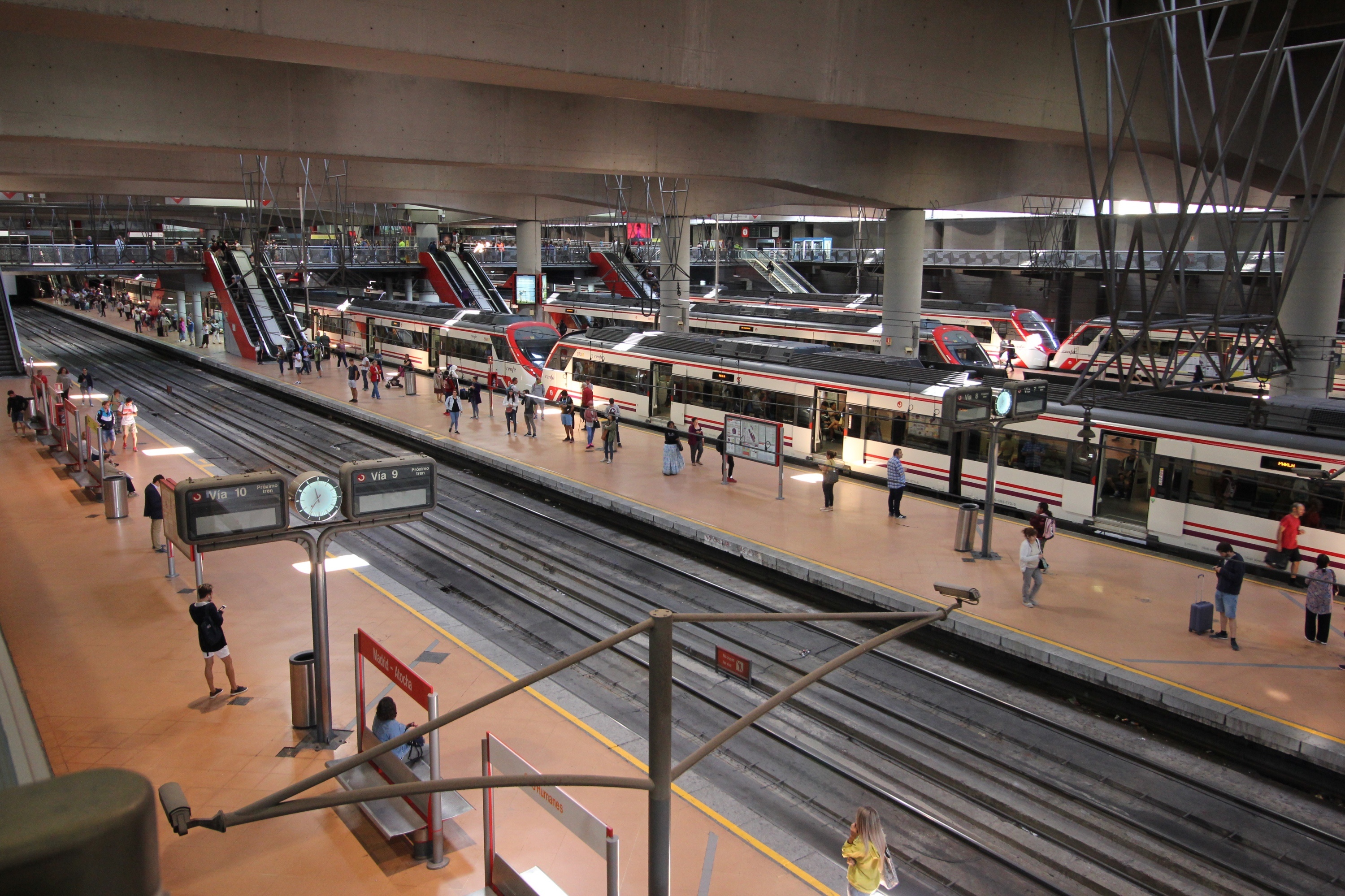
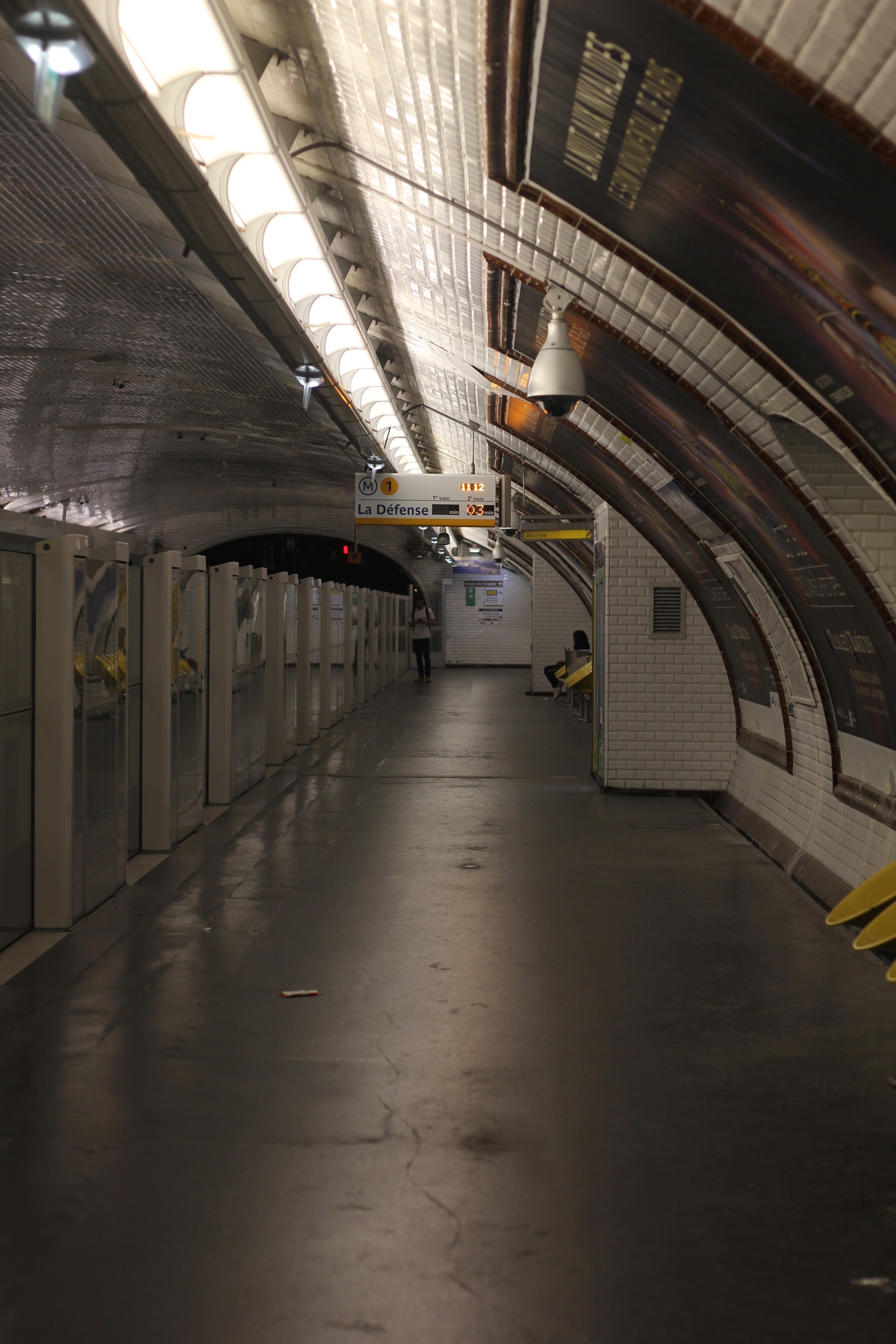

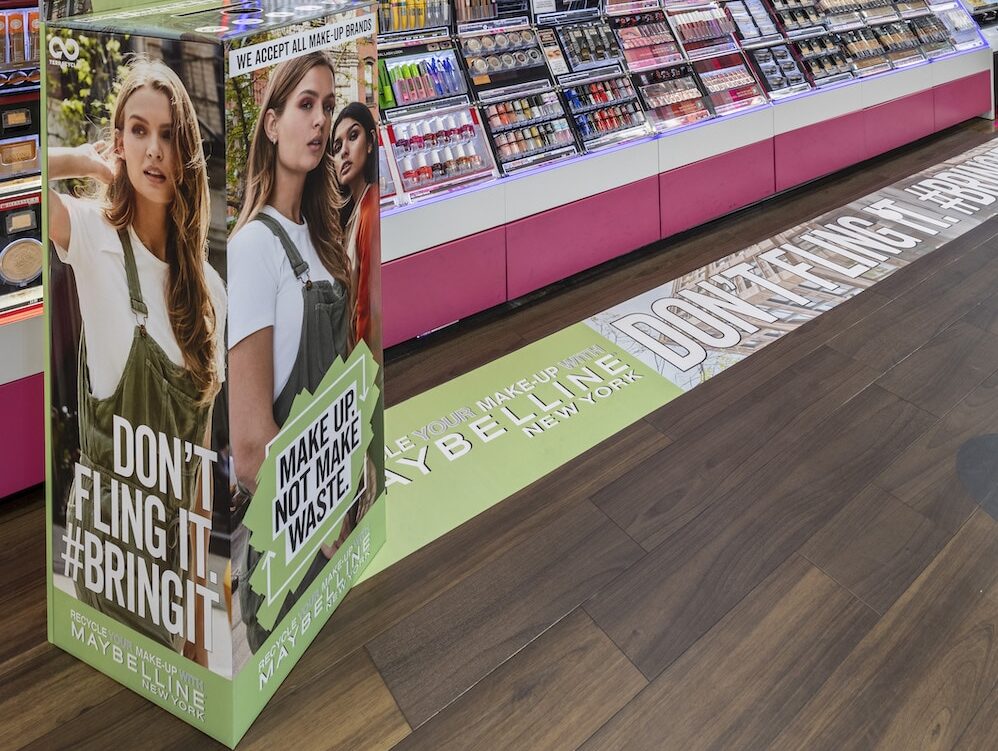
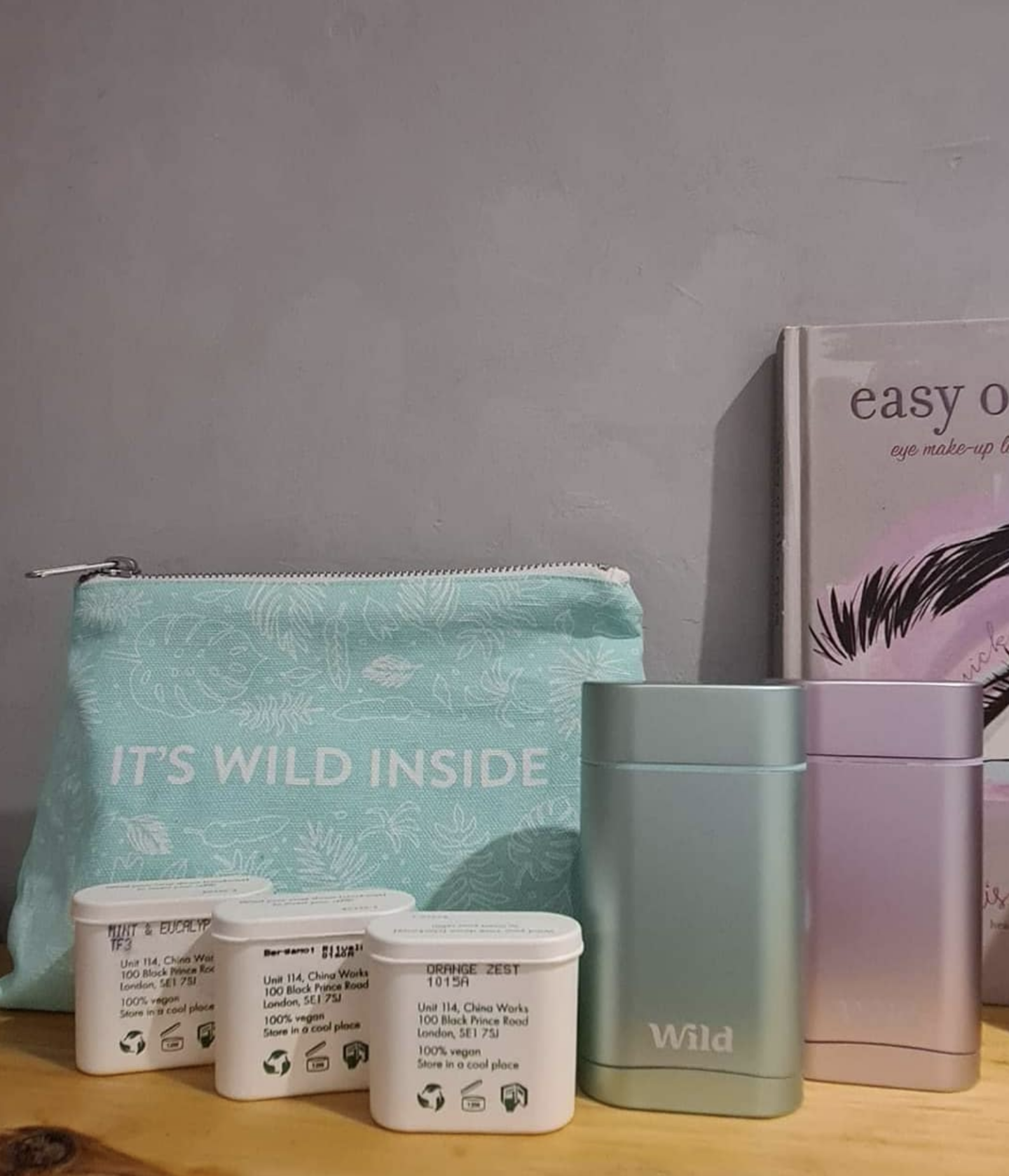

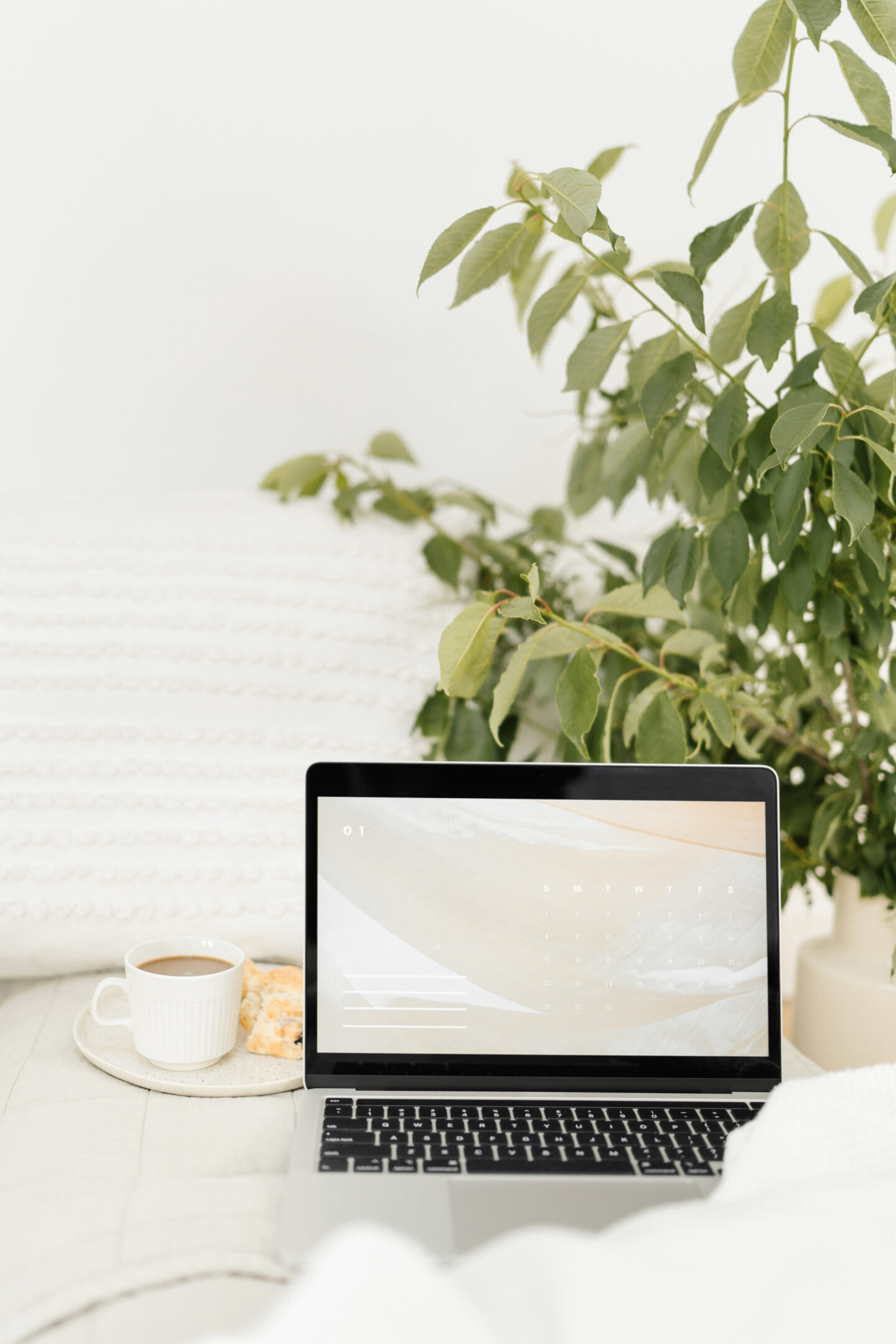
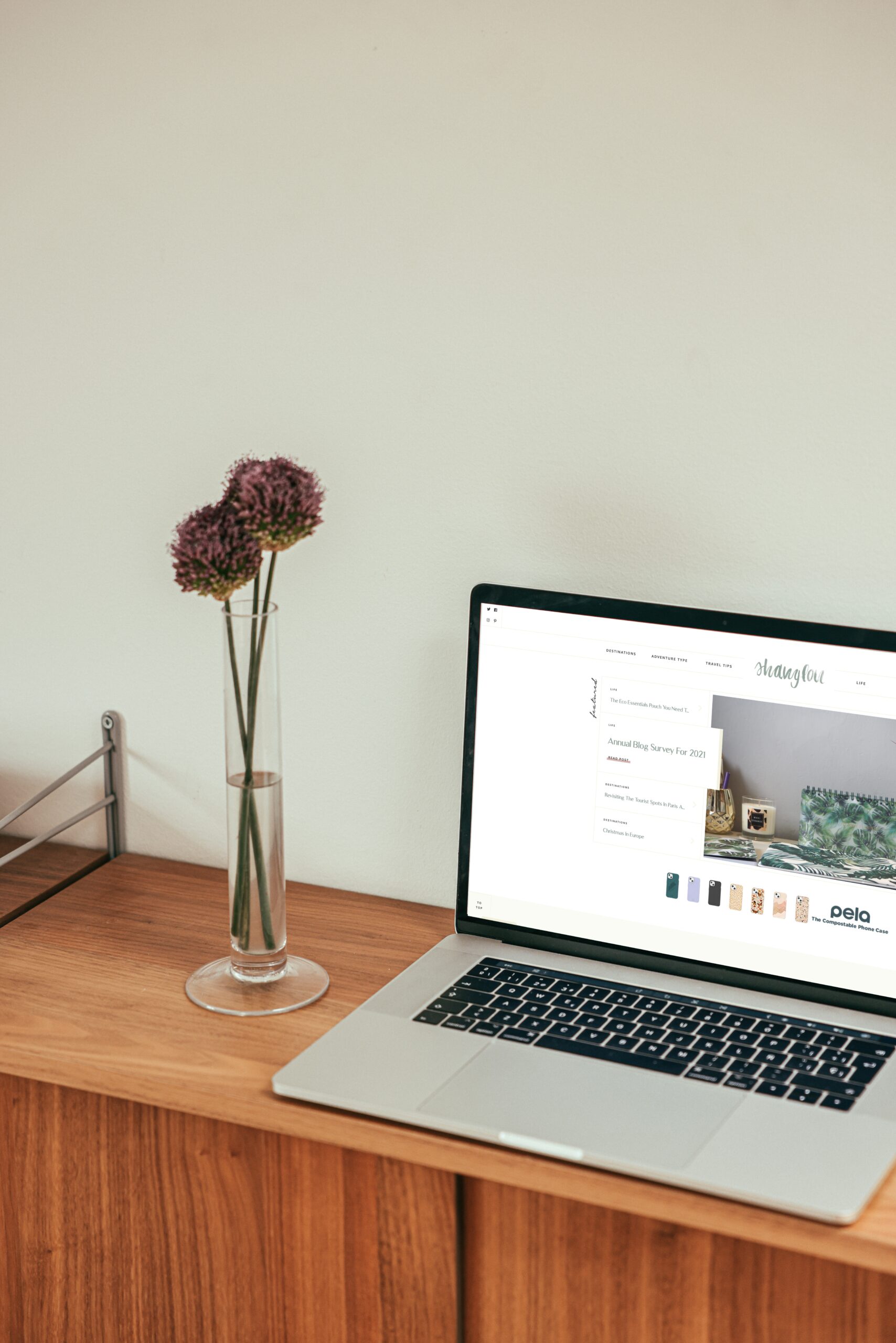


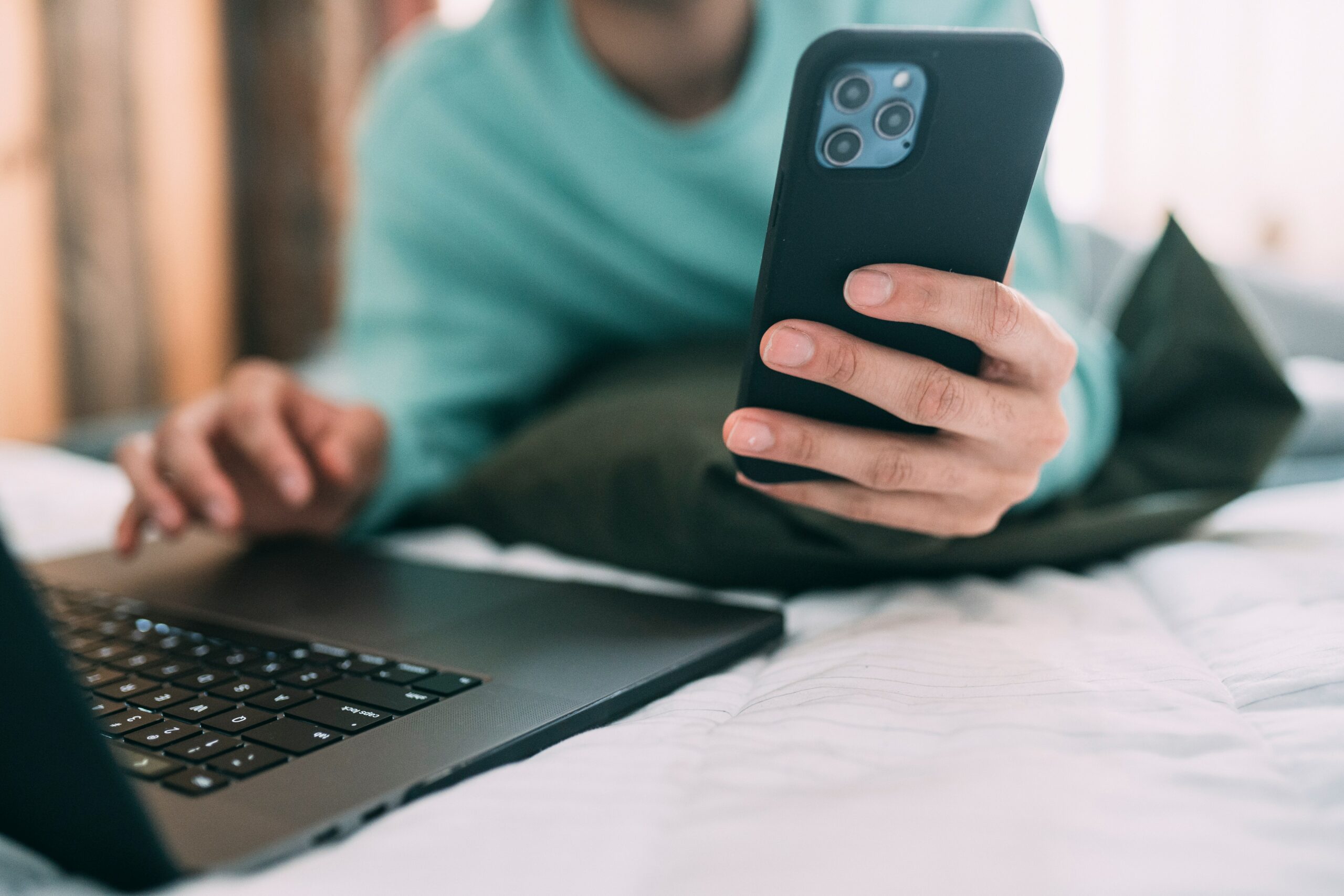




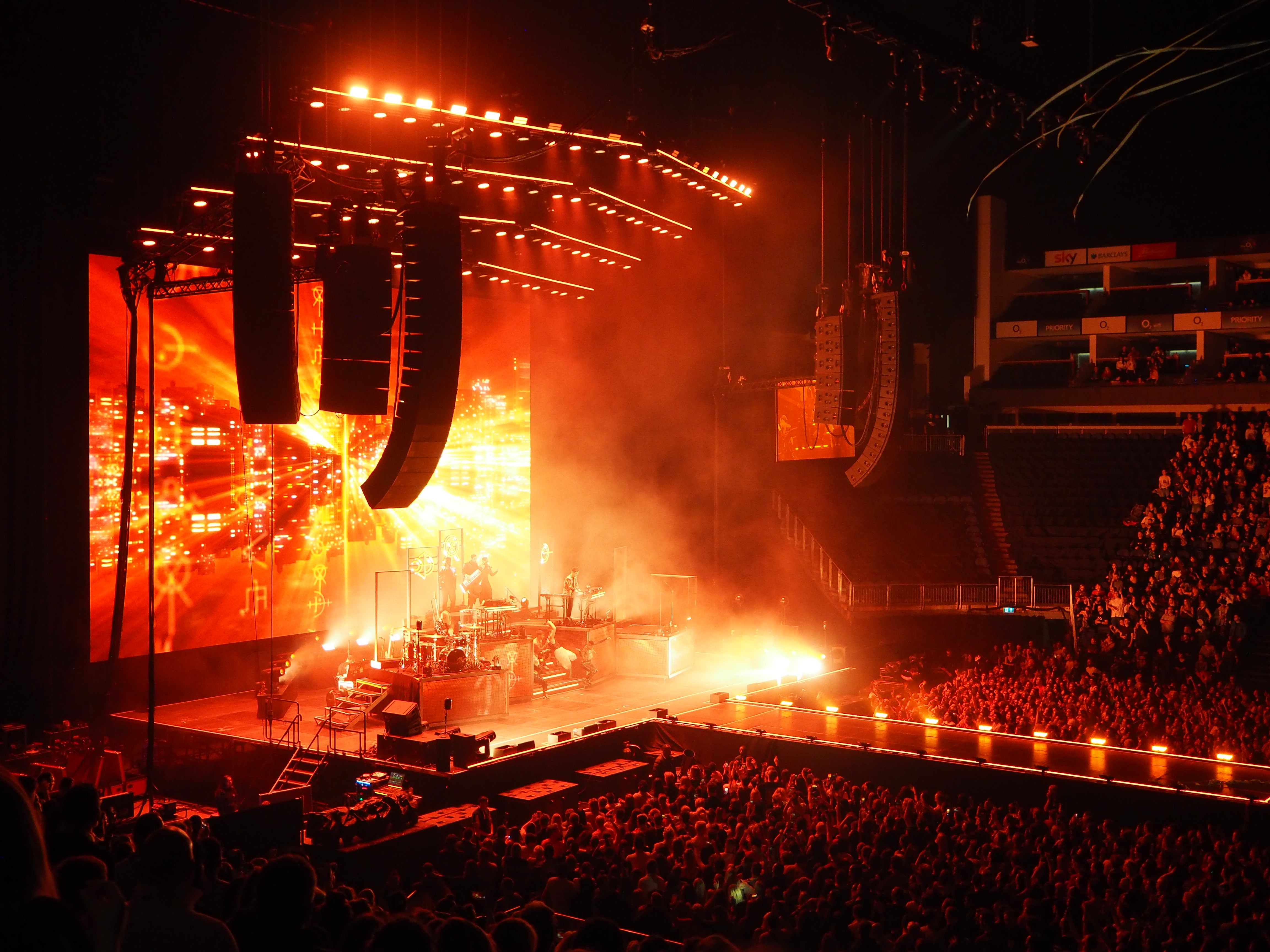
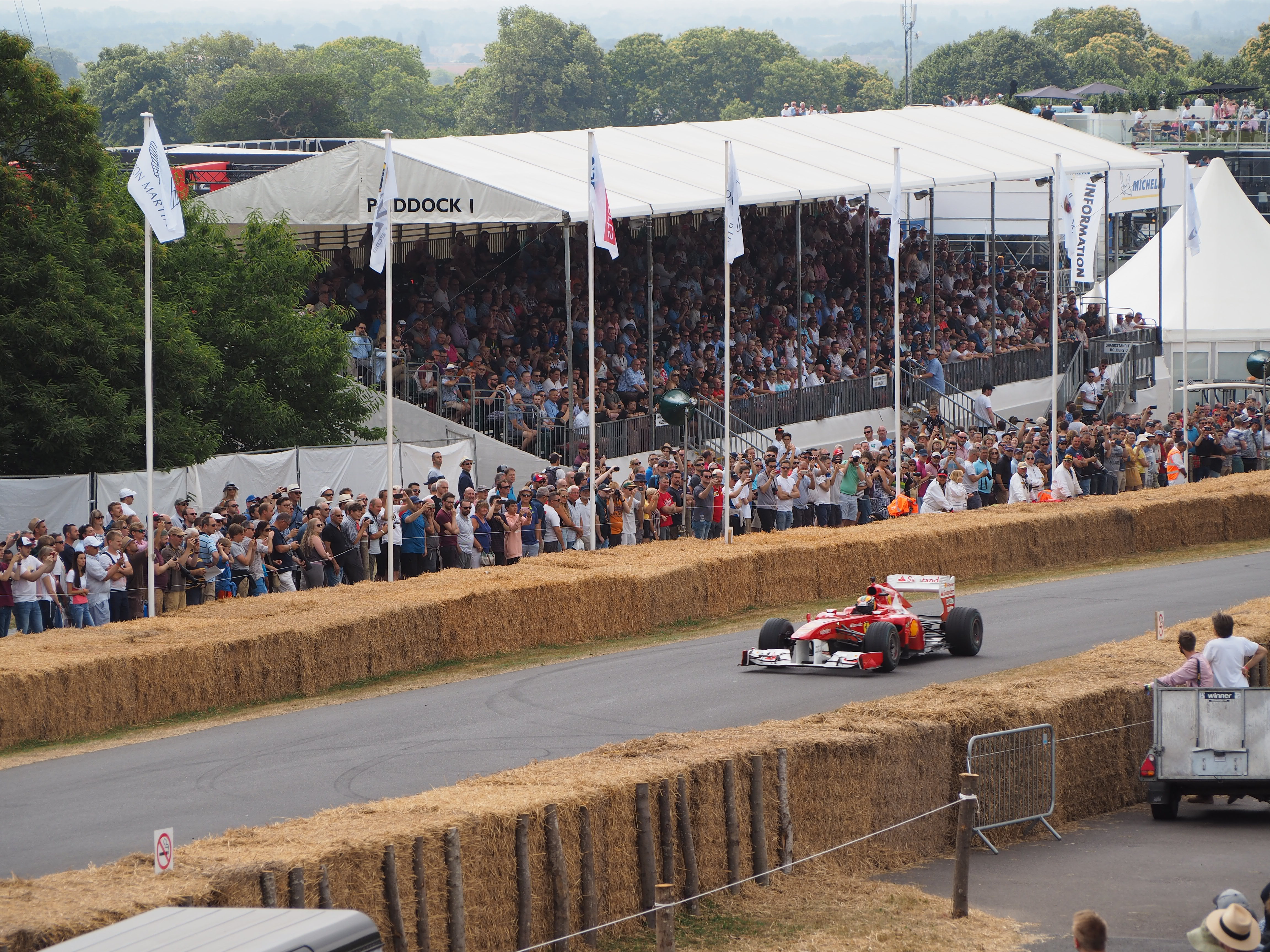
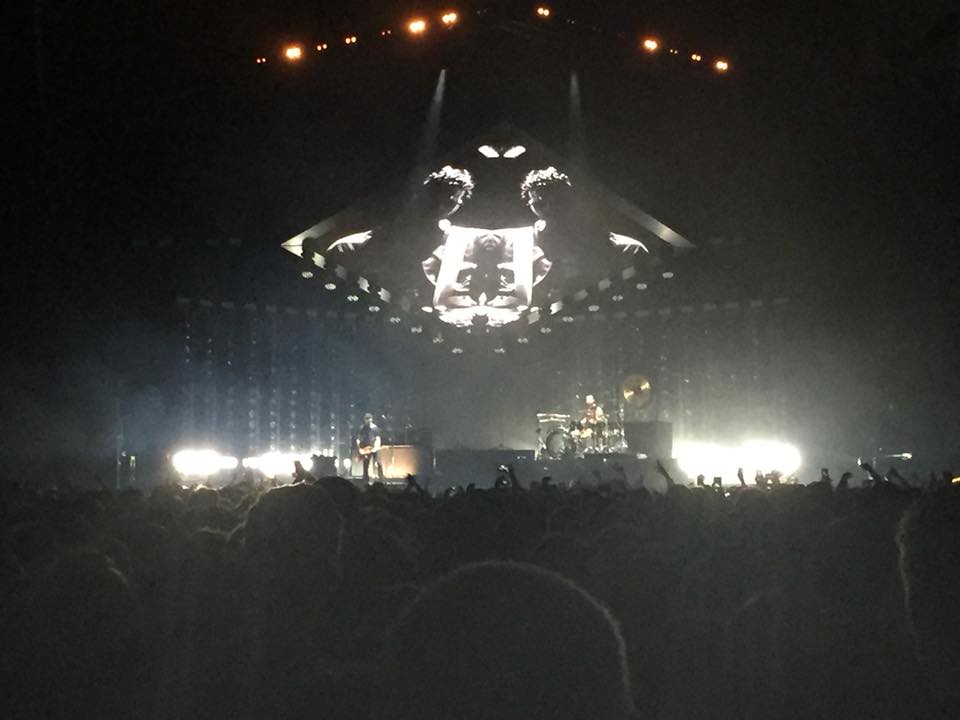
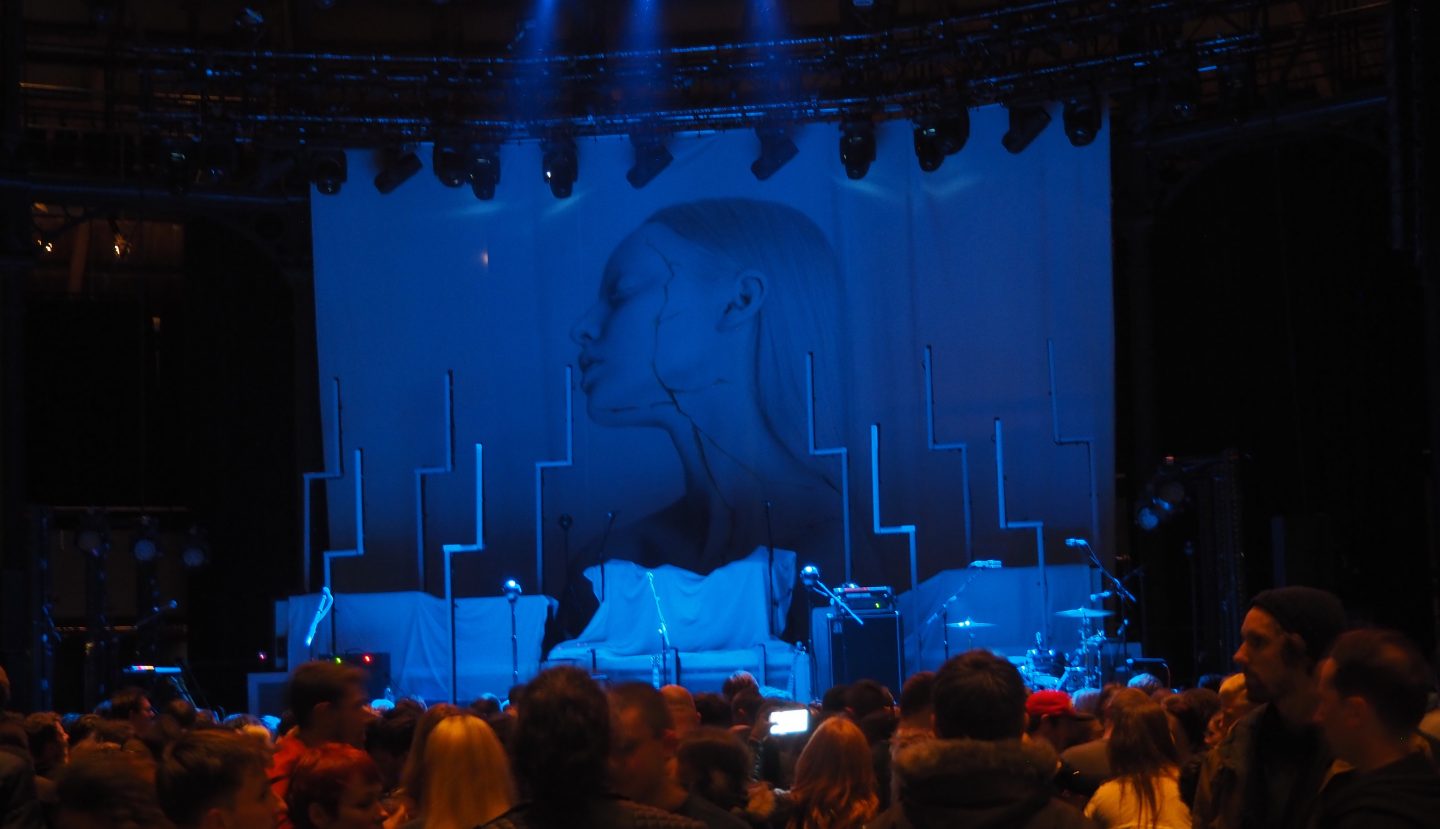
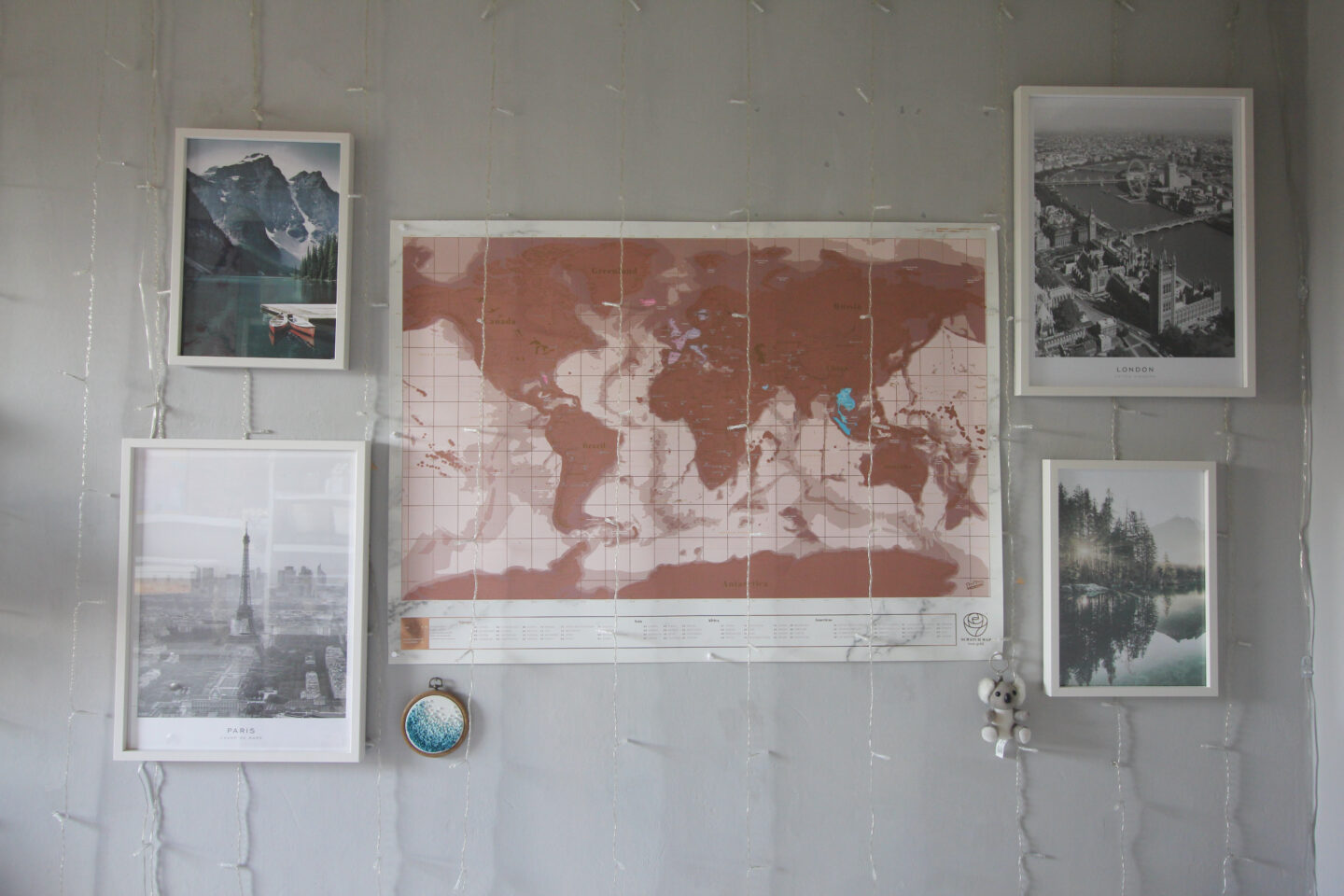
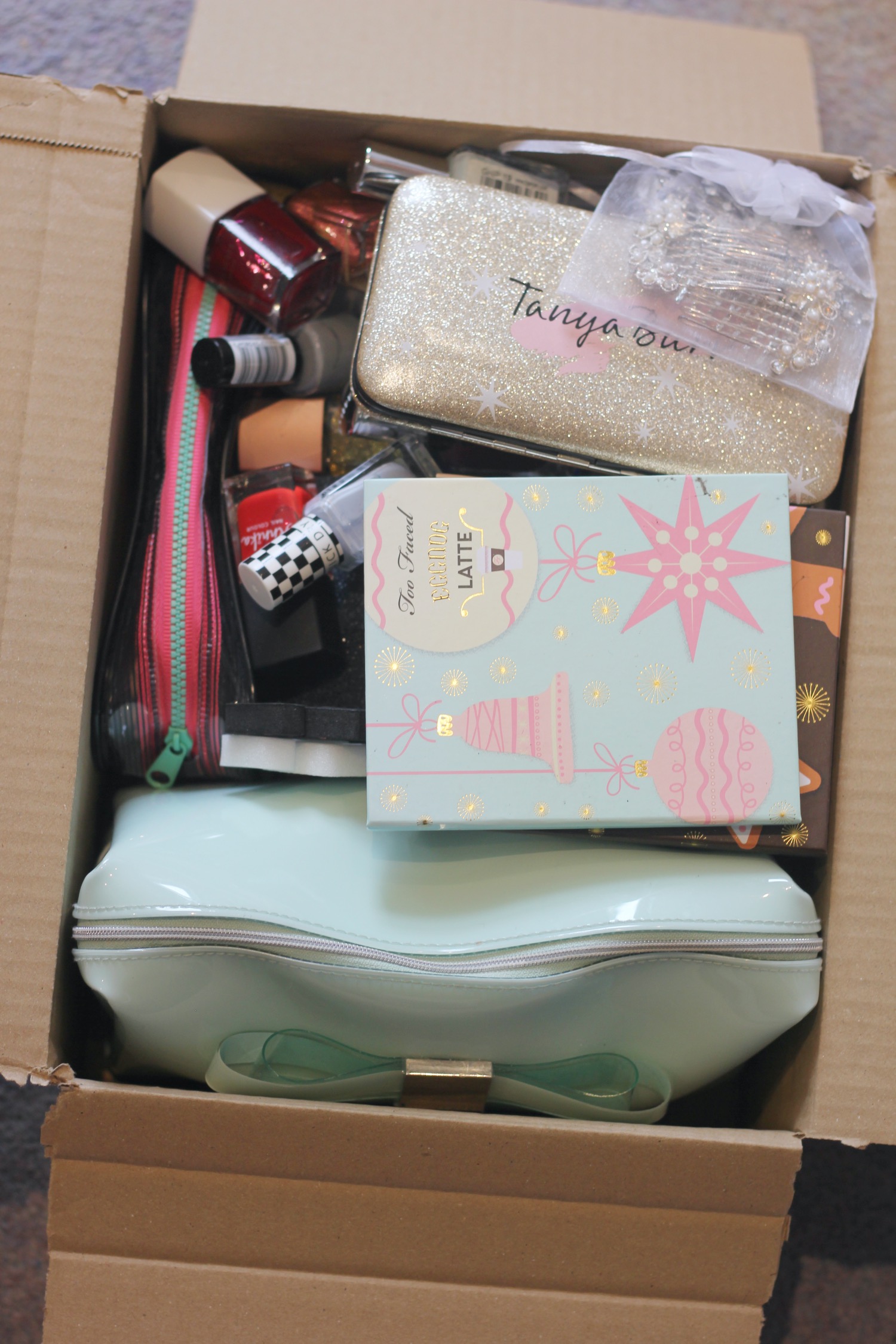
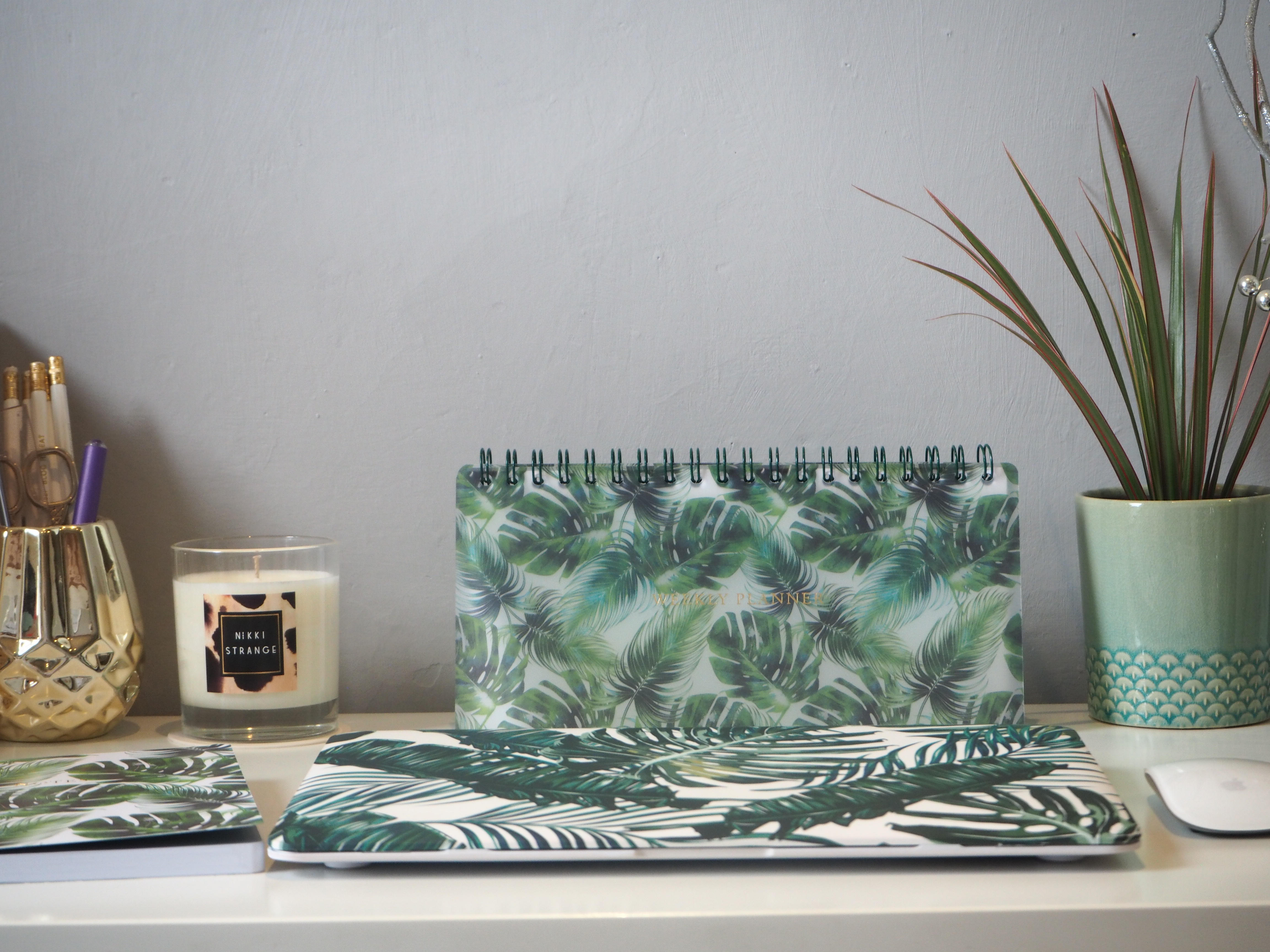
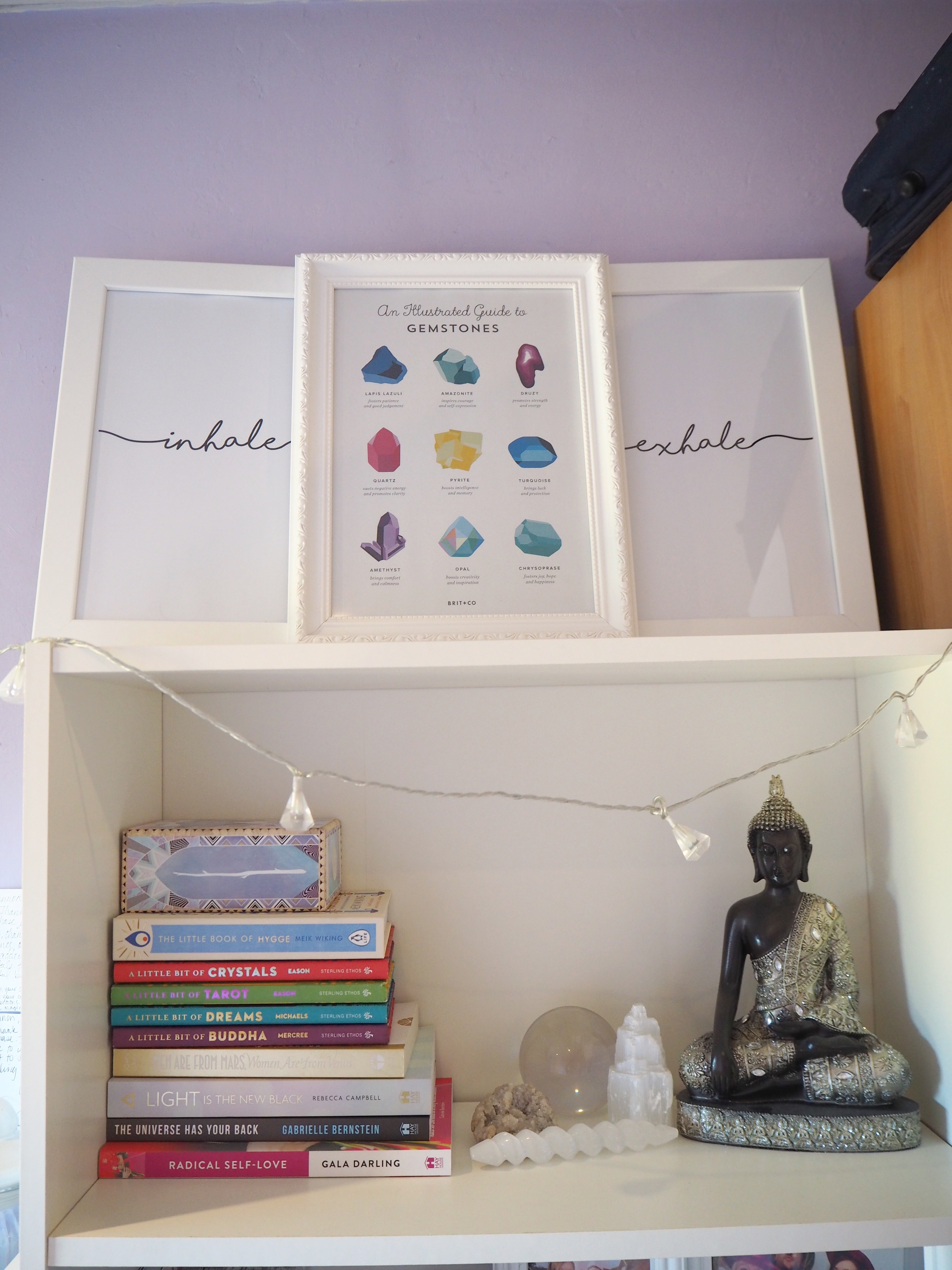


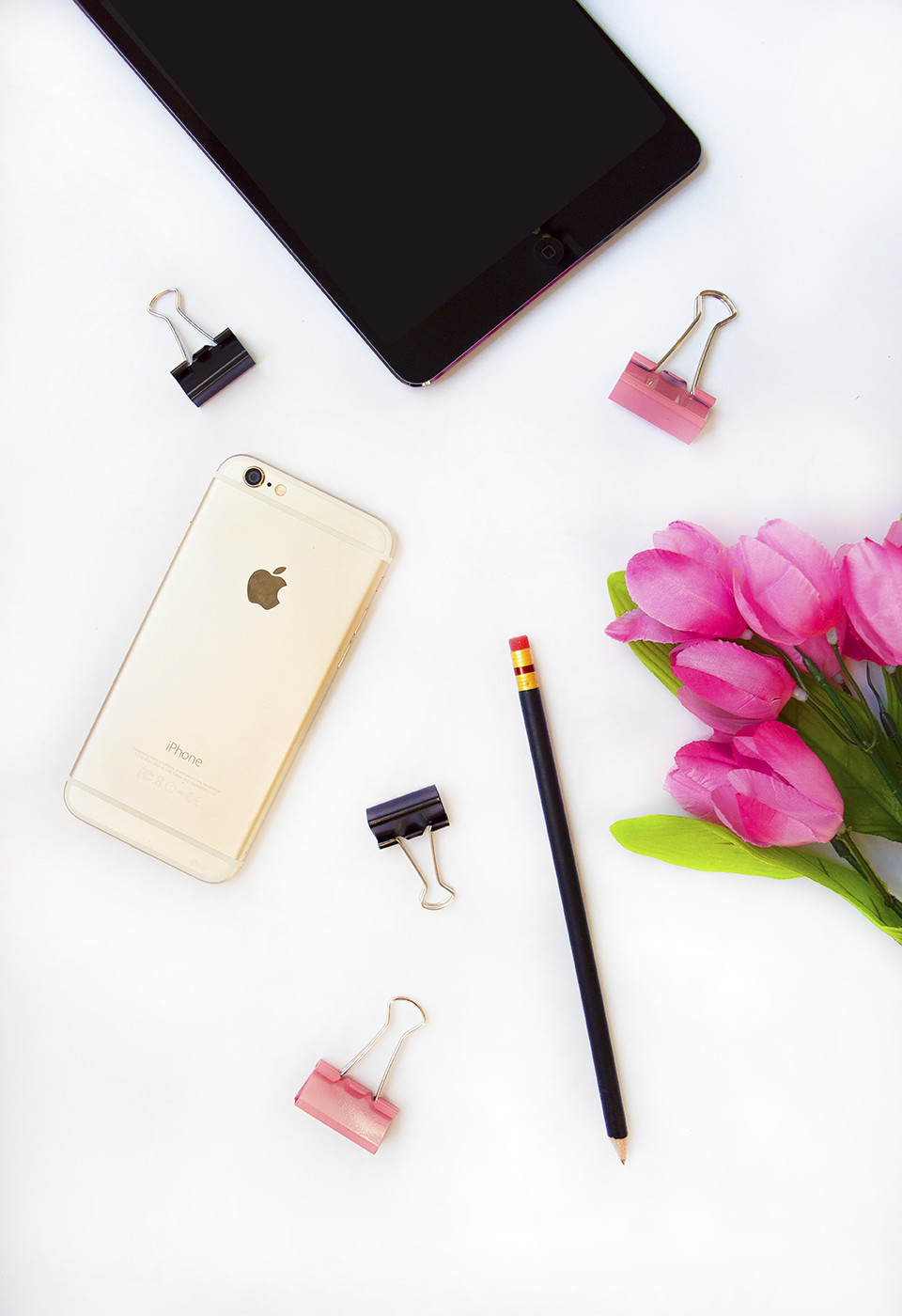

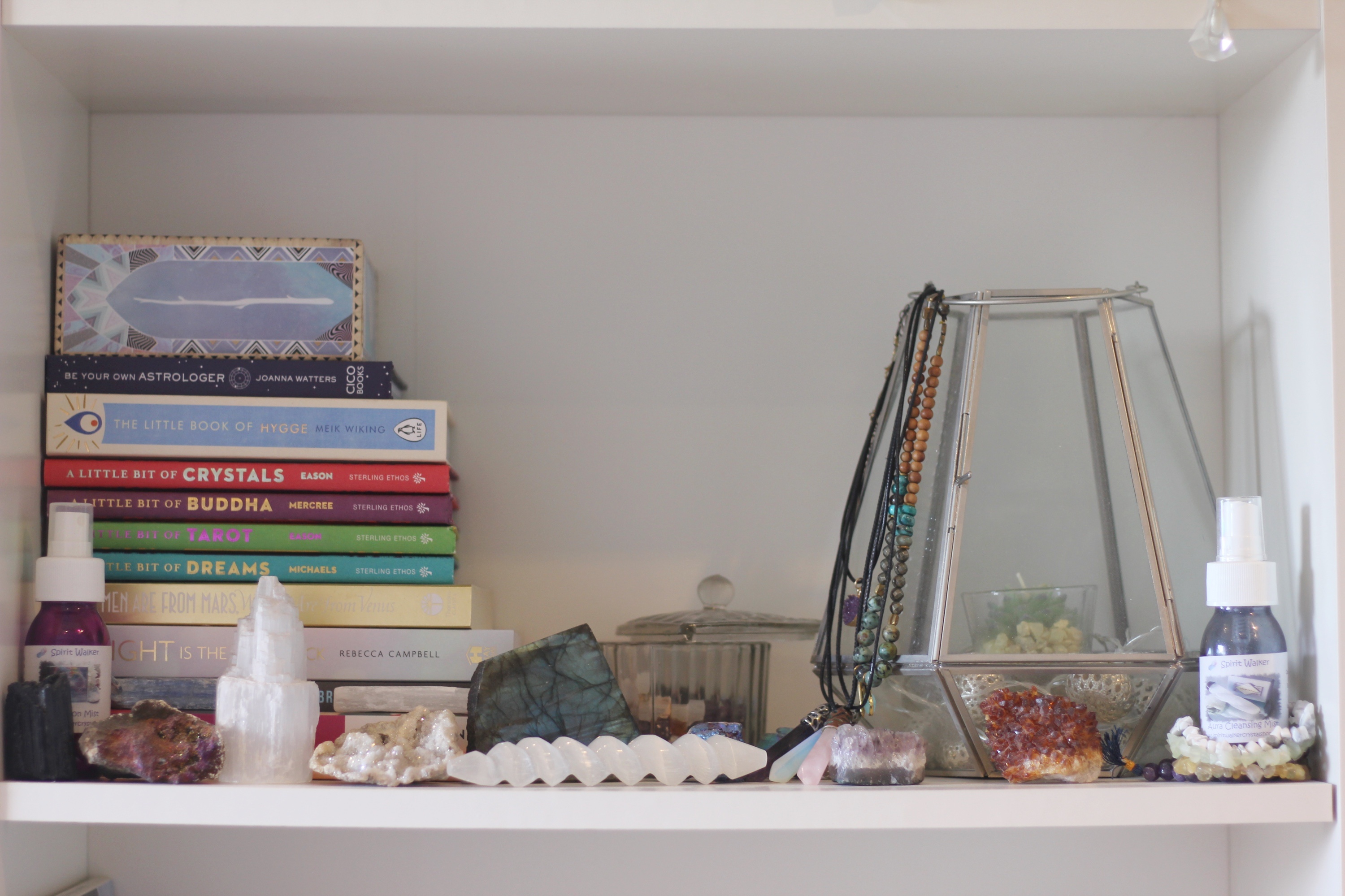

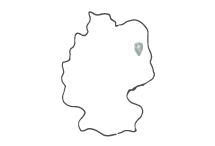 Small Budget / Food & Drink /
Small Budget / Food & Drink / 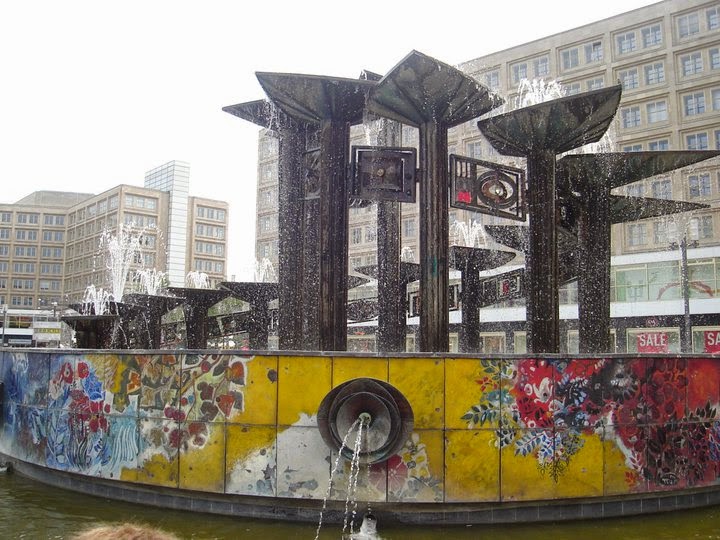

Germany has never been at the top of my list travel wise but it’s so interesting to hear what it has to offer. My parents recently visited and loved it so I’m definitely warming to the idea of taking a trip!
Soph – https://sophhearts.com x
It’s so lovely, I wish I had visited more places but hoping to go back soon 🙂 I’m glad your parents enjoyed it x
I have to admit that Germany is not somewhere I’d have thought of going but after reading this it has changed my mind. 🙂
Sarah 🌺 || Boxnip || Latest Post
It’s a lovely place with so much history and awesome architecture! I need to go back and see more as it’s been years since I last visited x
I travelled through Germany on my coach trip to Austria a few years ago and knew so many German words but I can’t remember them now which is pants! I’d love to visit there properly some day.
Isobel x
New post: https://www.fashionistachic.co.uk/2019/10/fashion-one-colour-ive-been-obsessed.html?m=1#more
Insta: https://www.instagram.com/isobelceline/
New video: https://youtu.be/-4kzUwbvoNs
That sounds awesome! That’s always the trouble with learning a new language you forget them so quickly unless you keep practicing aha. Me too, I’d love to visit more of Germany soon. x